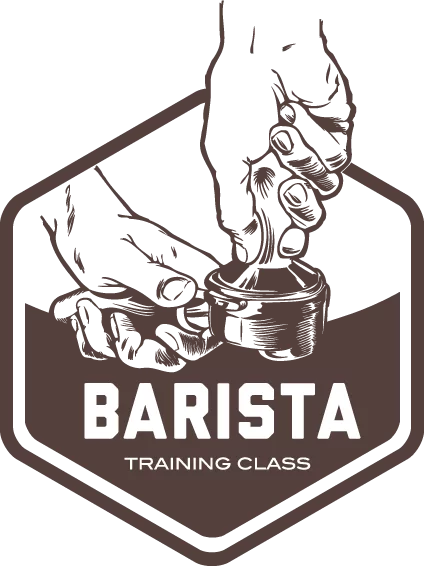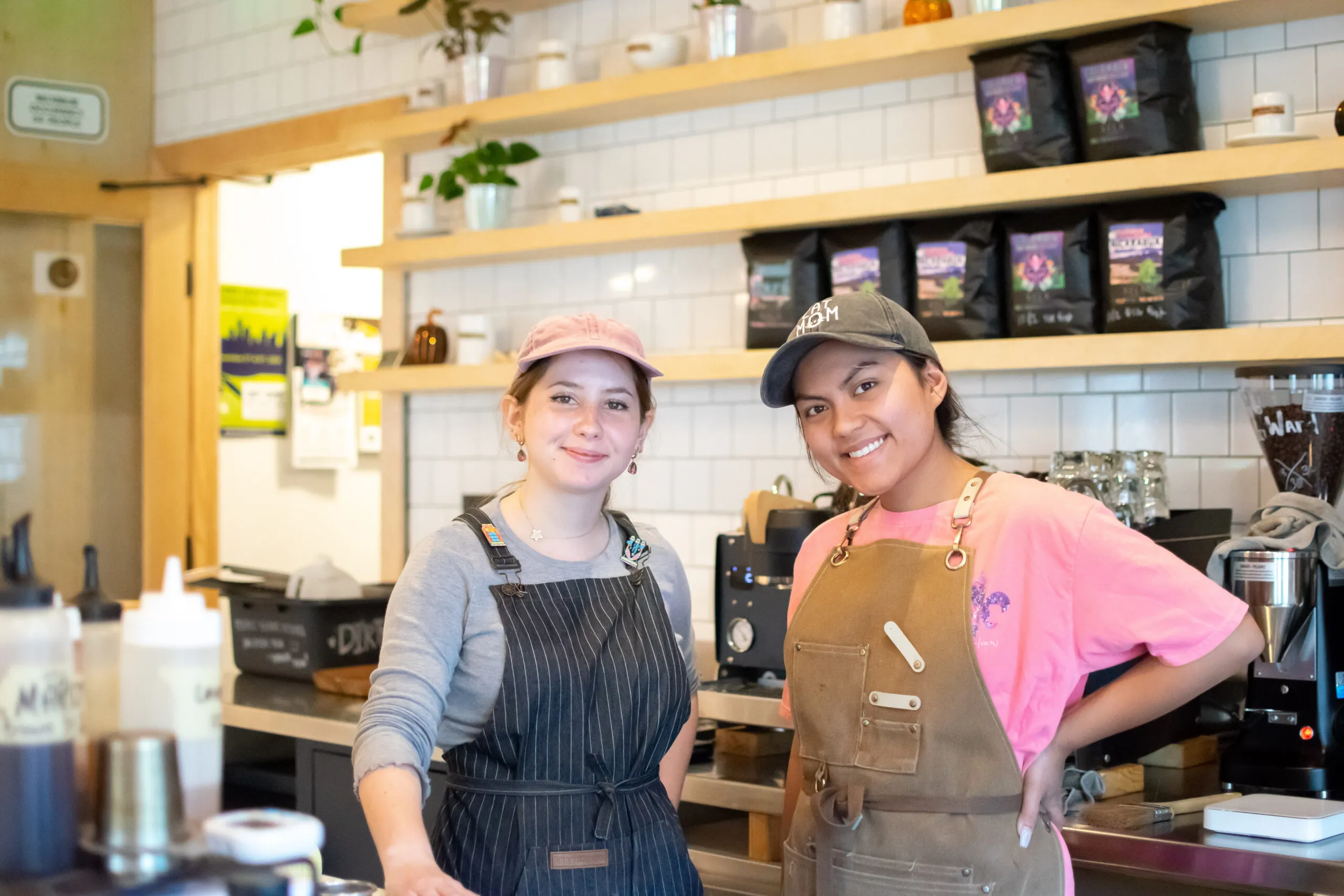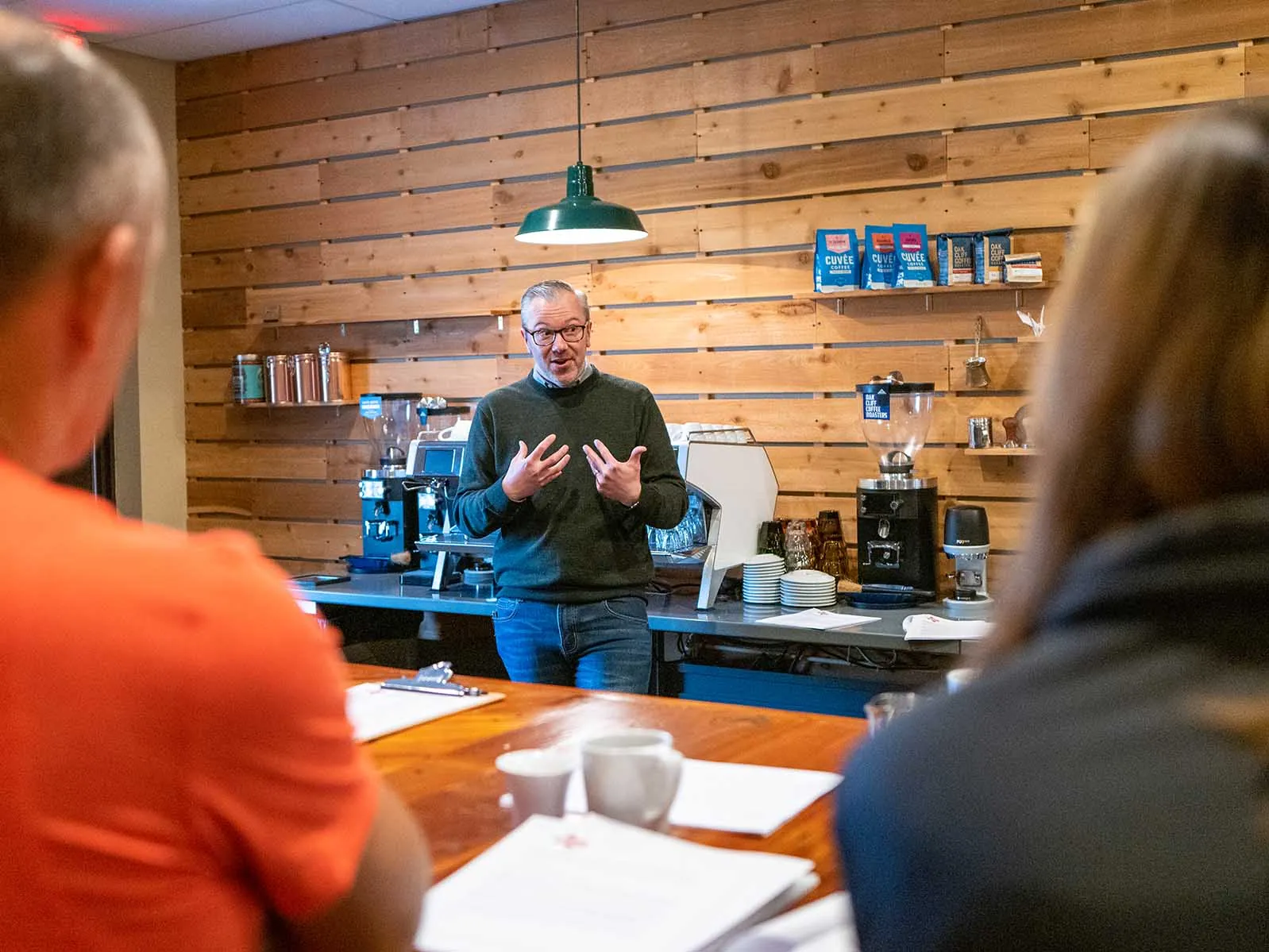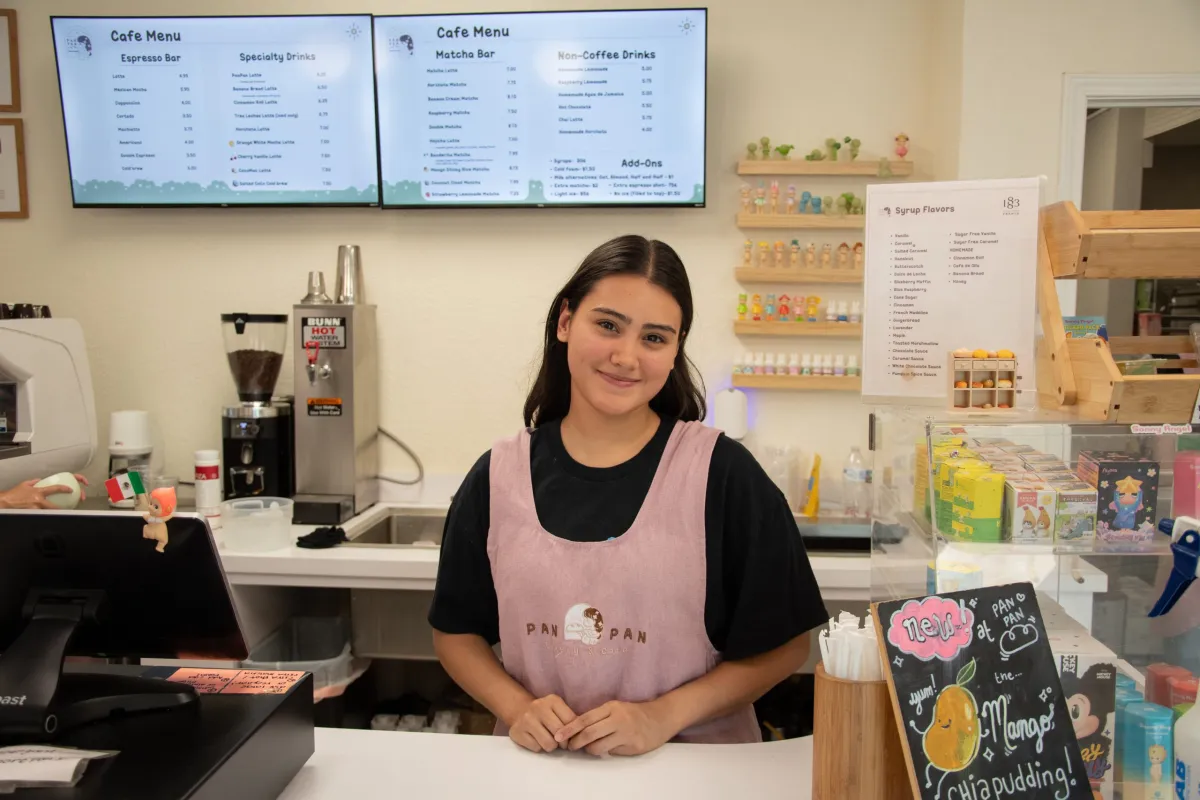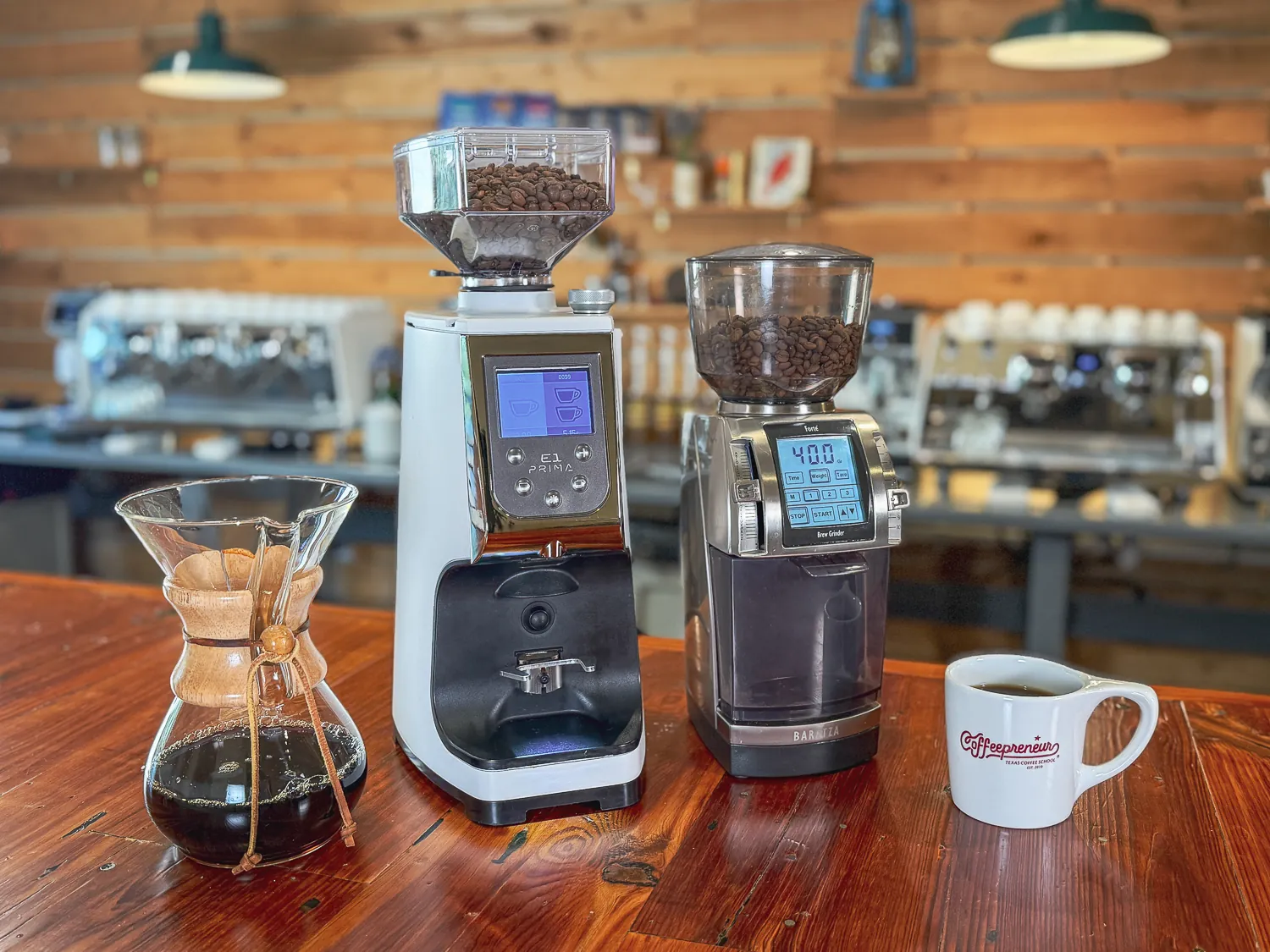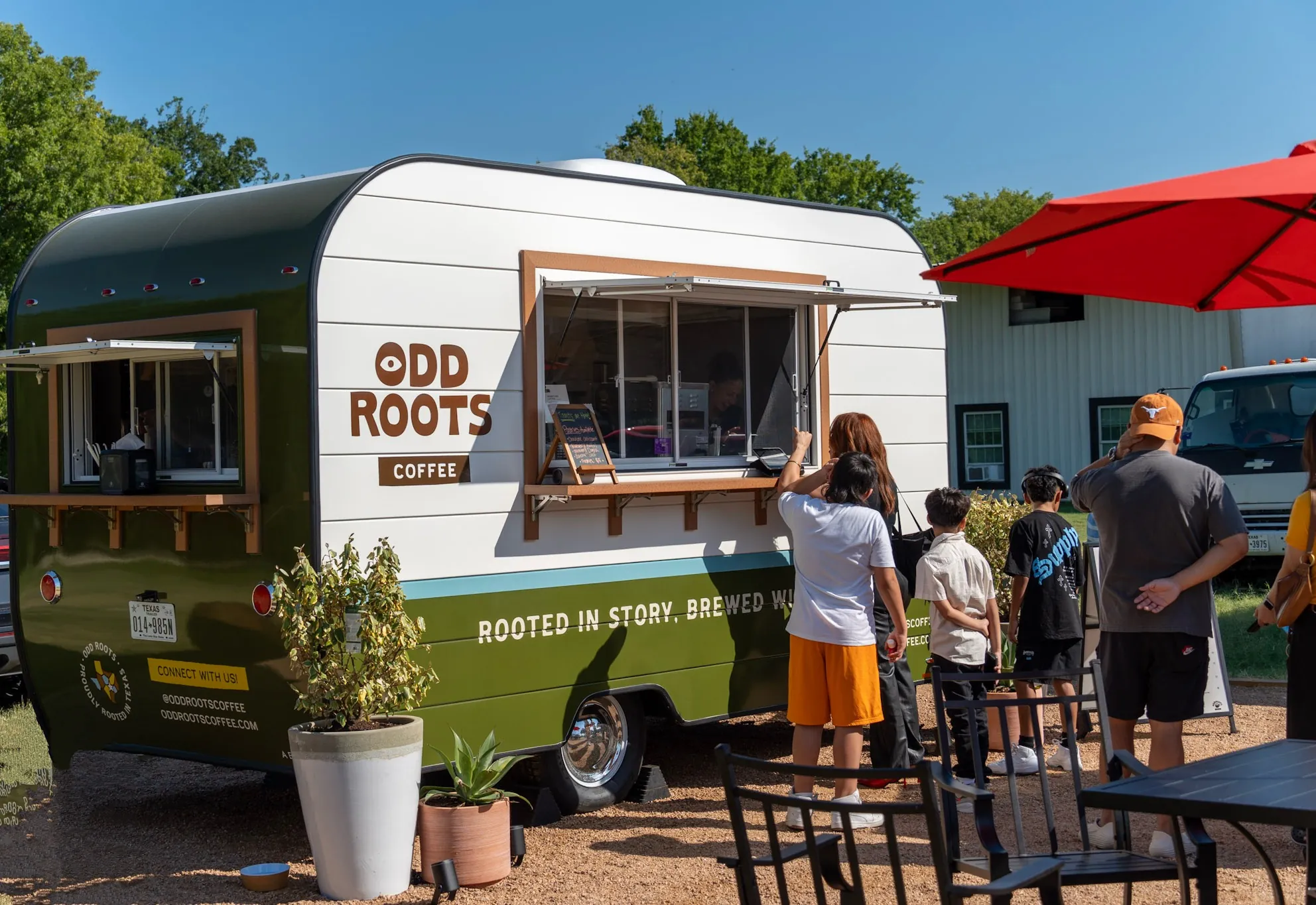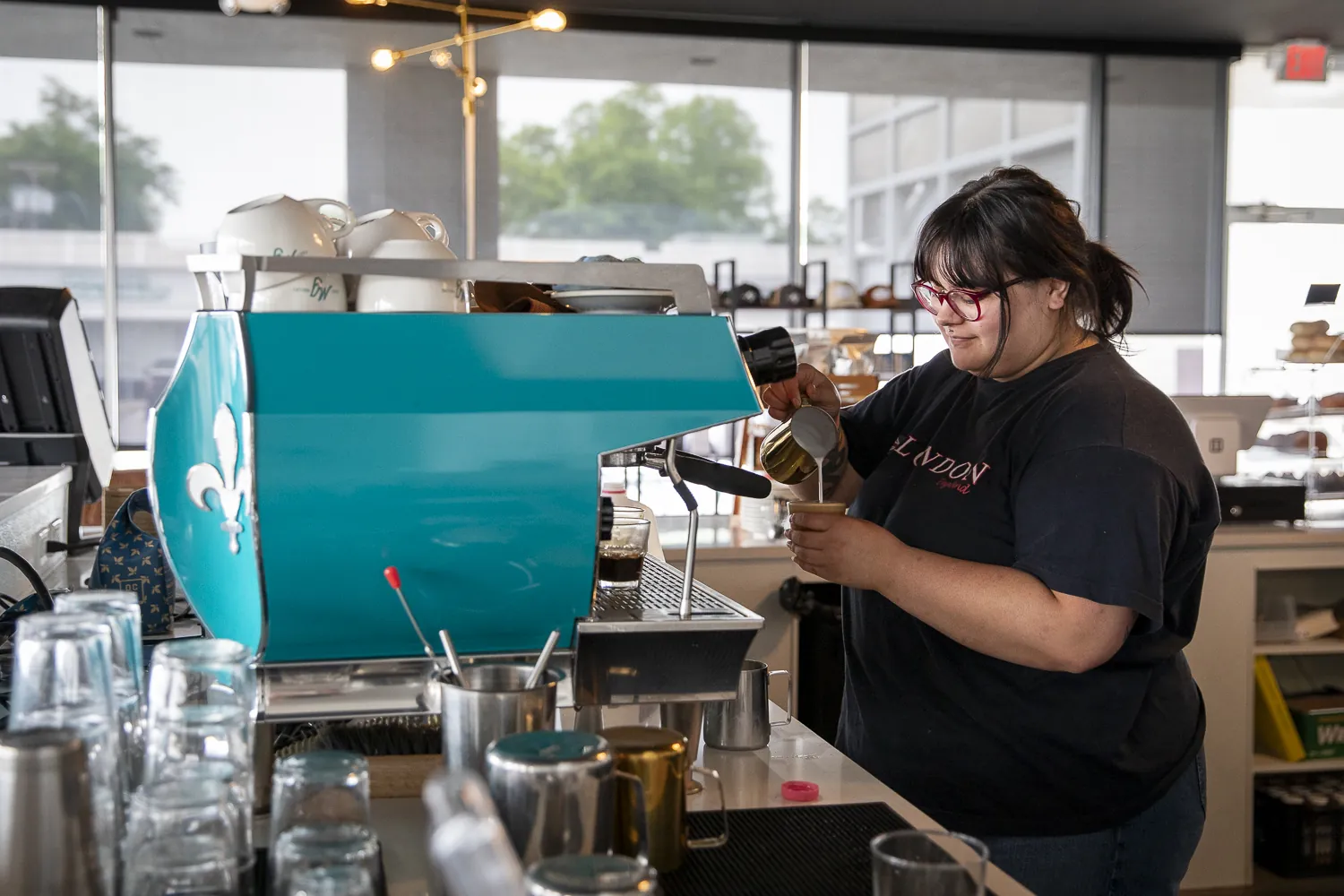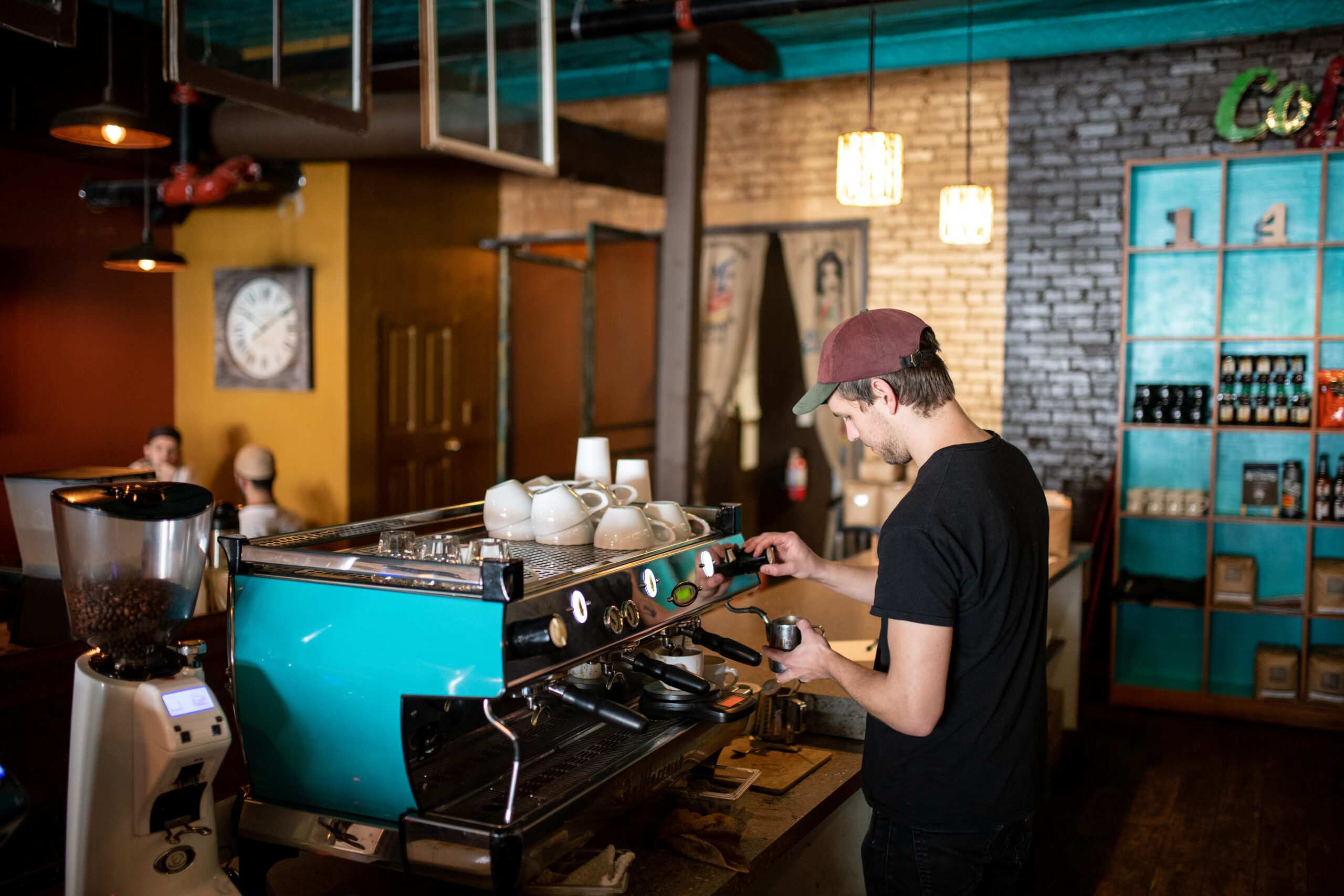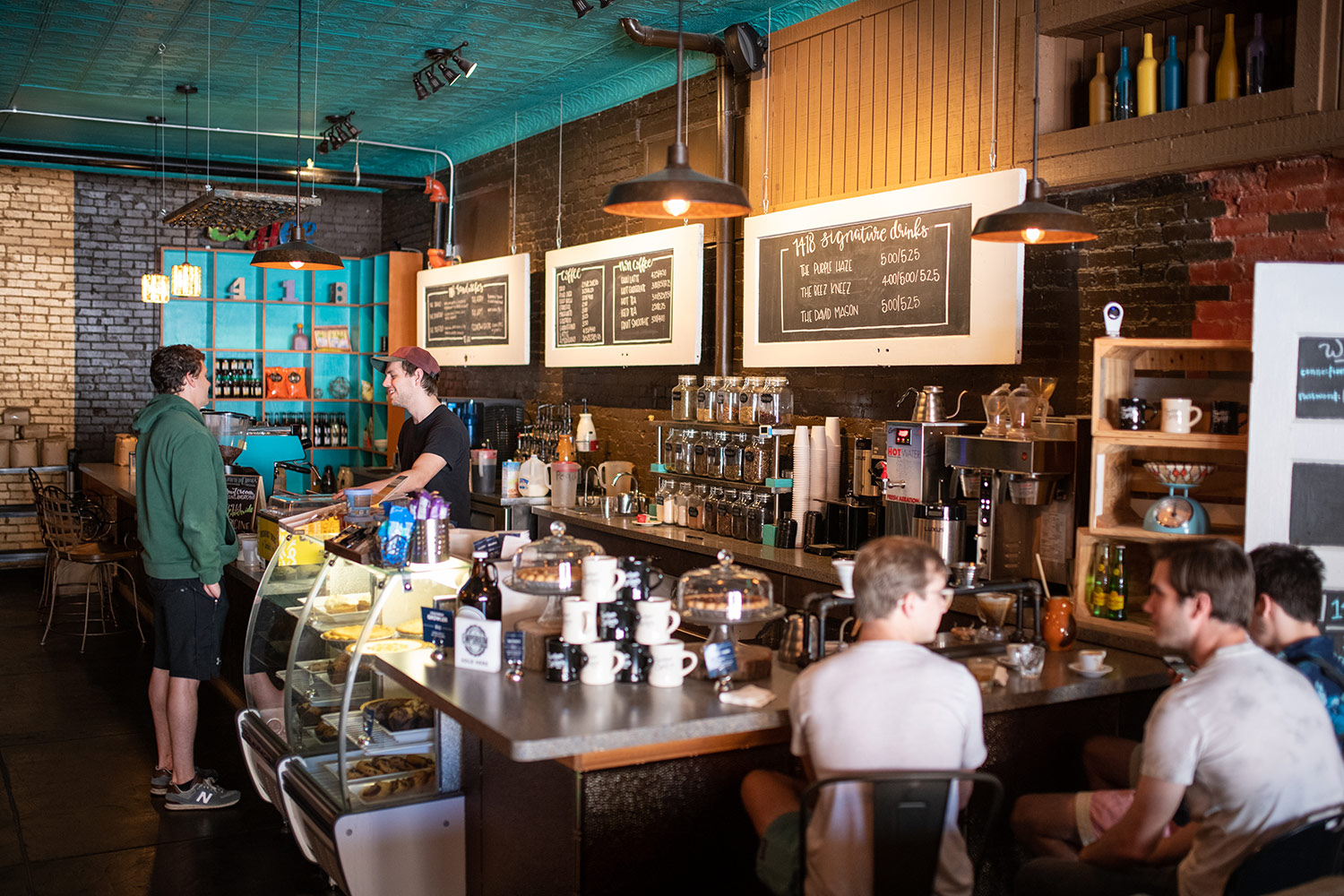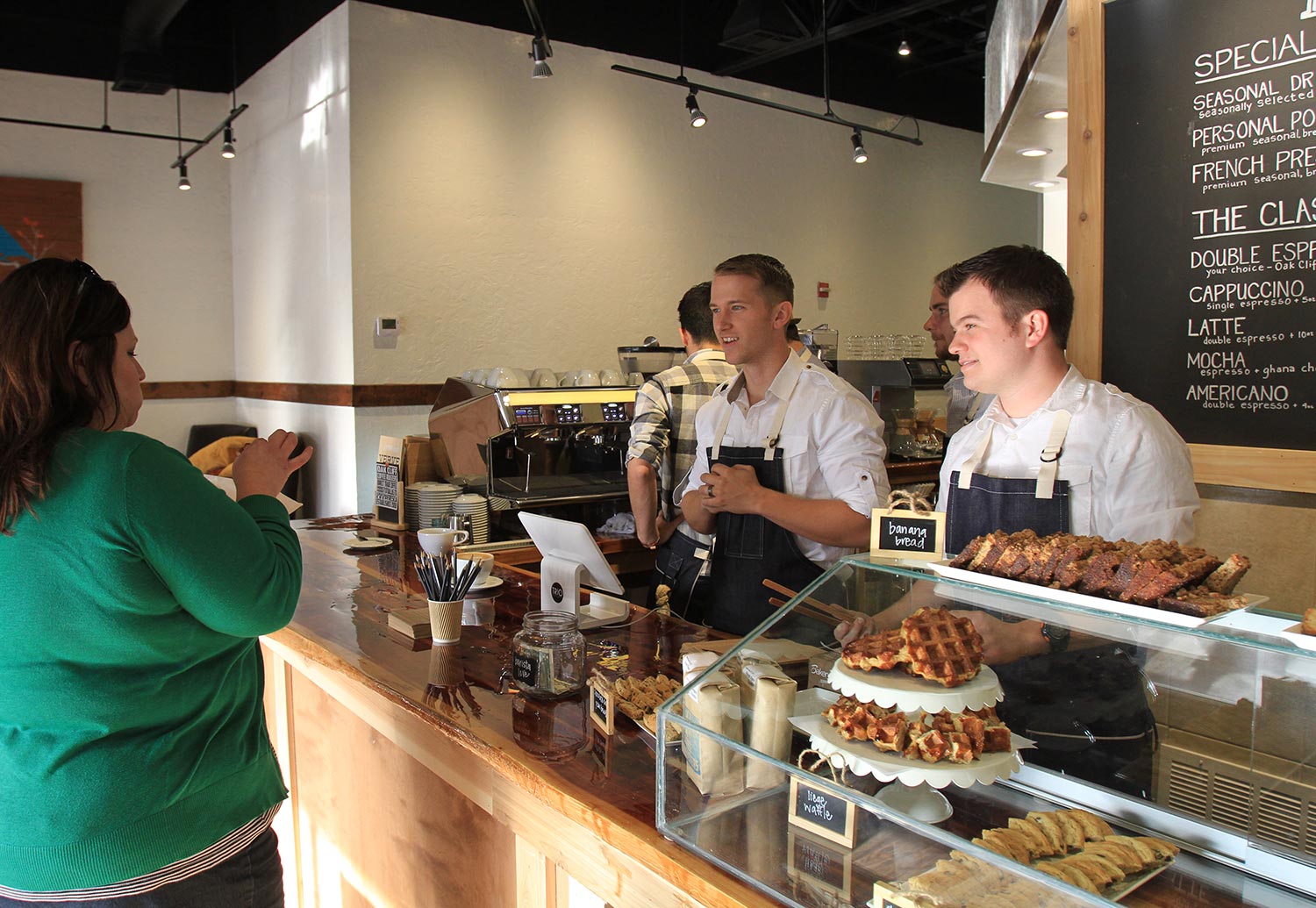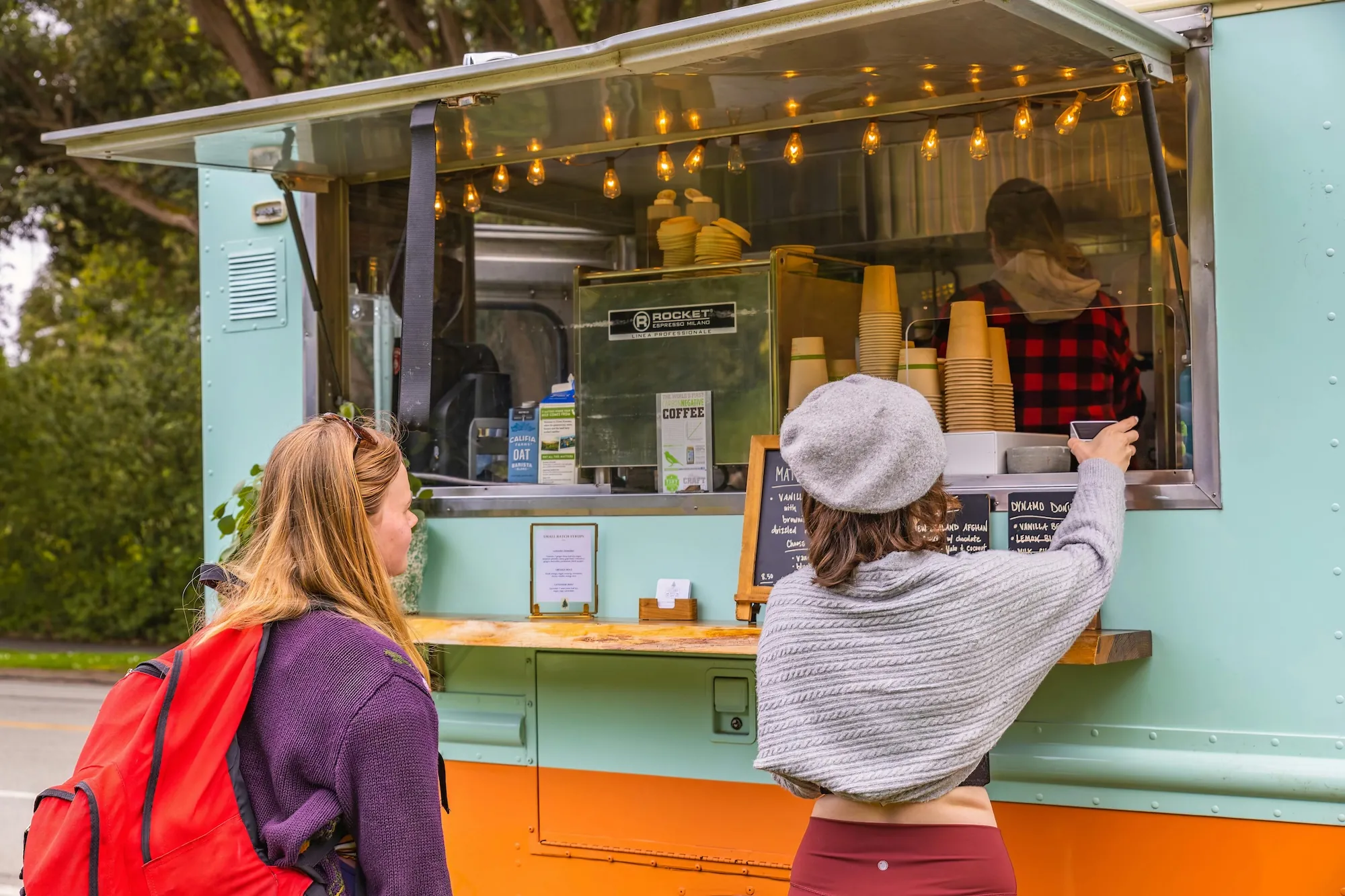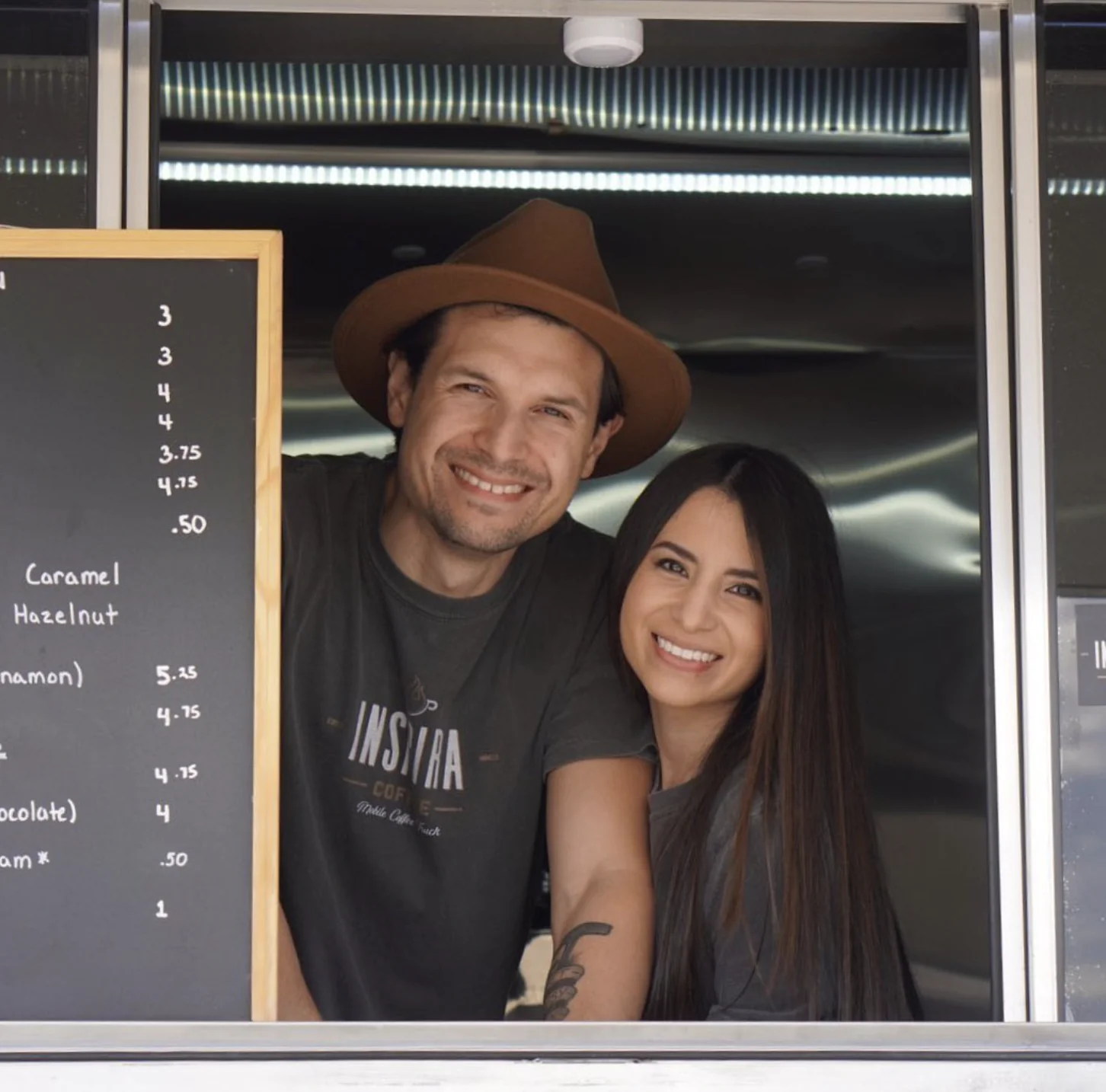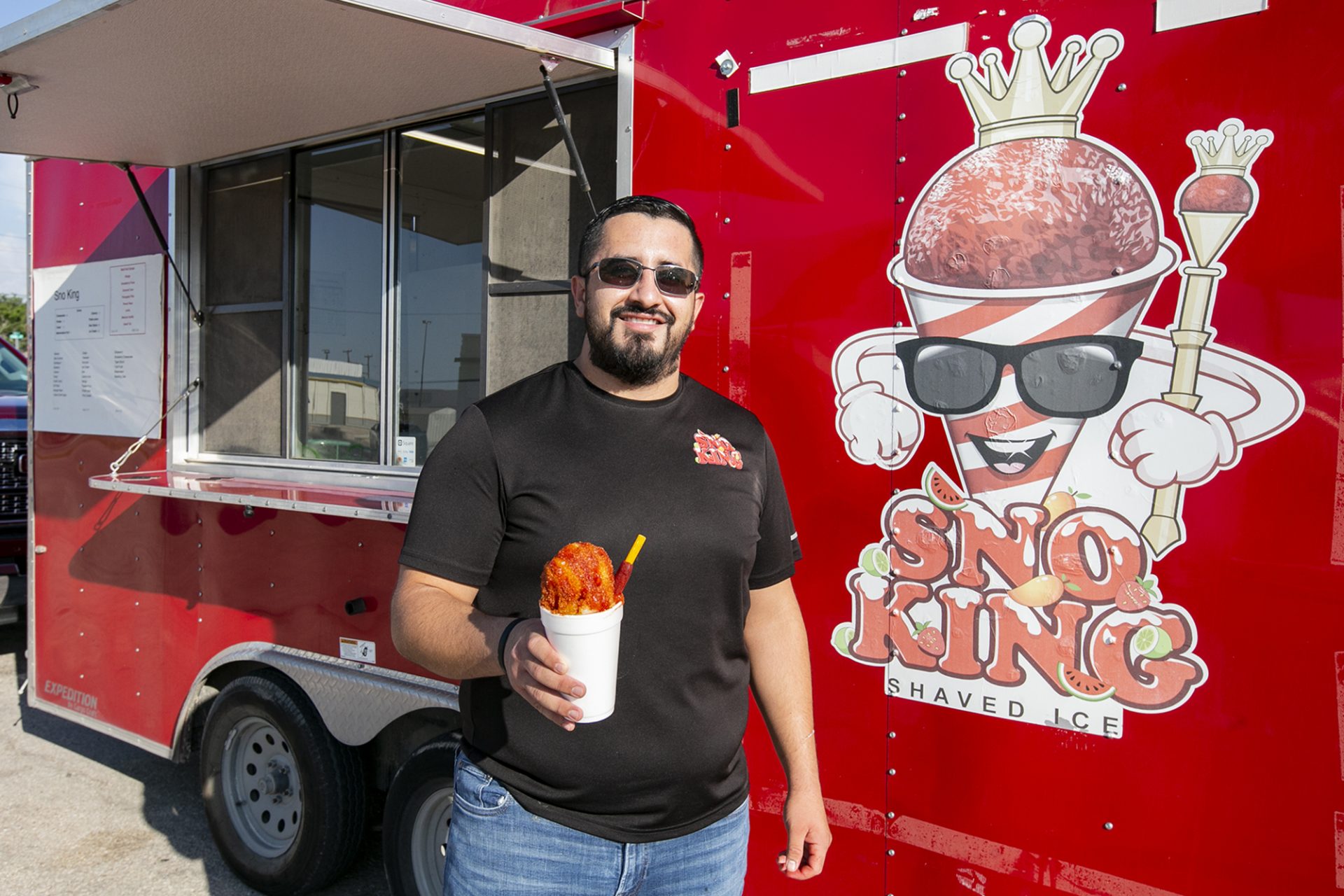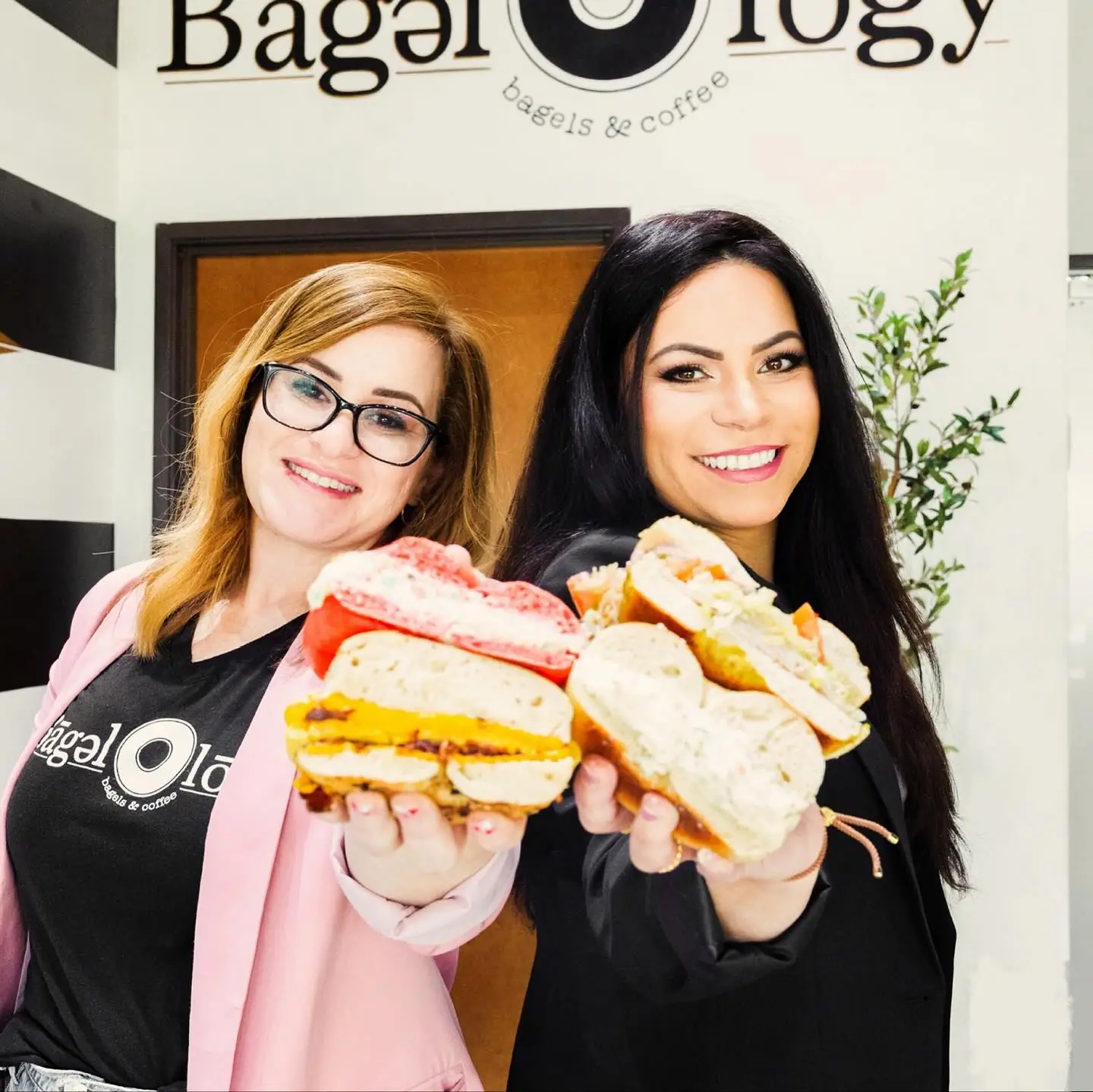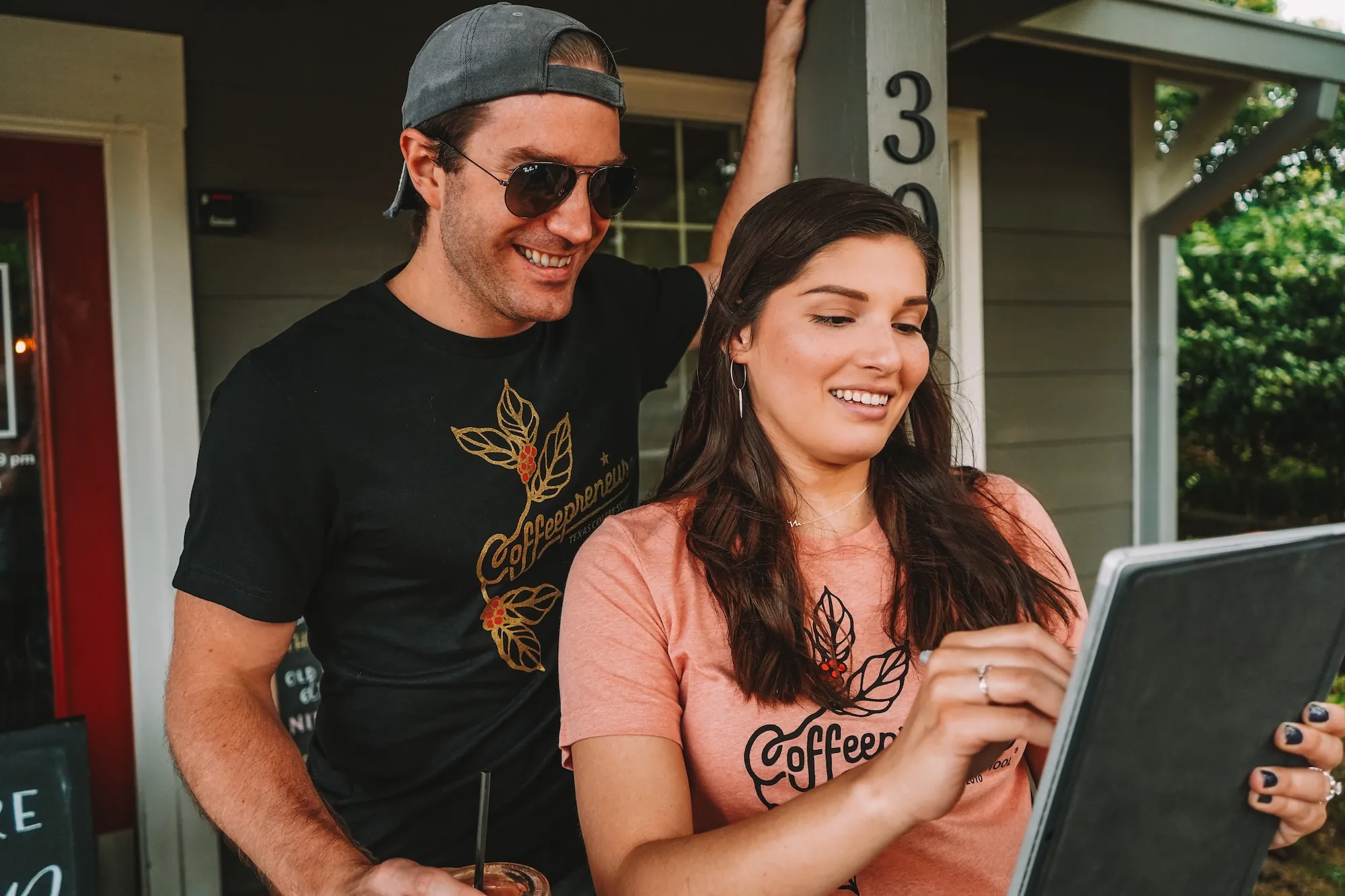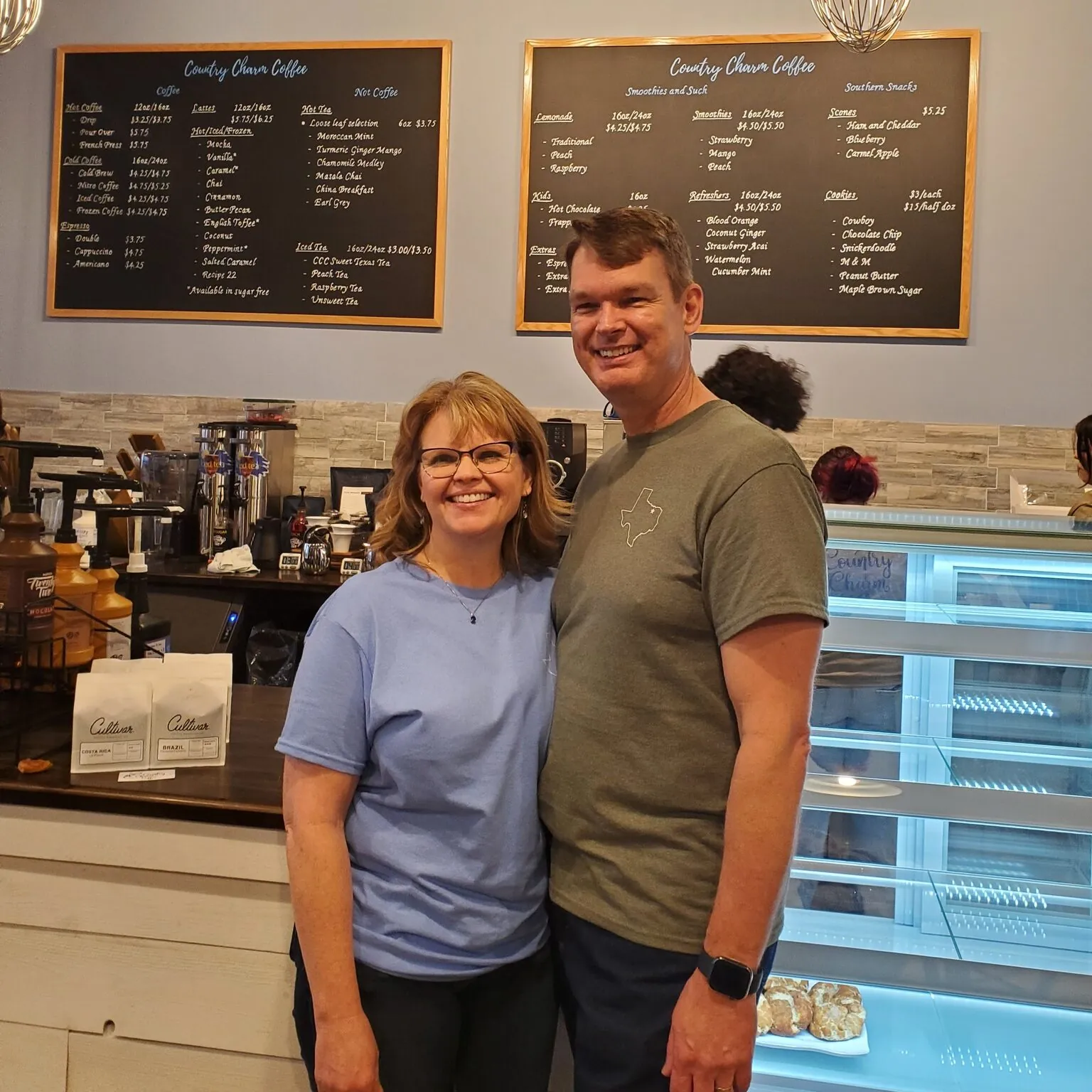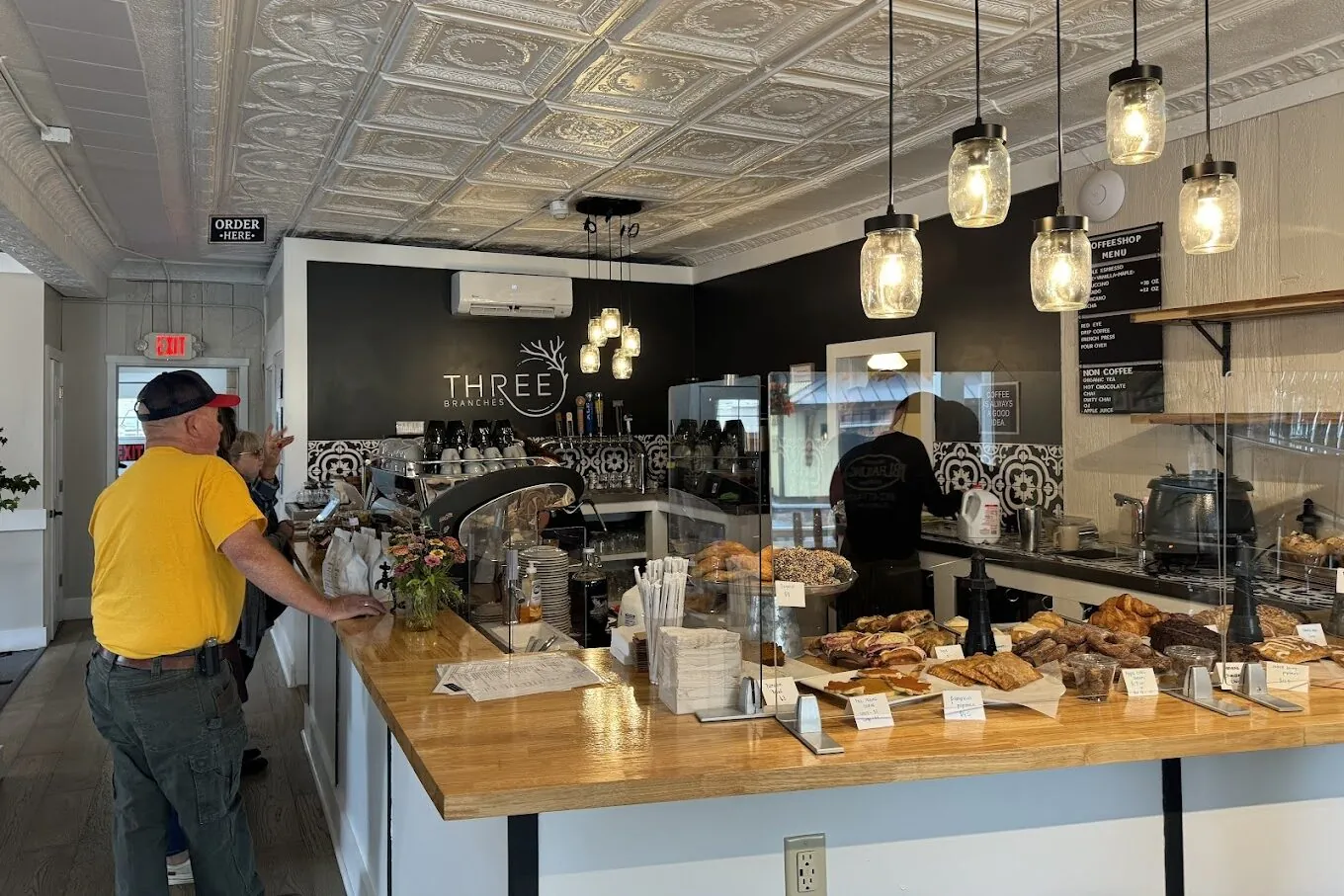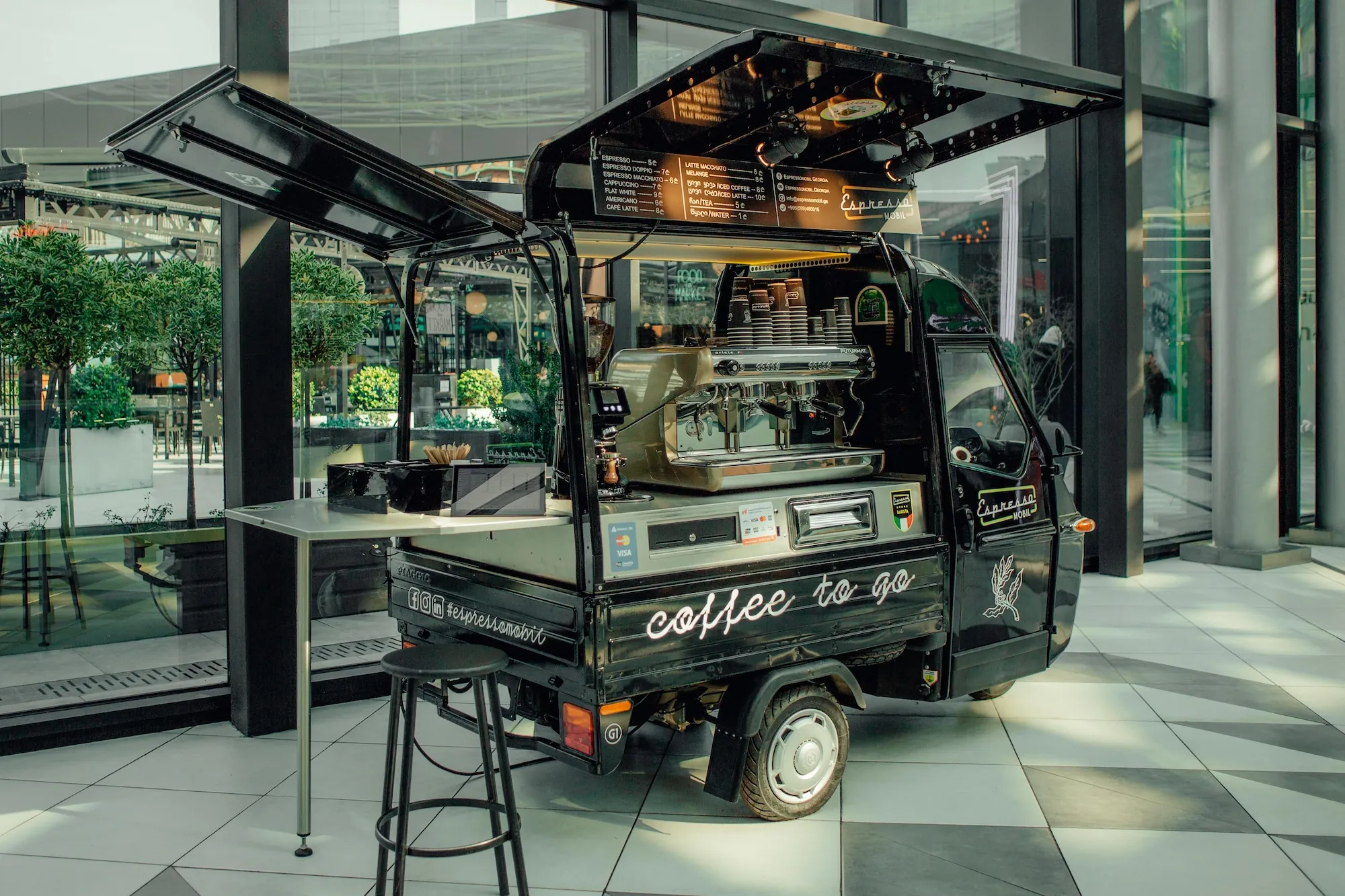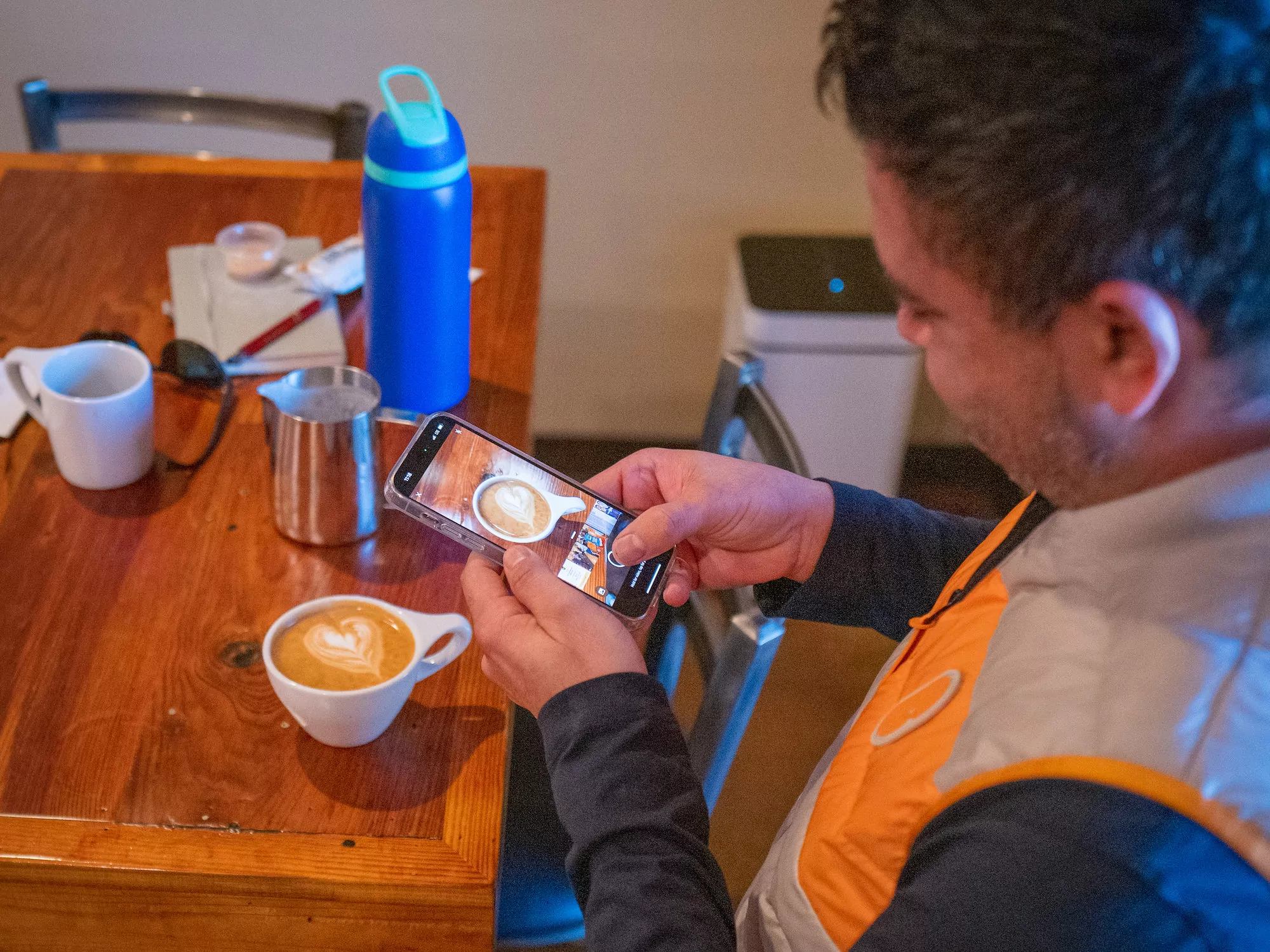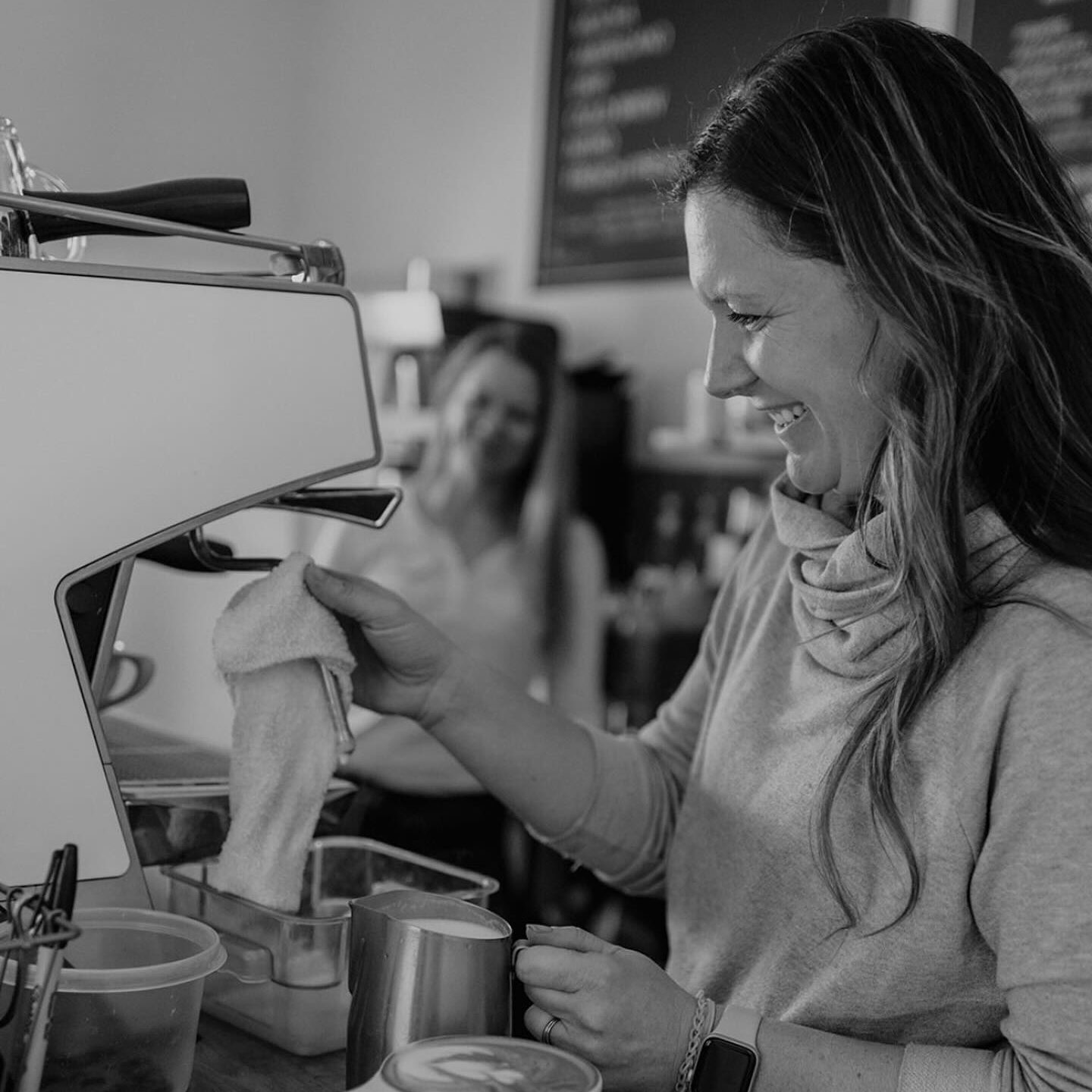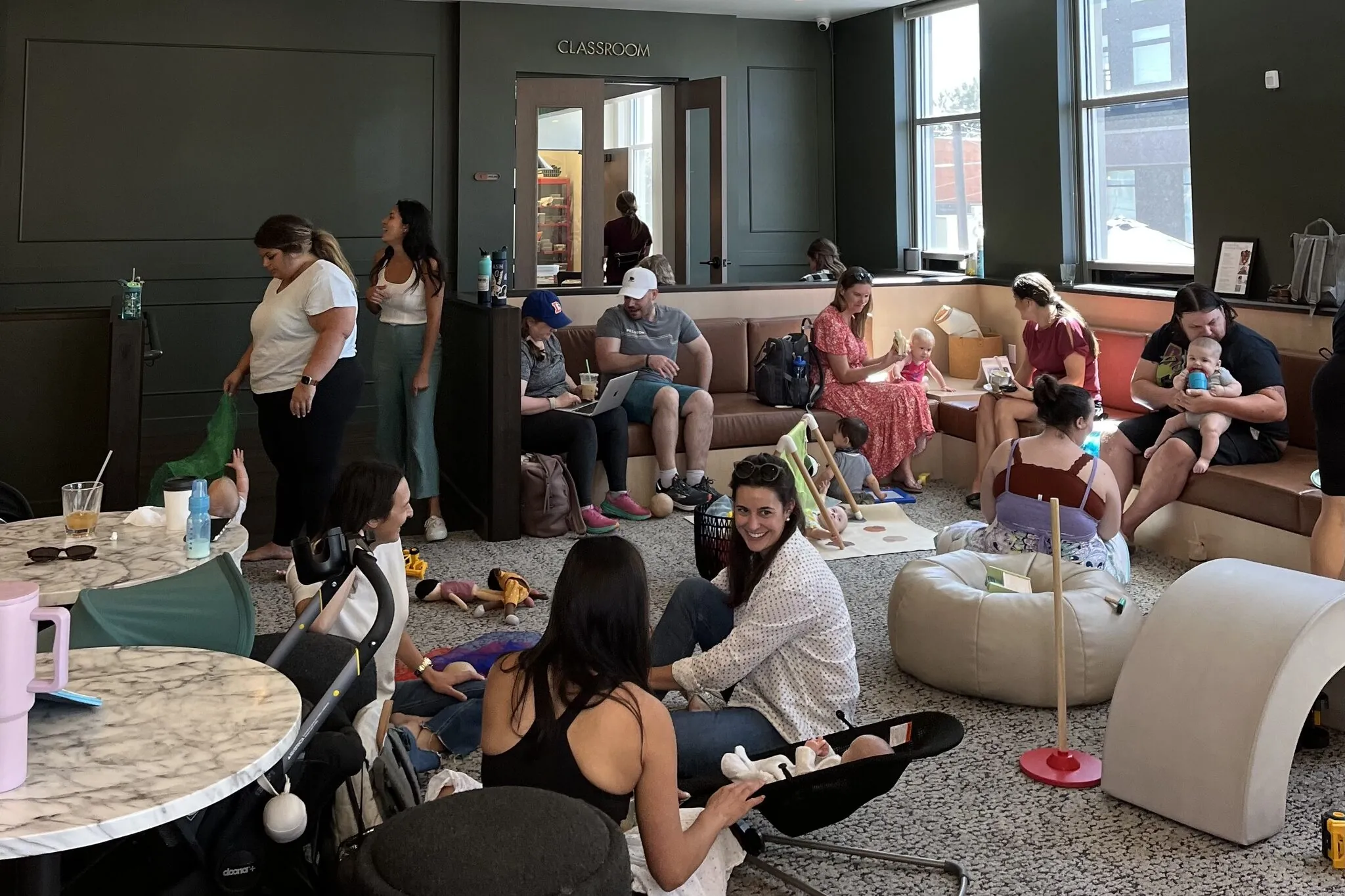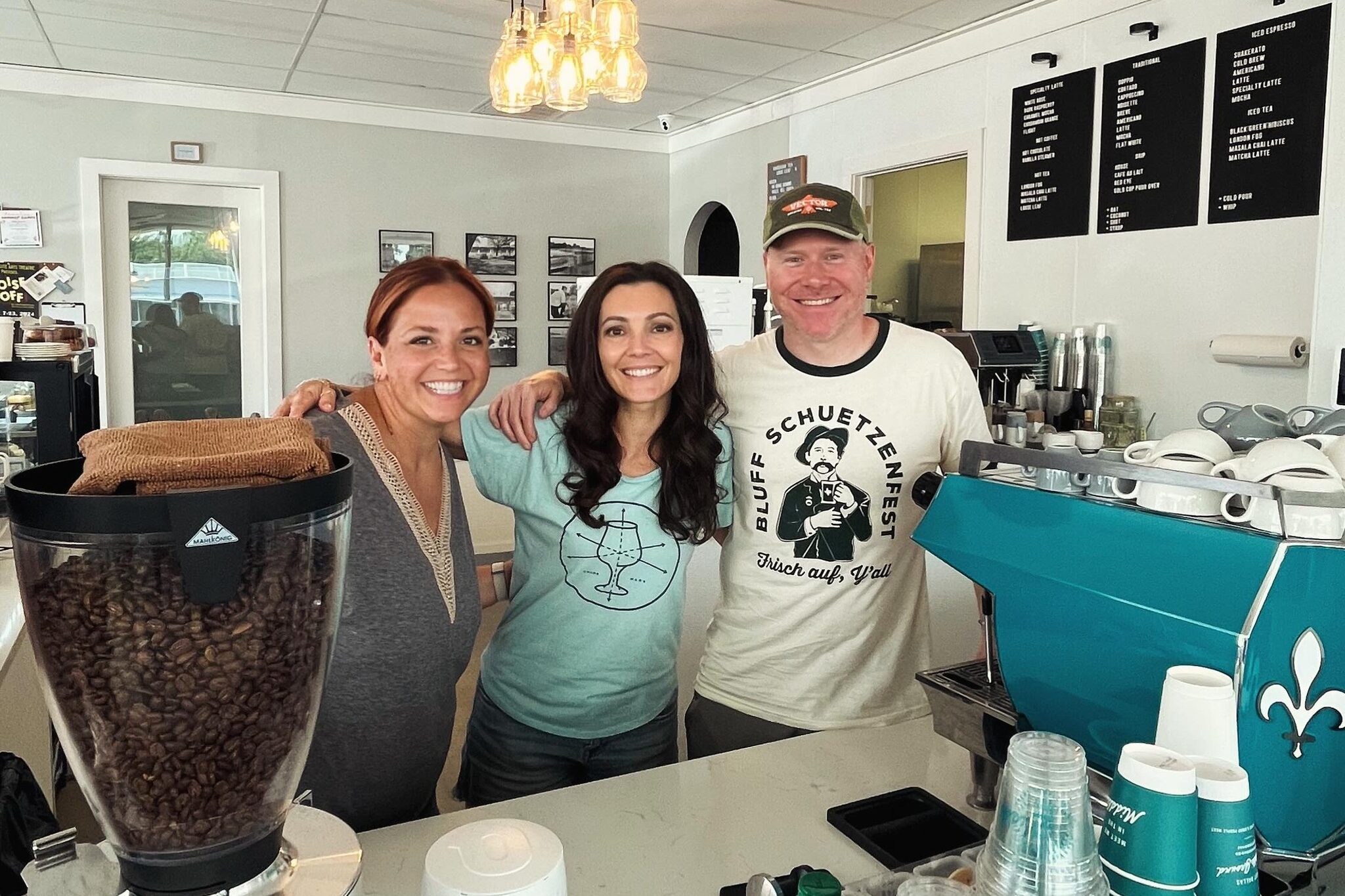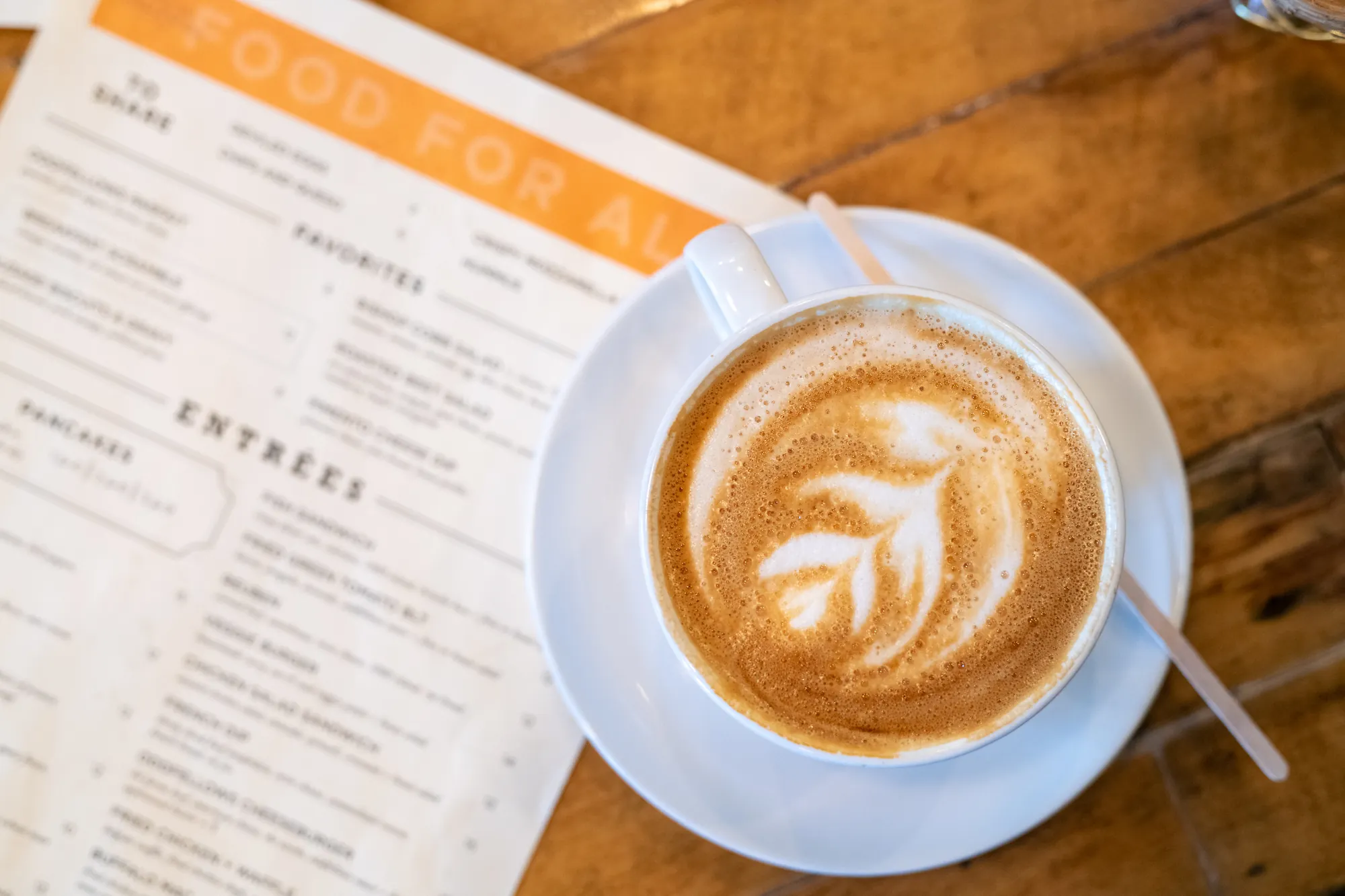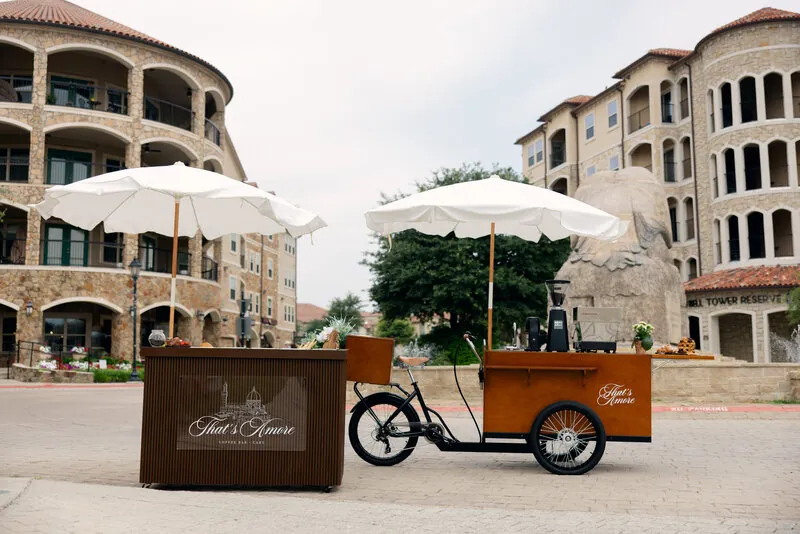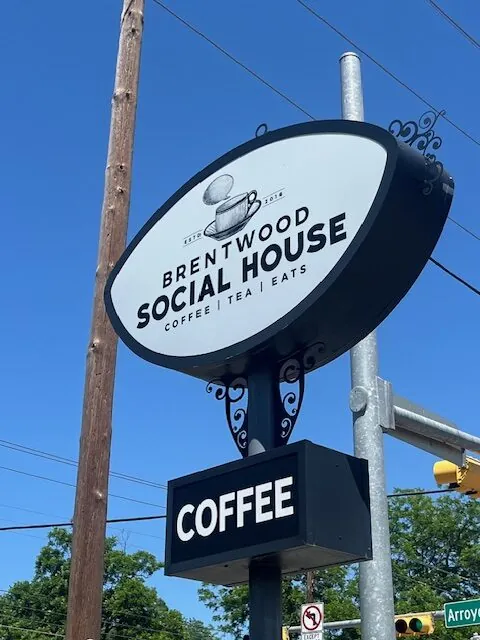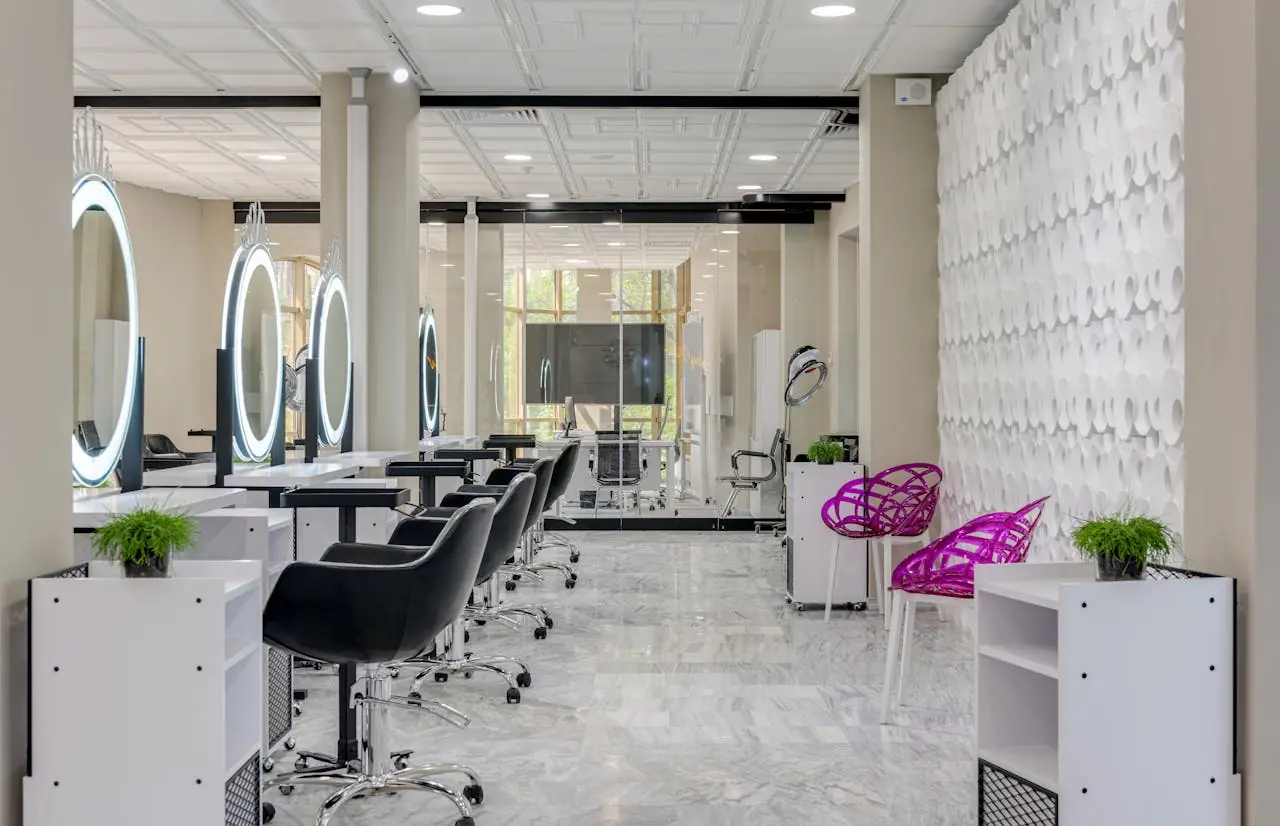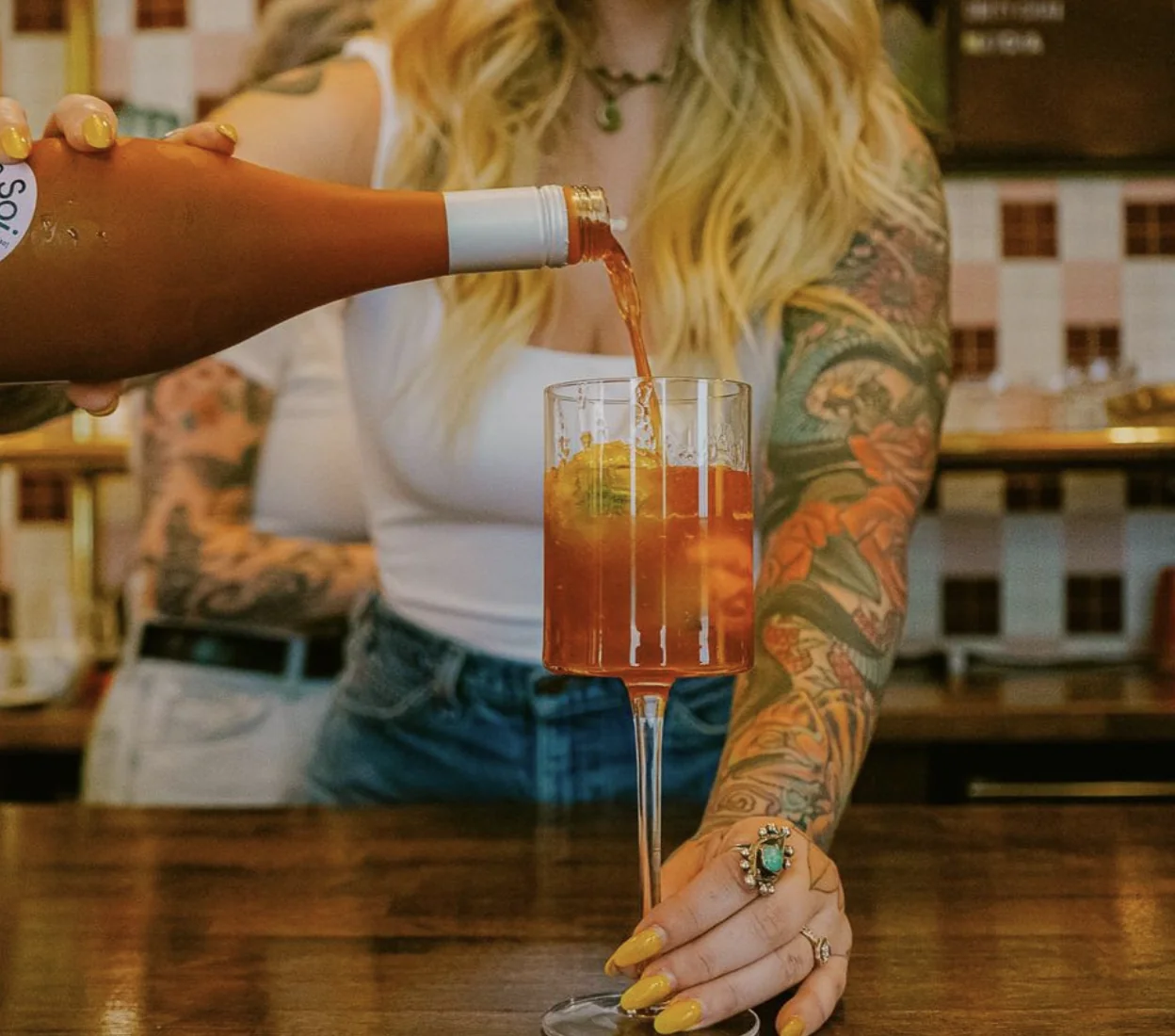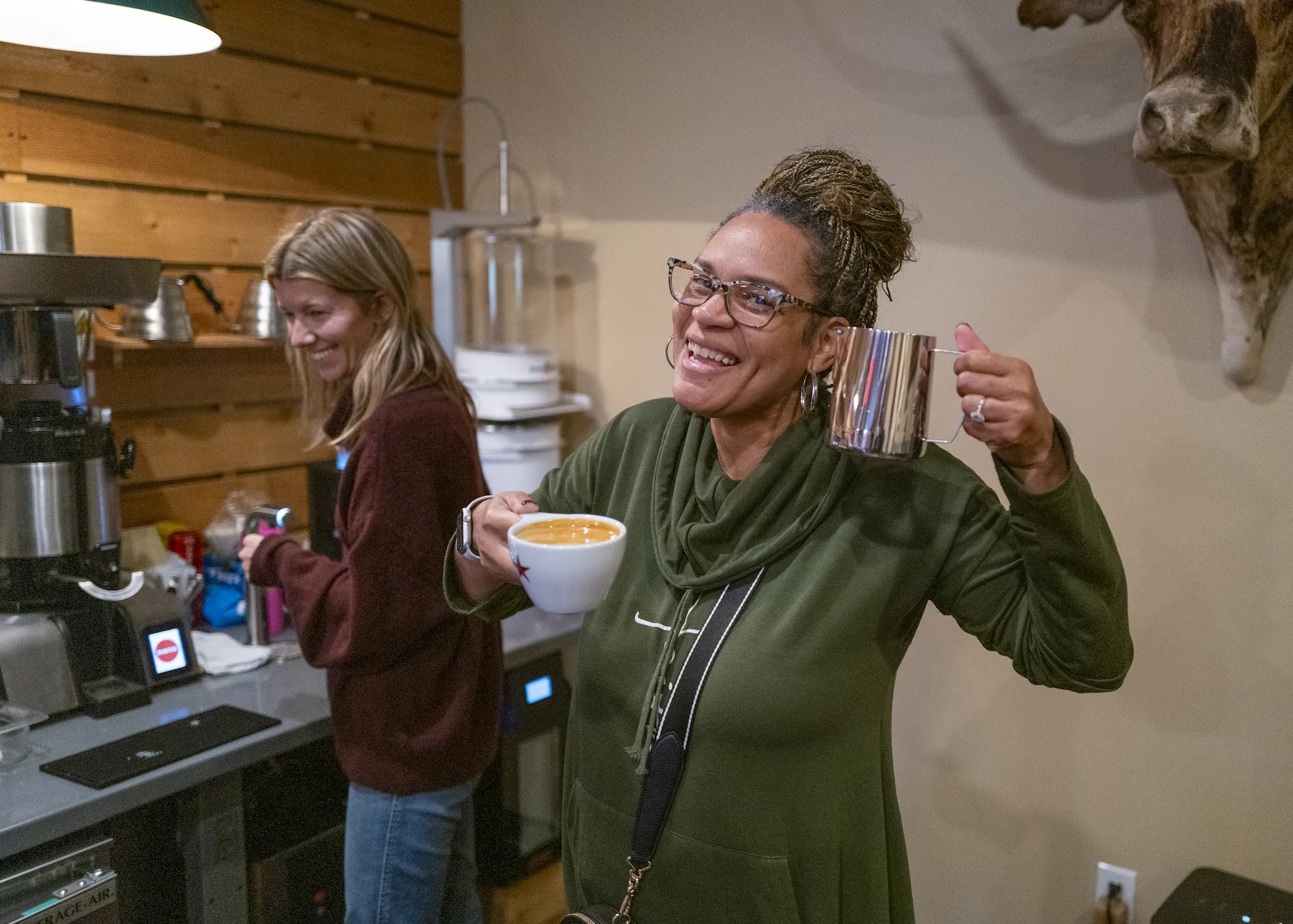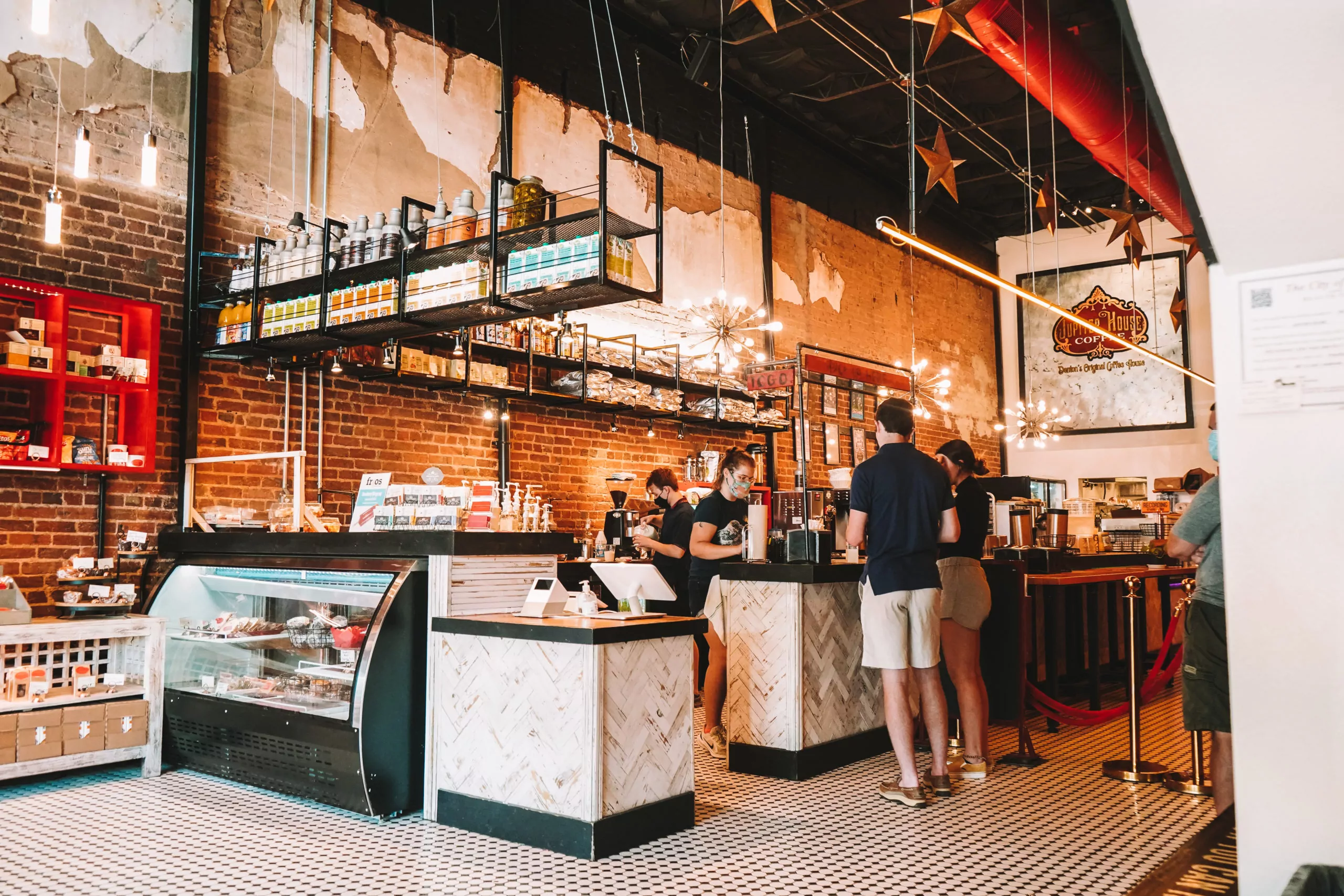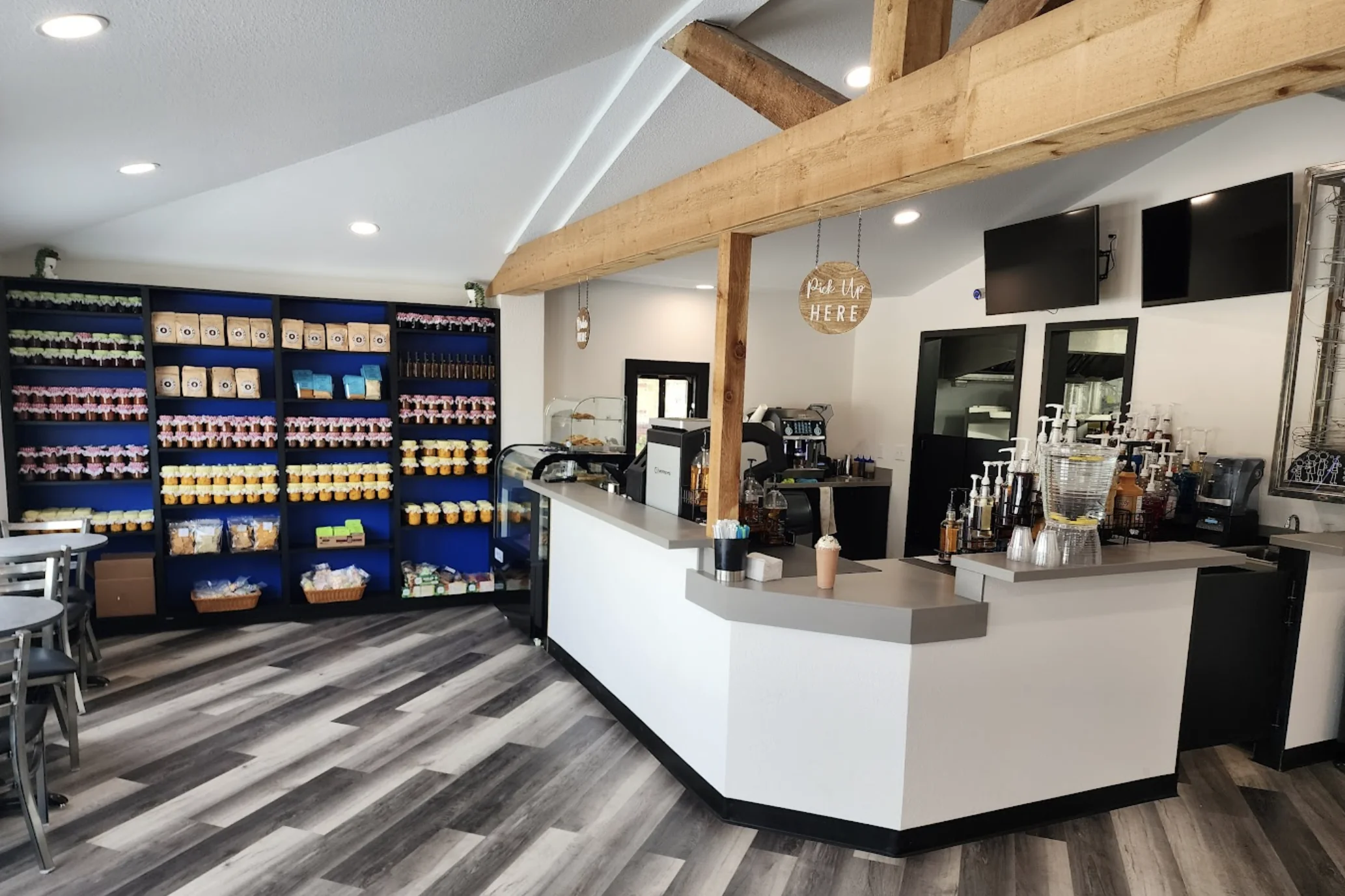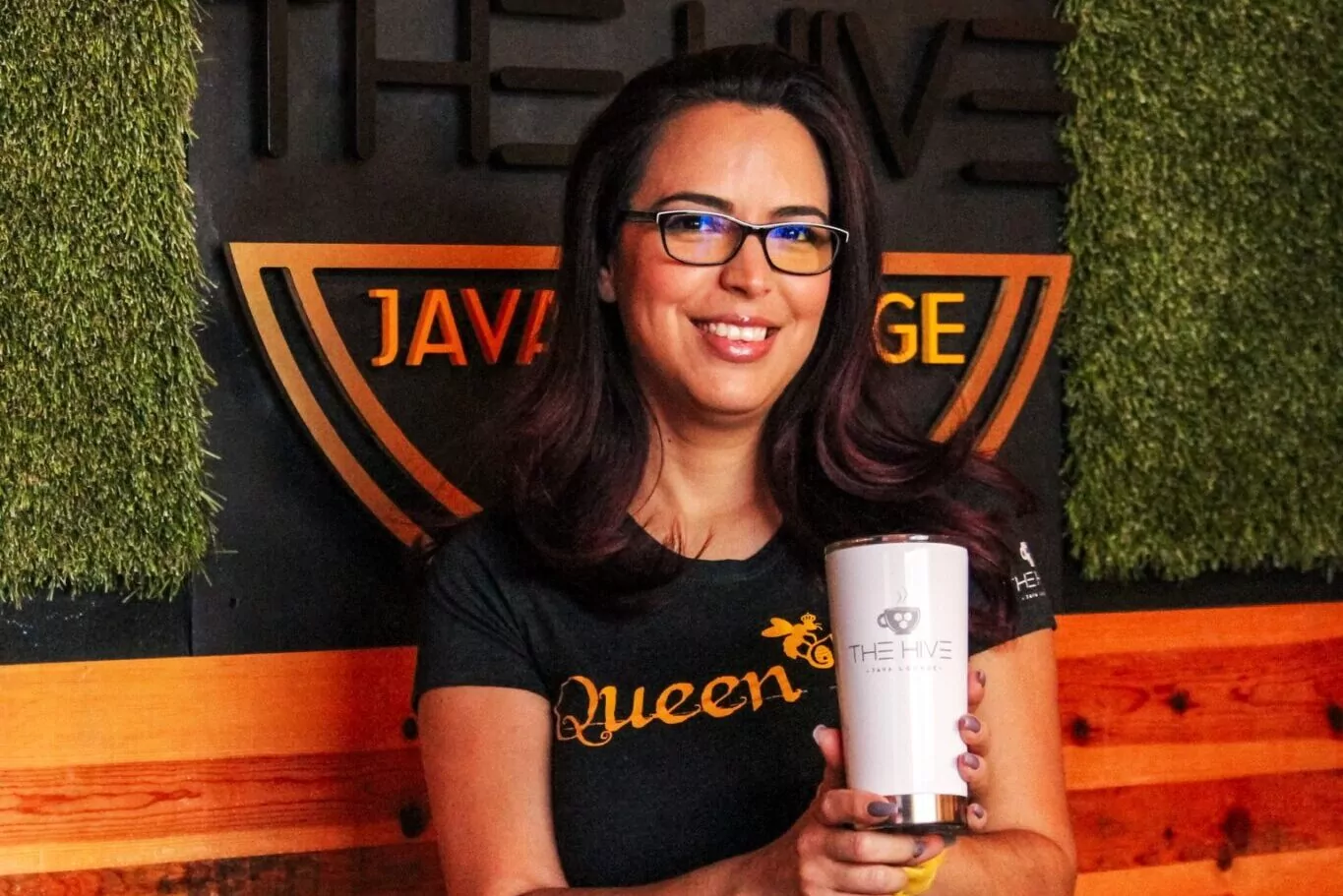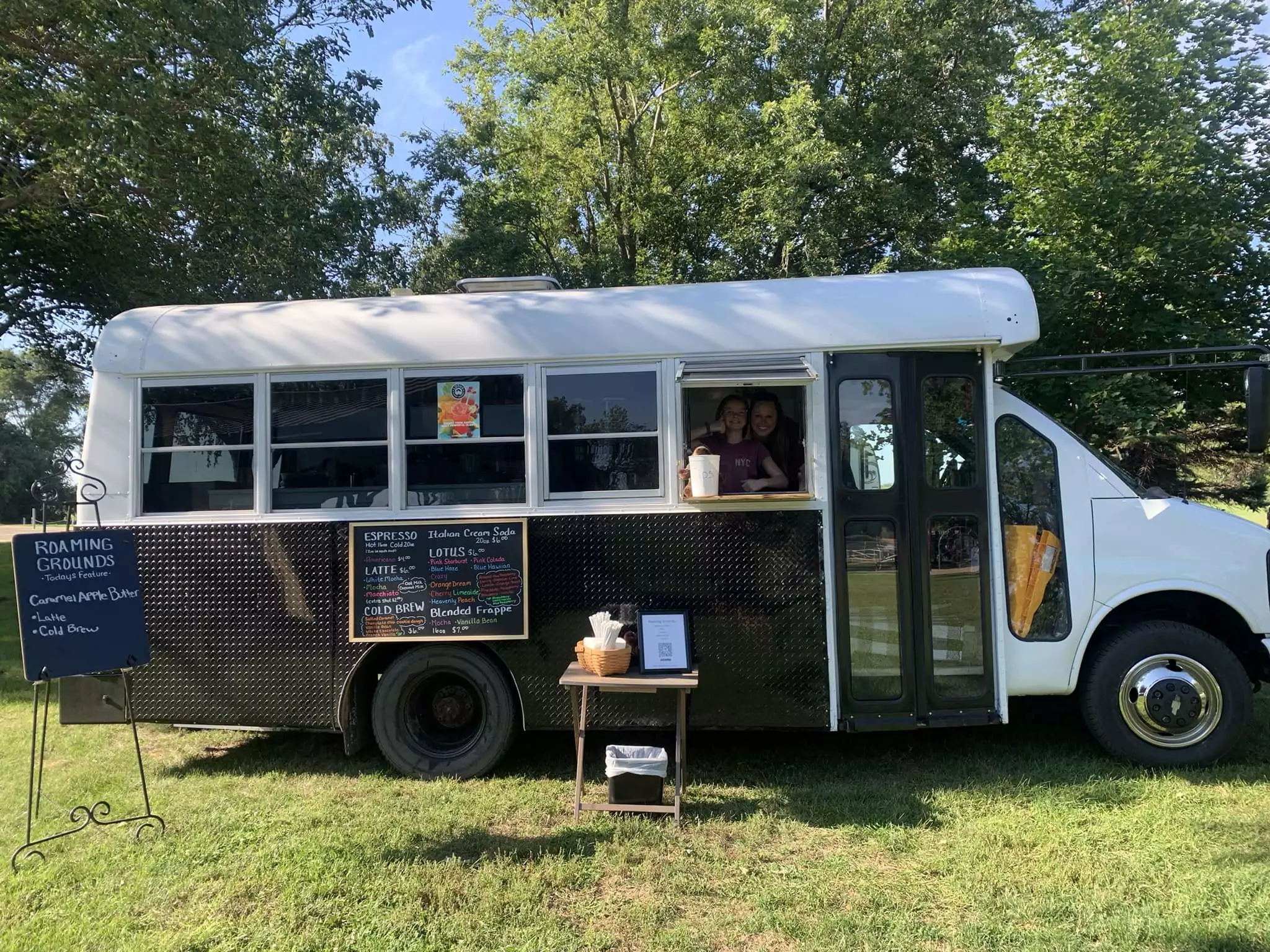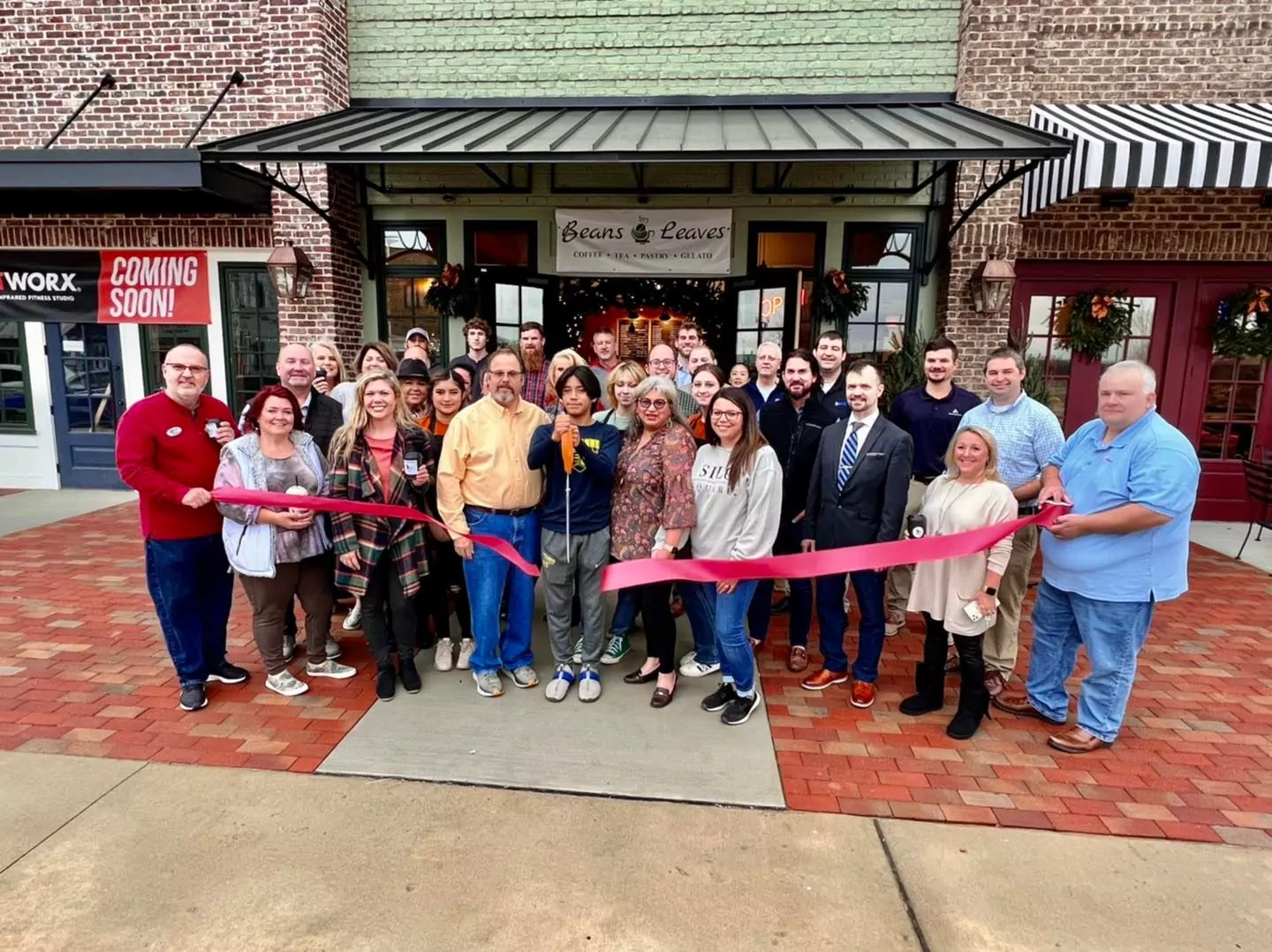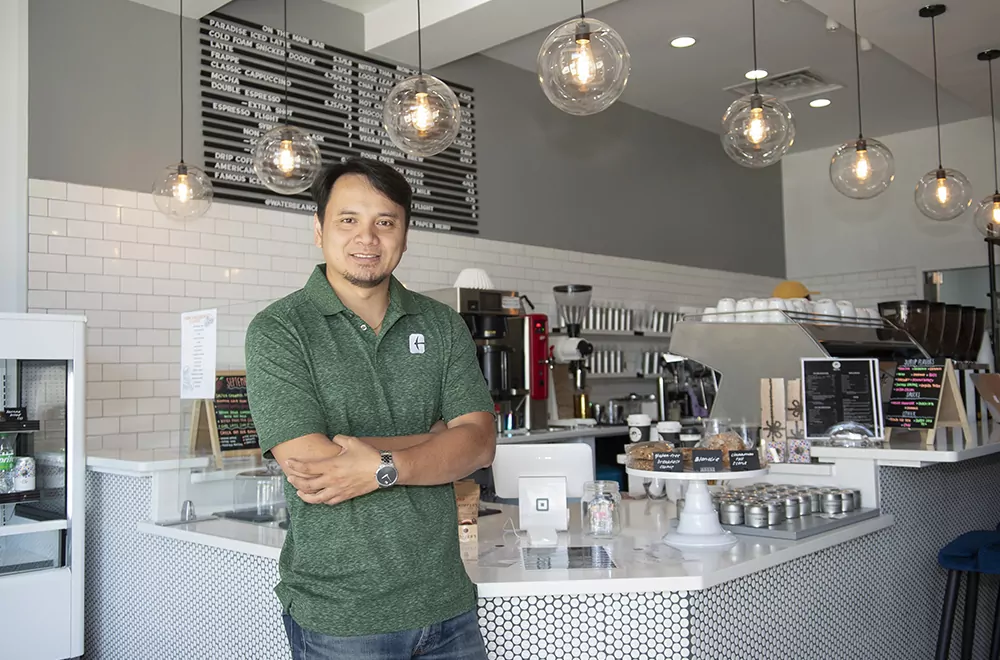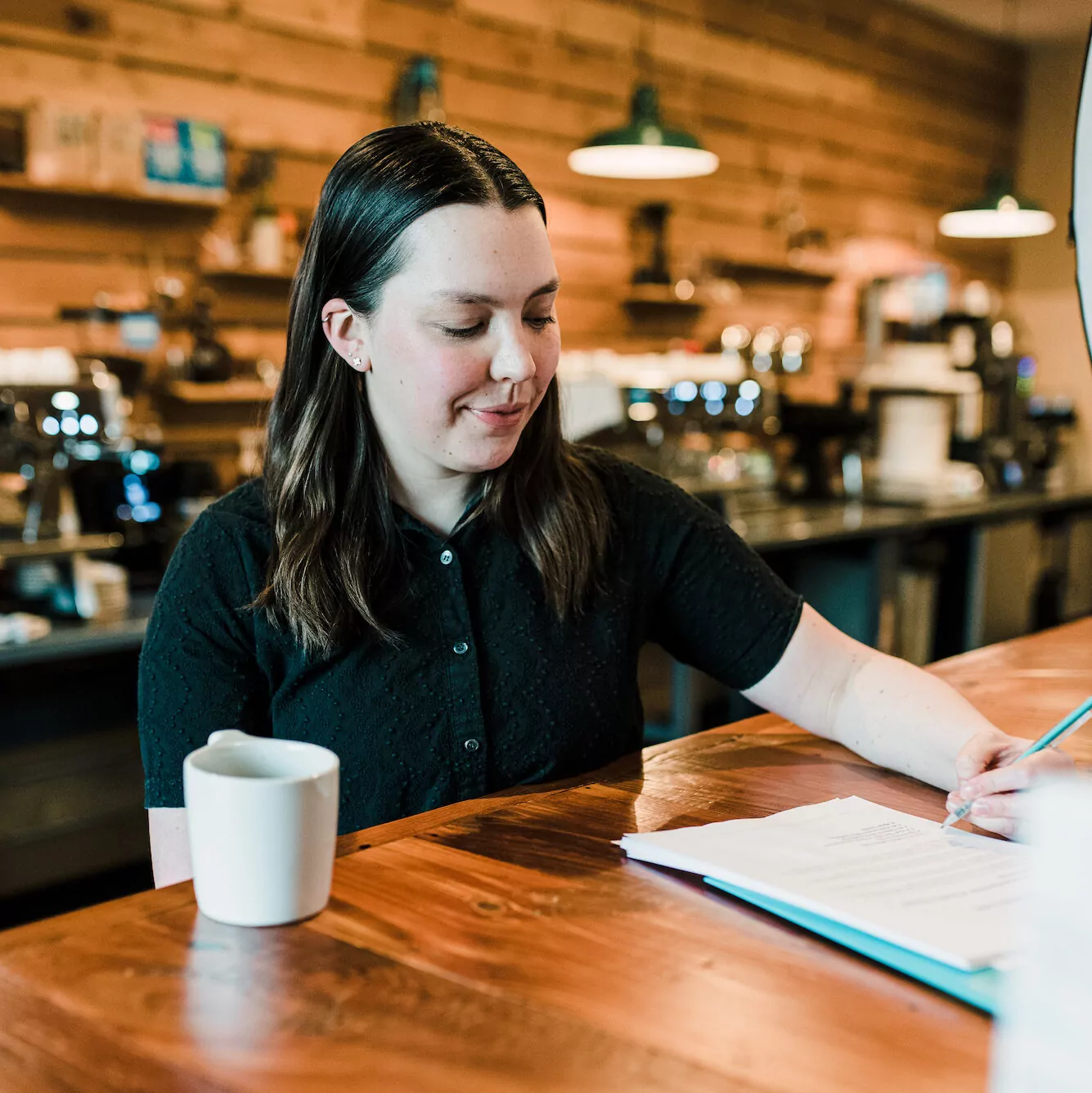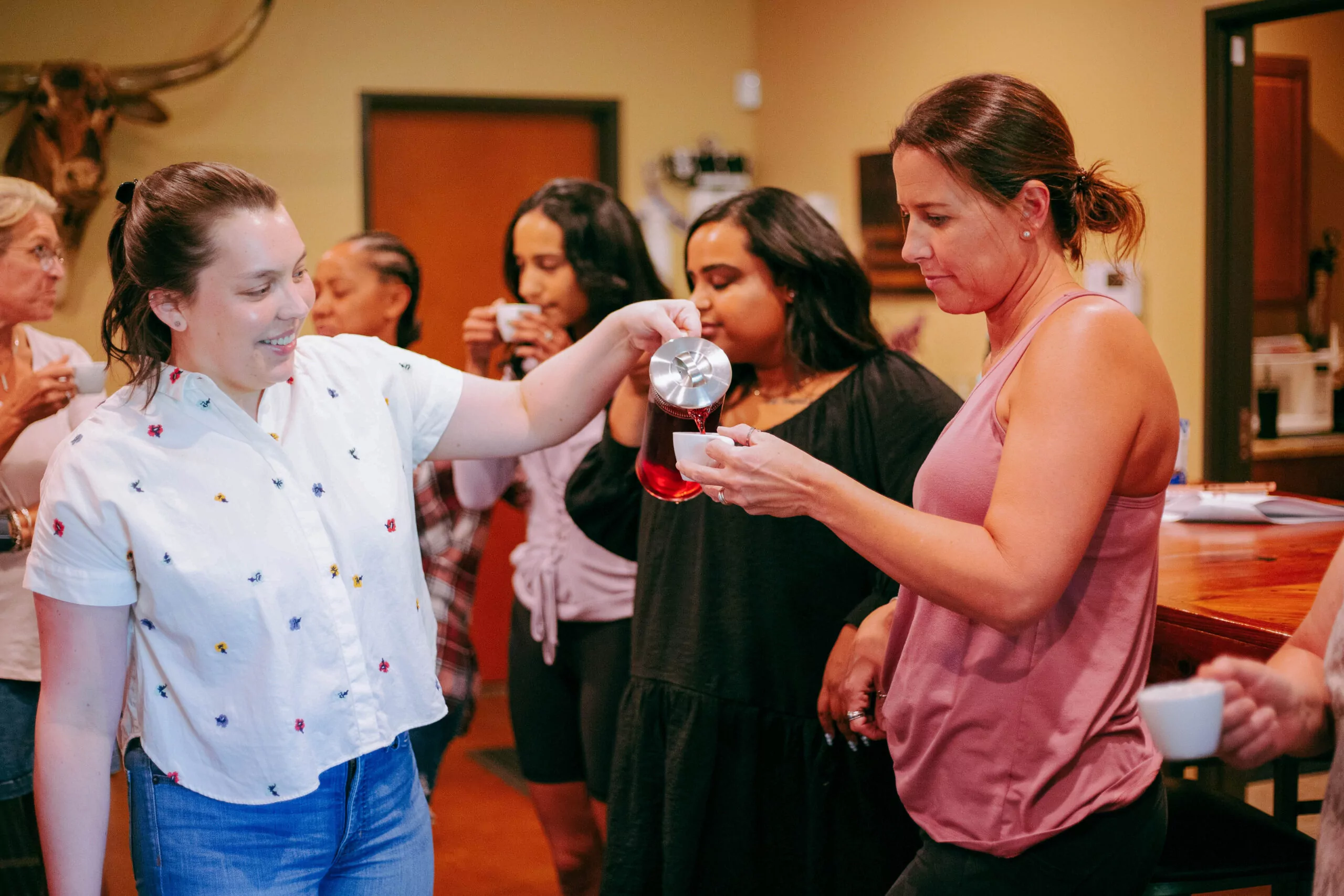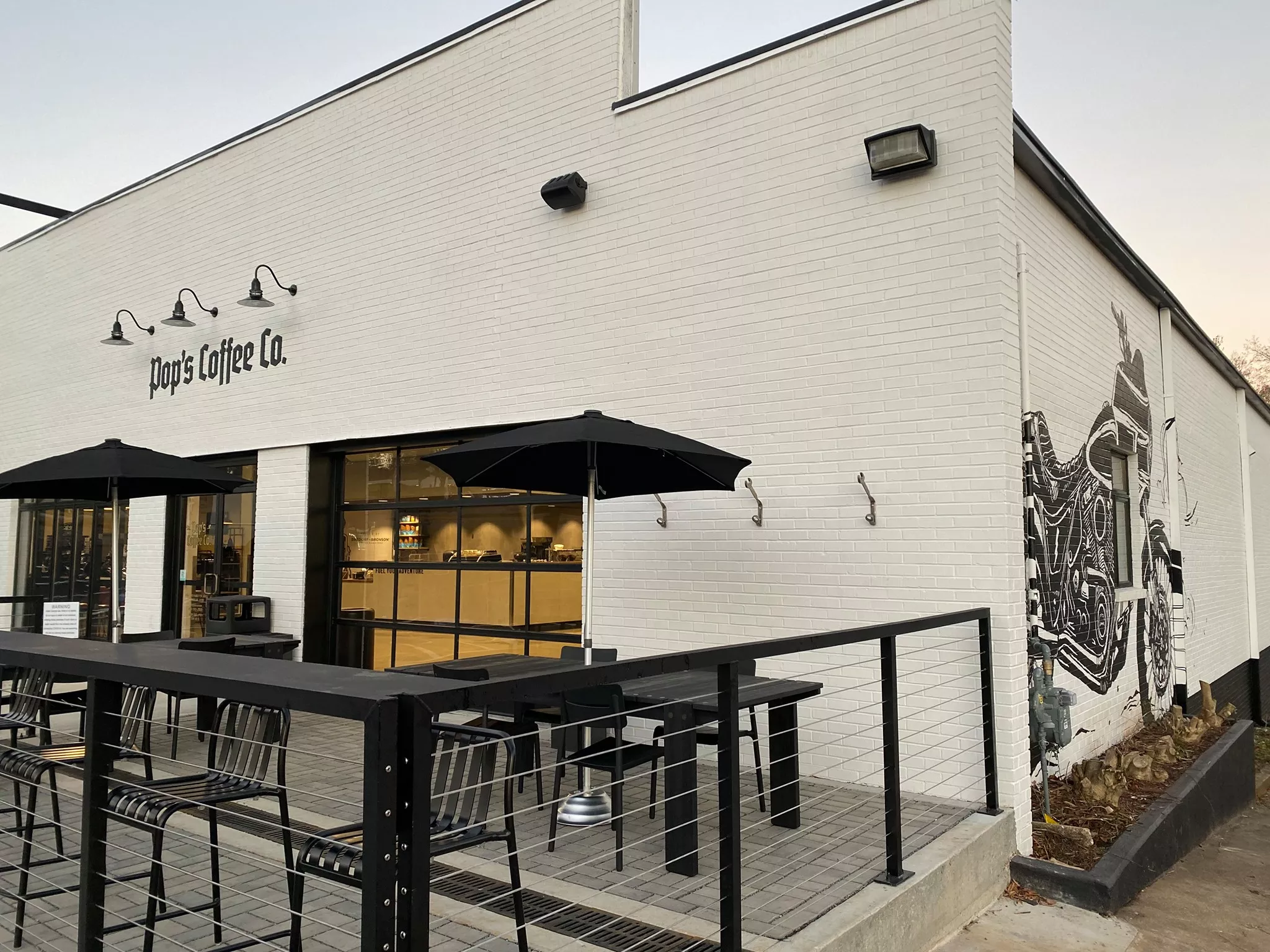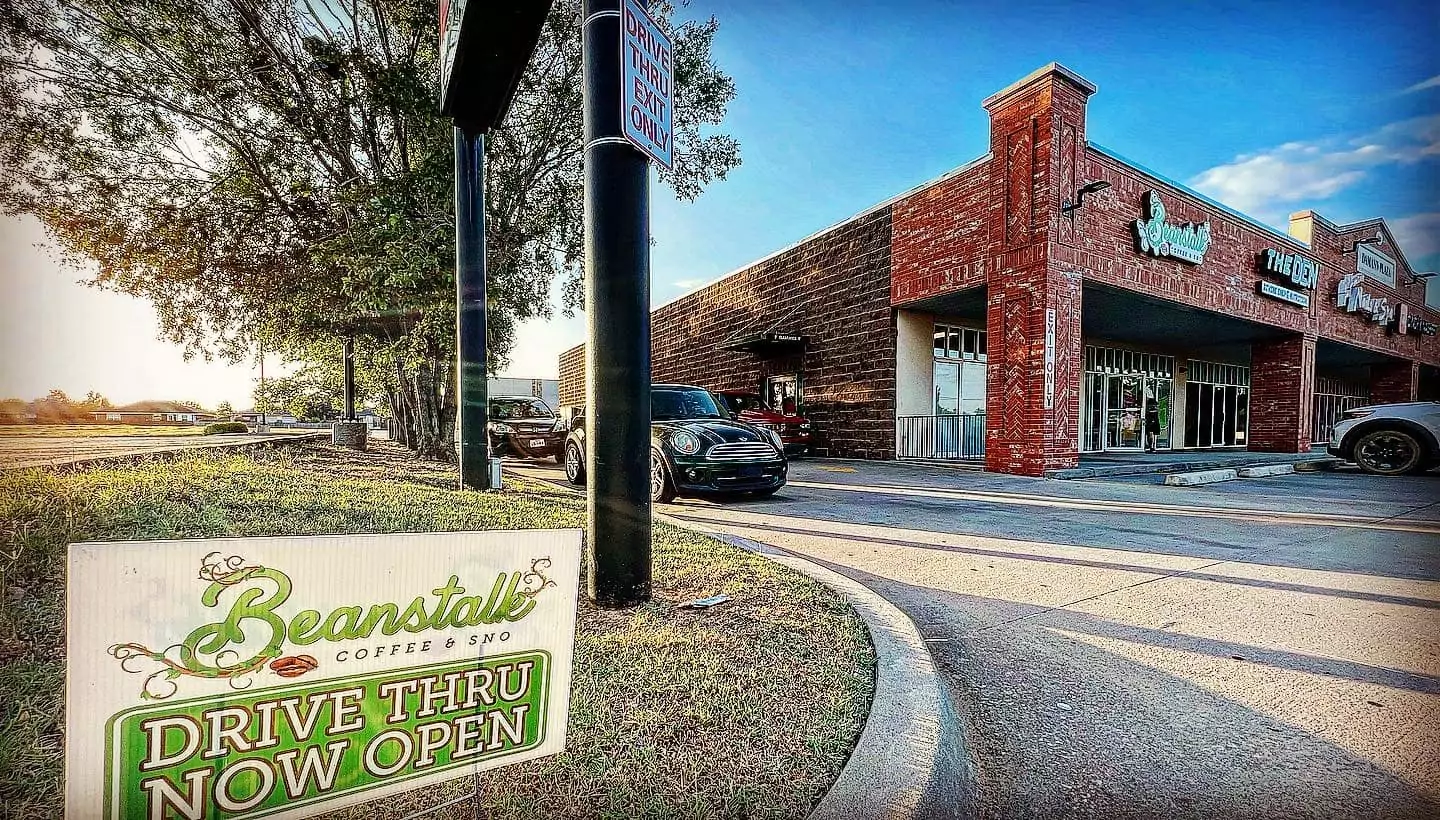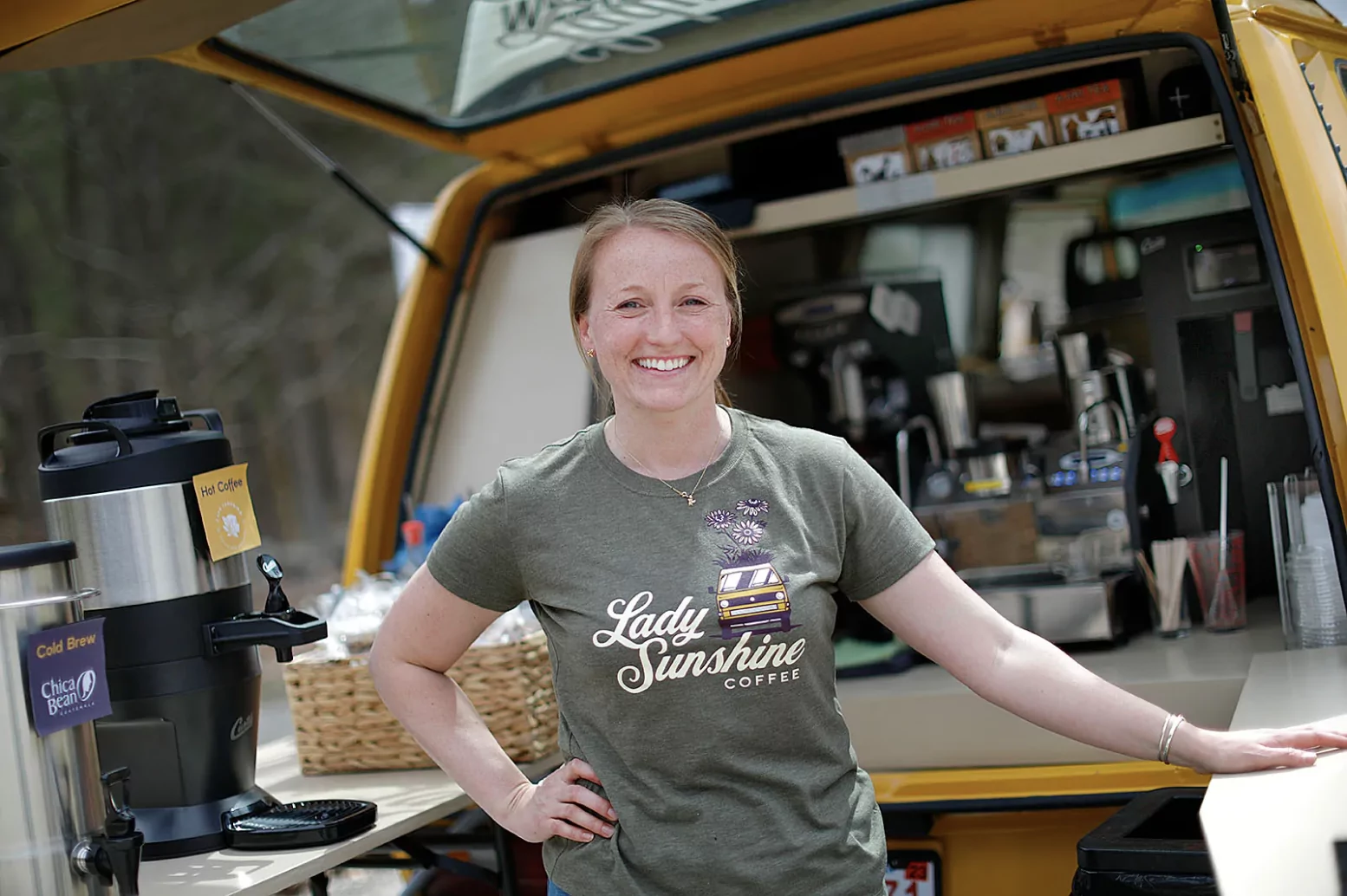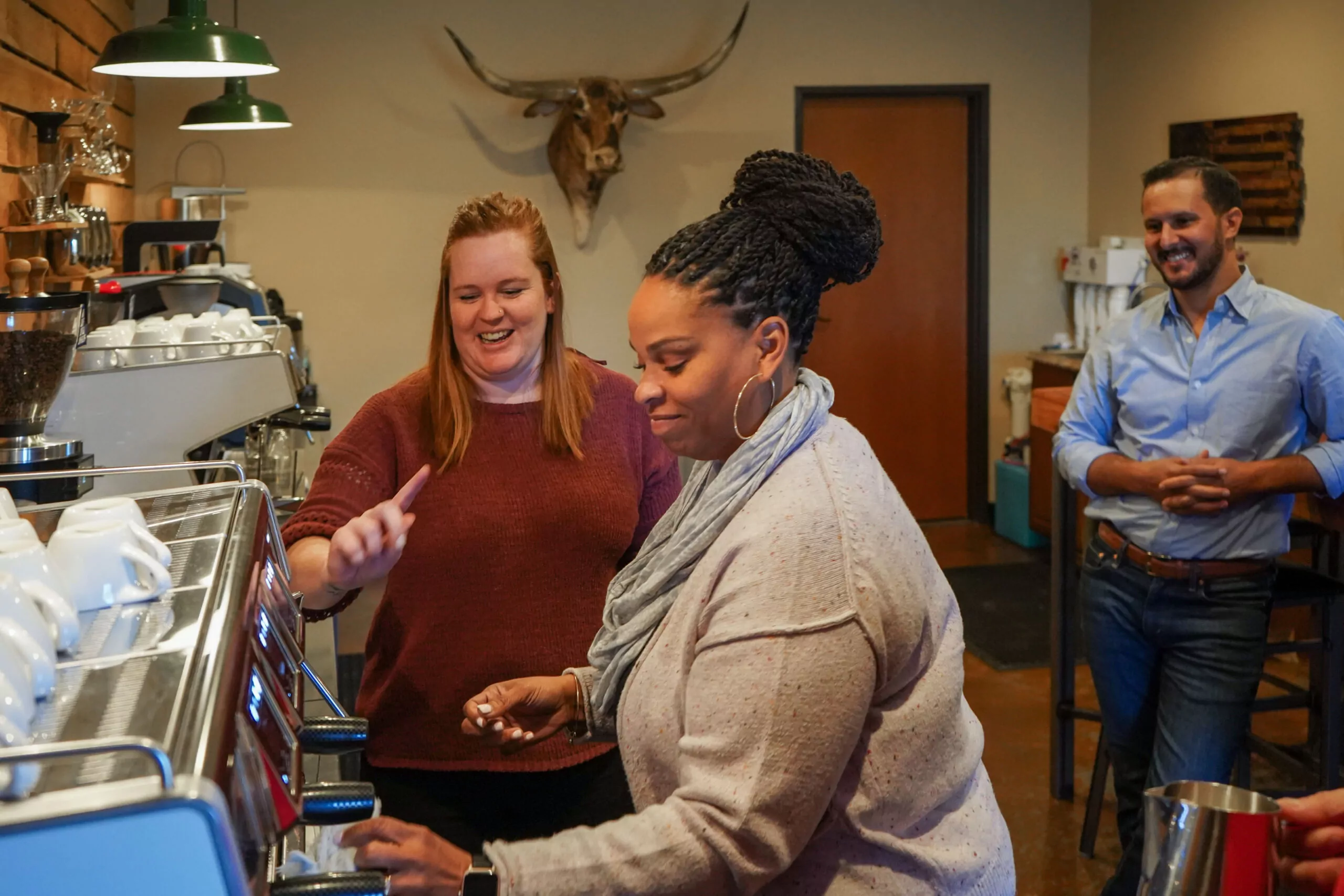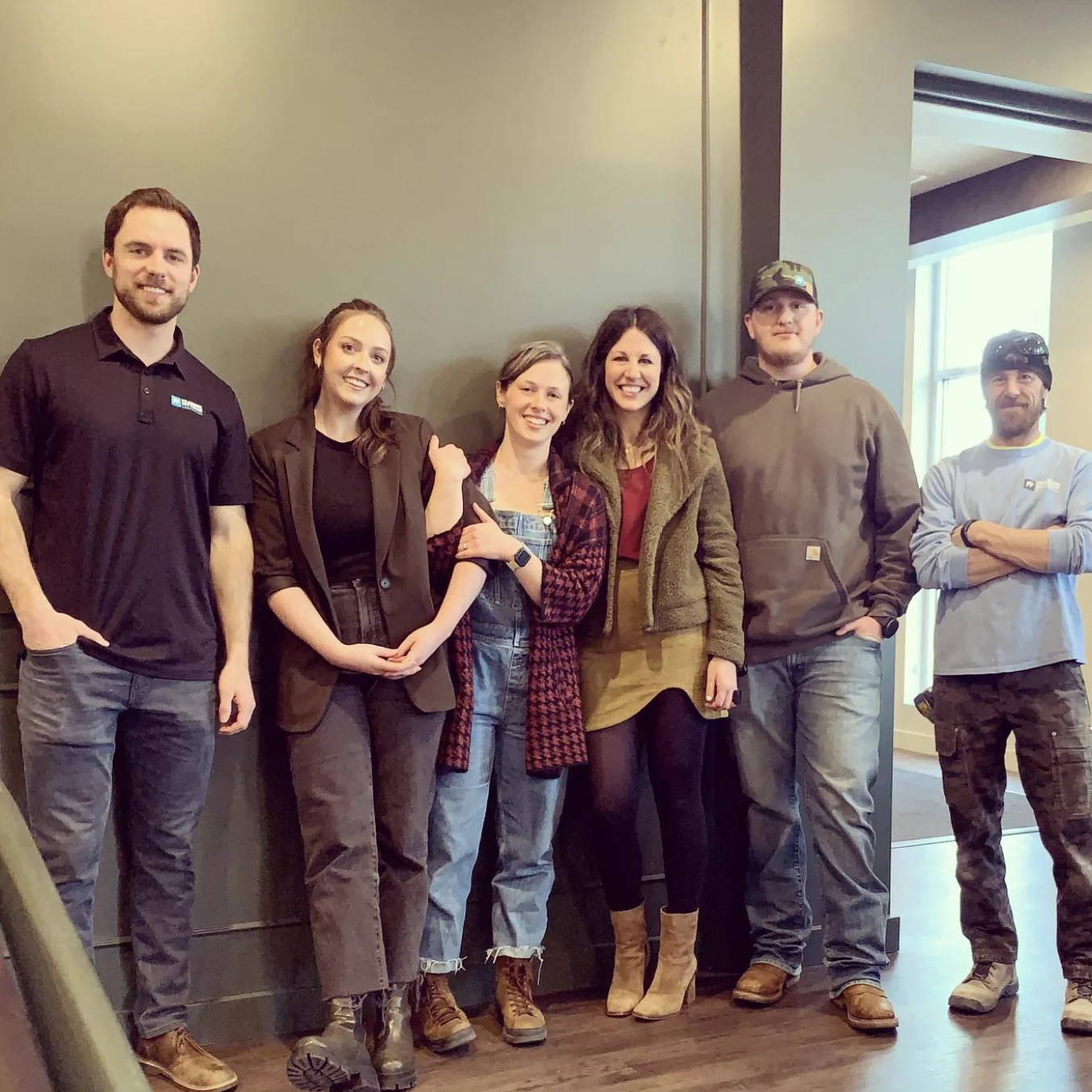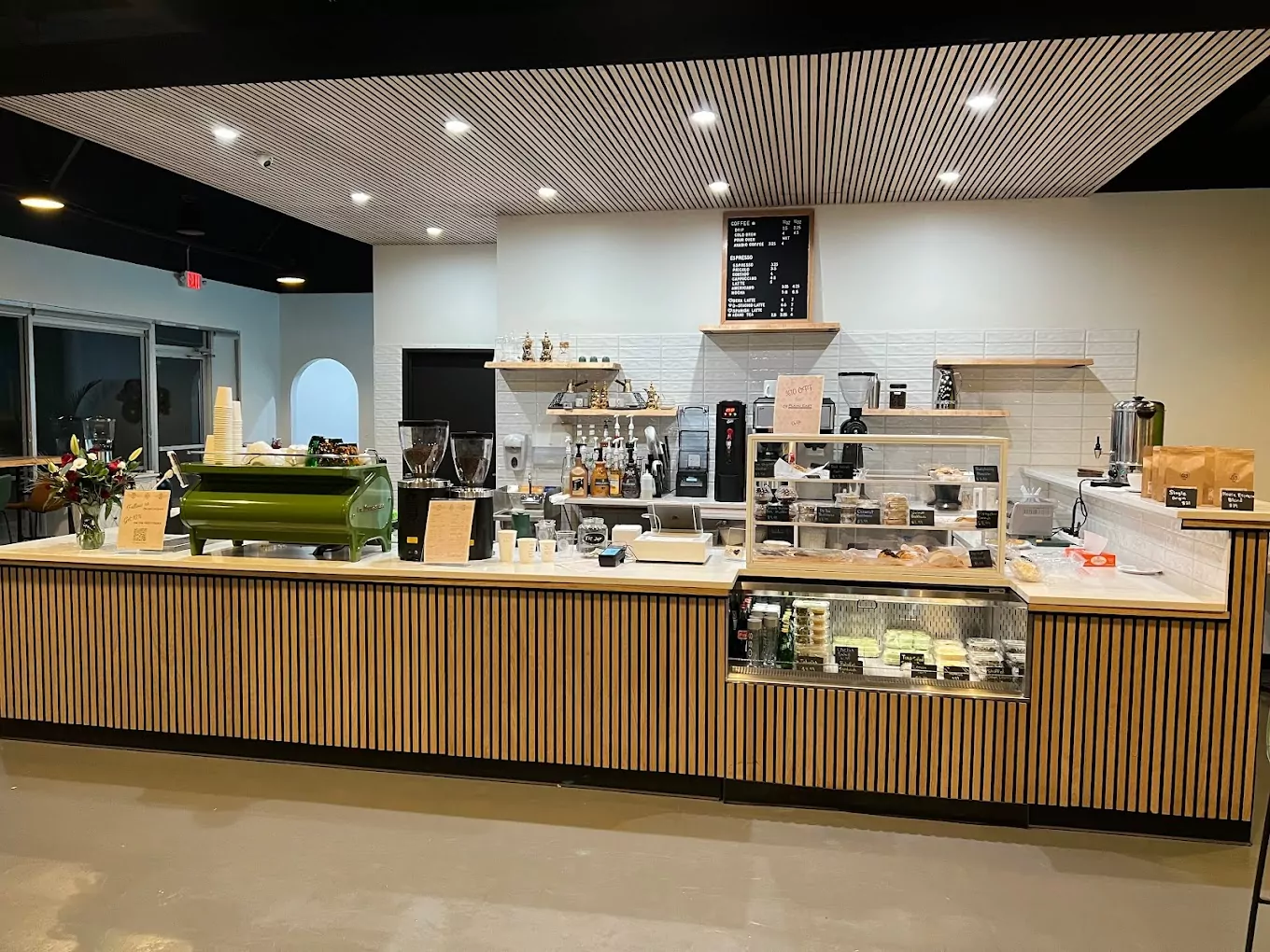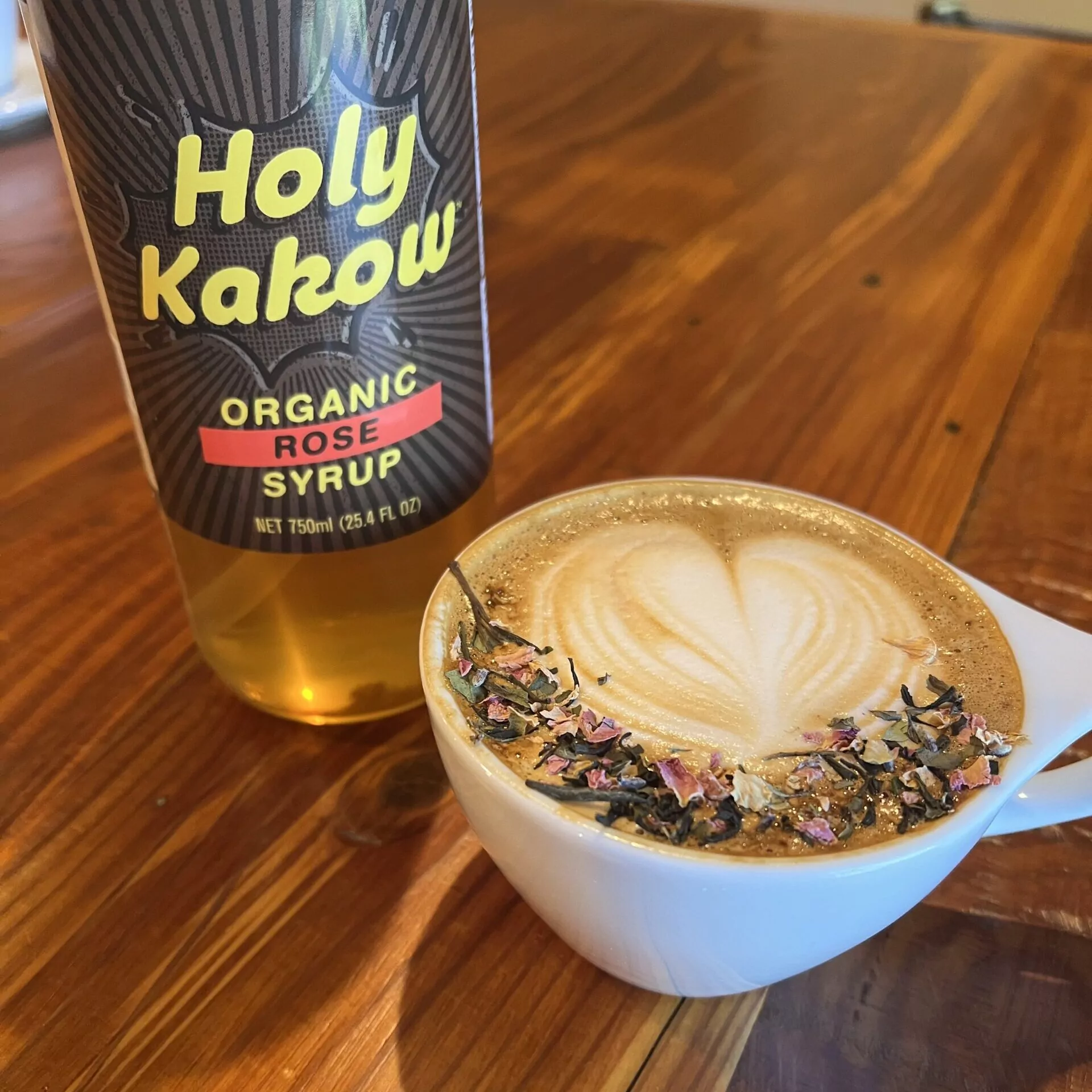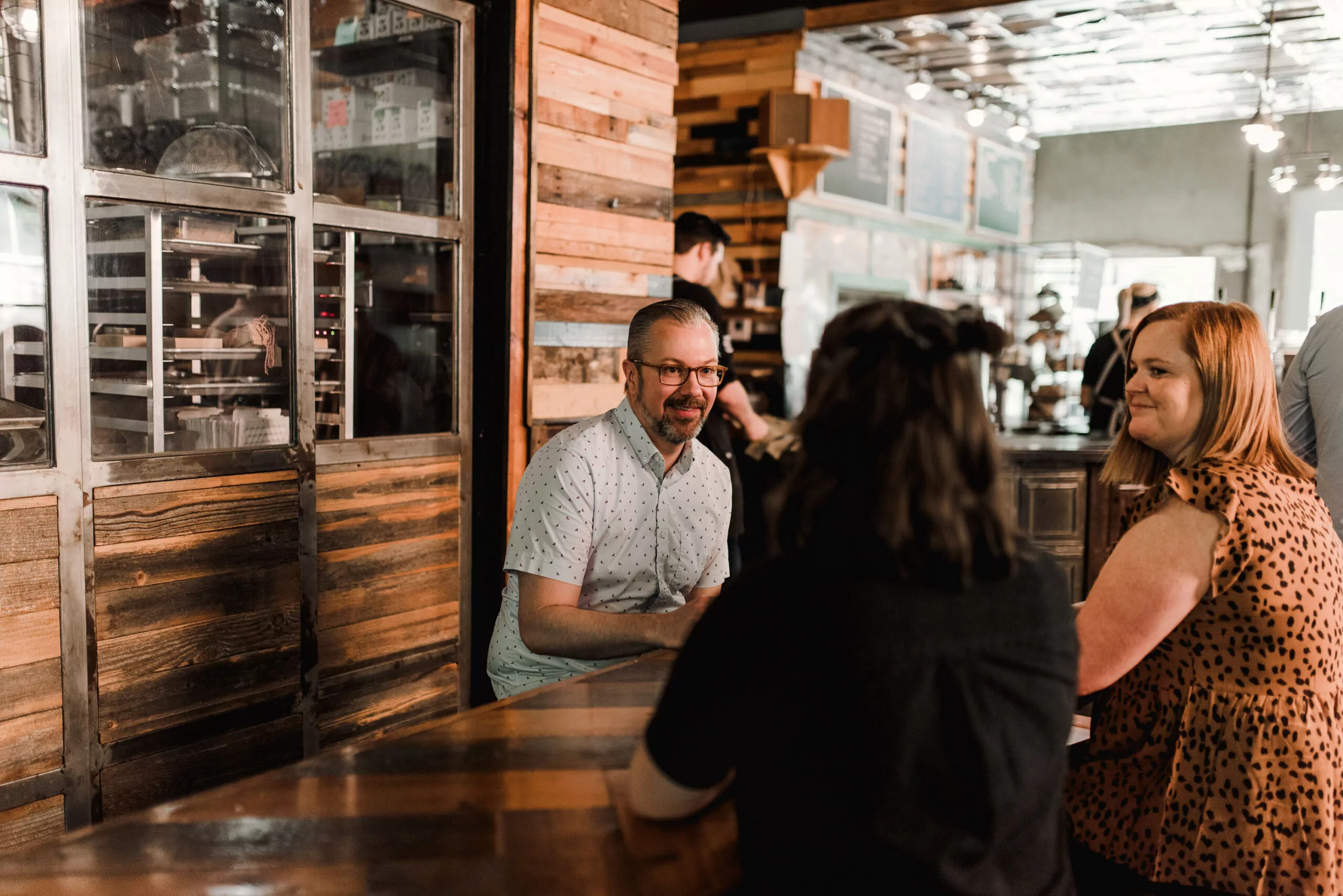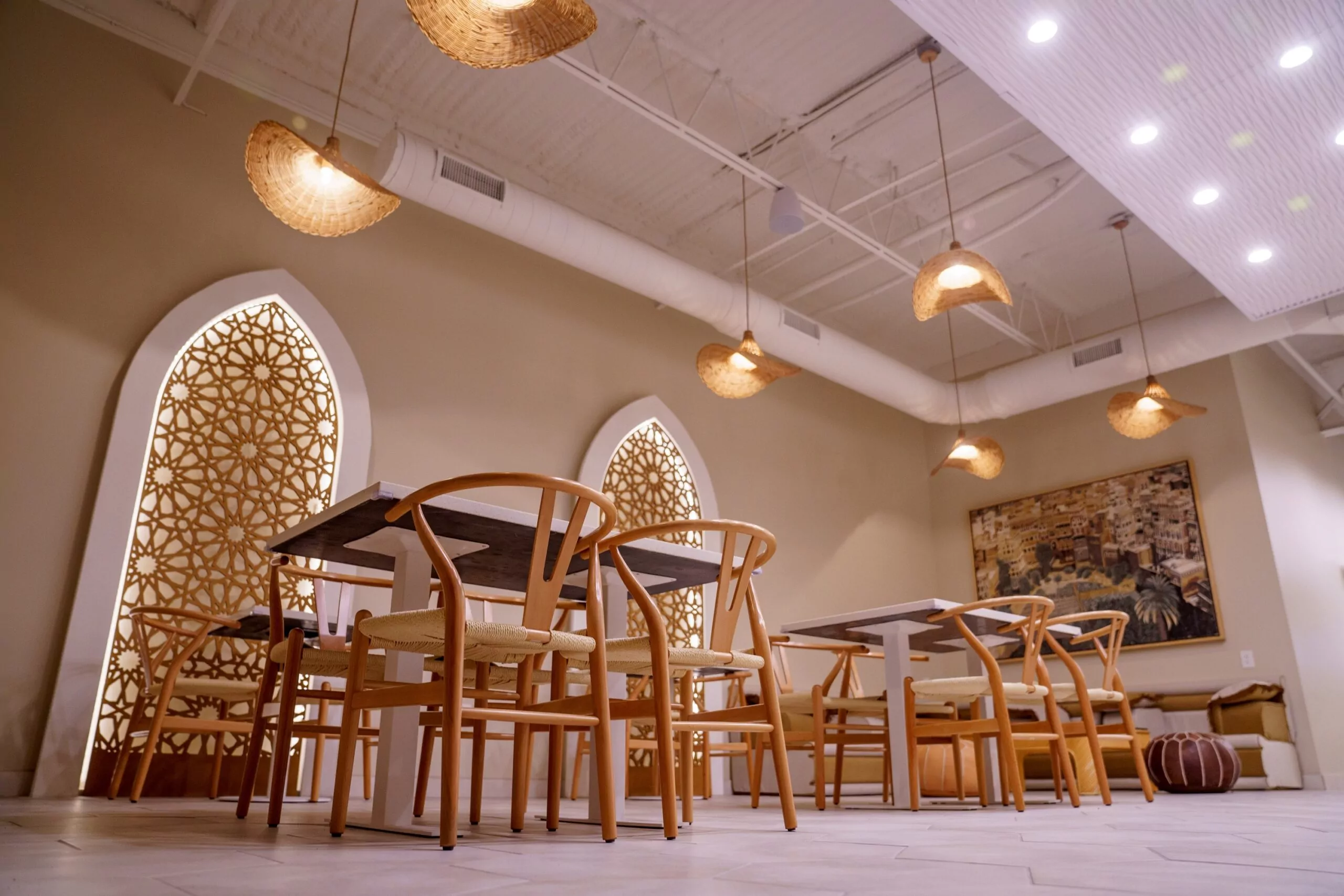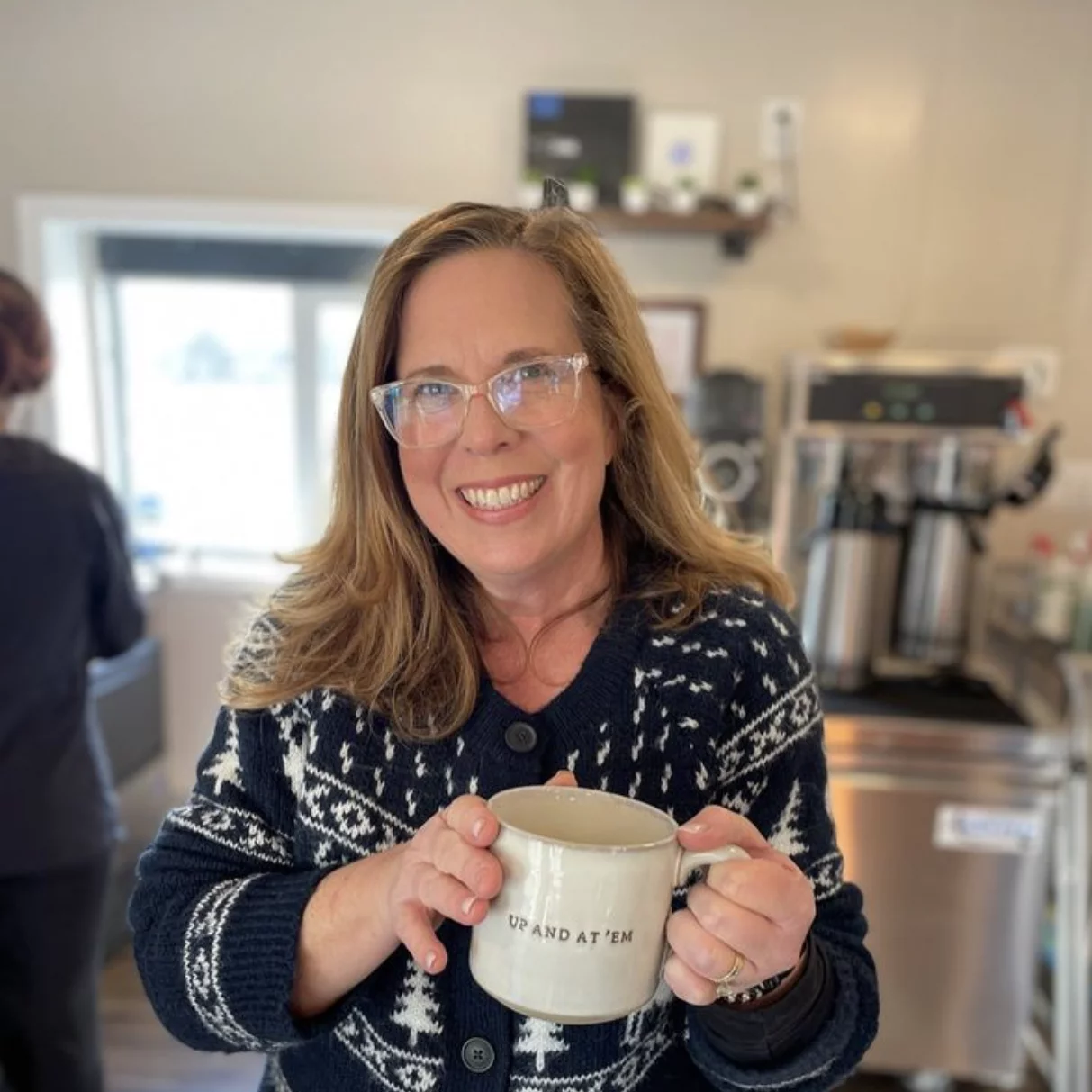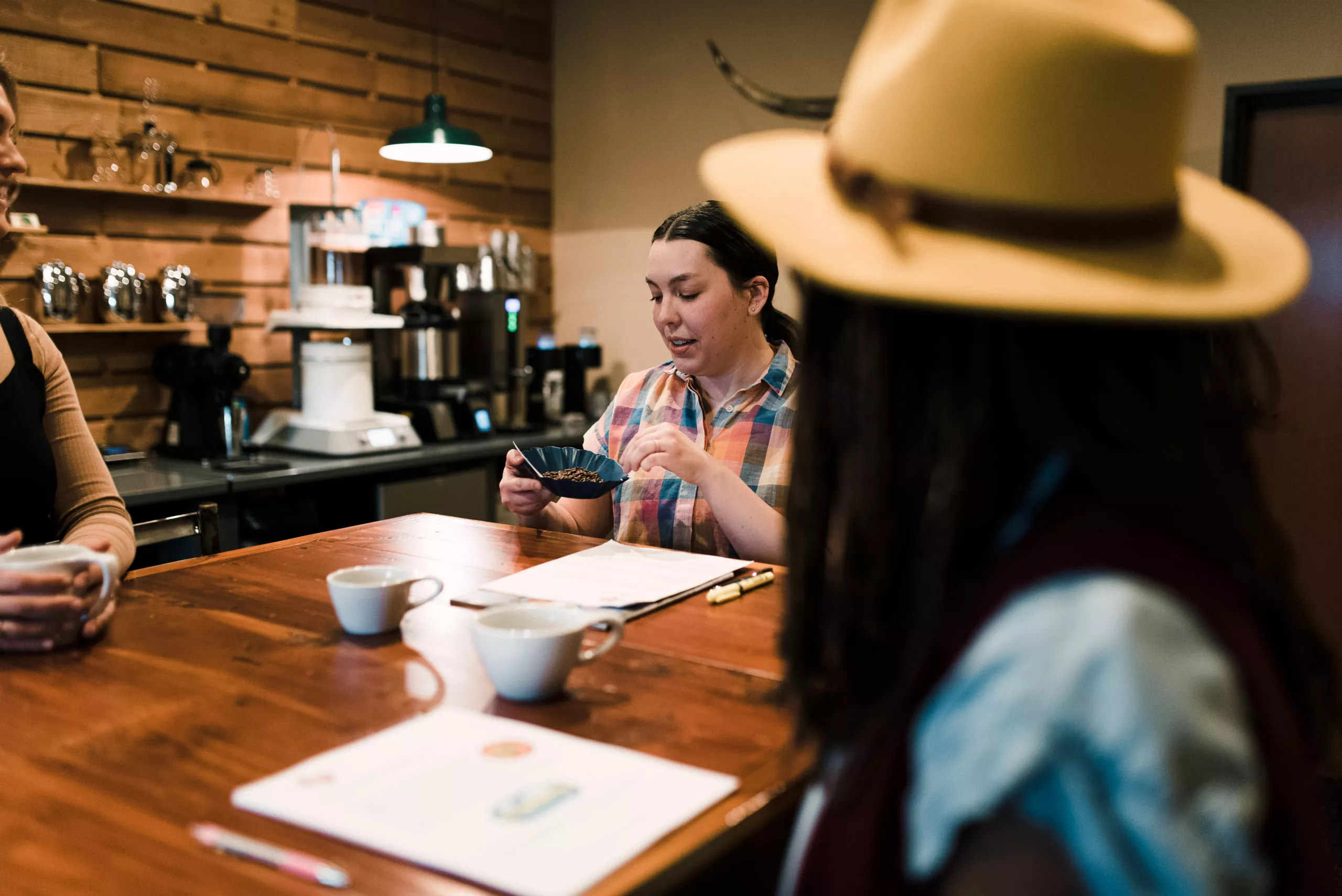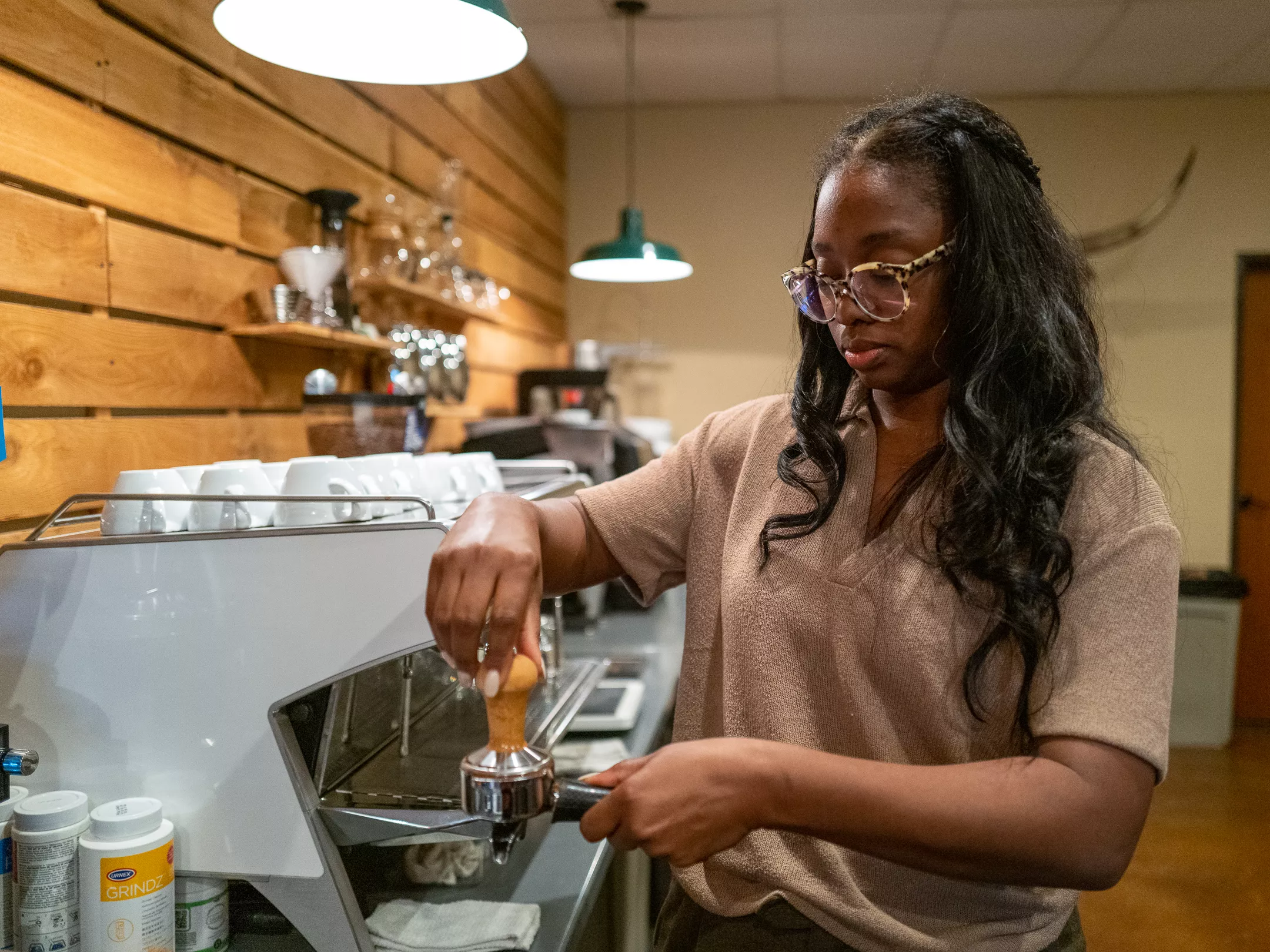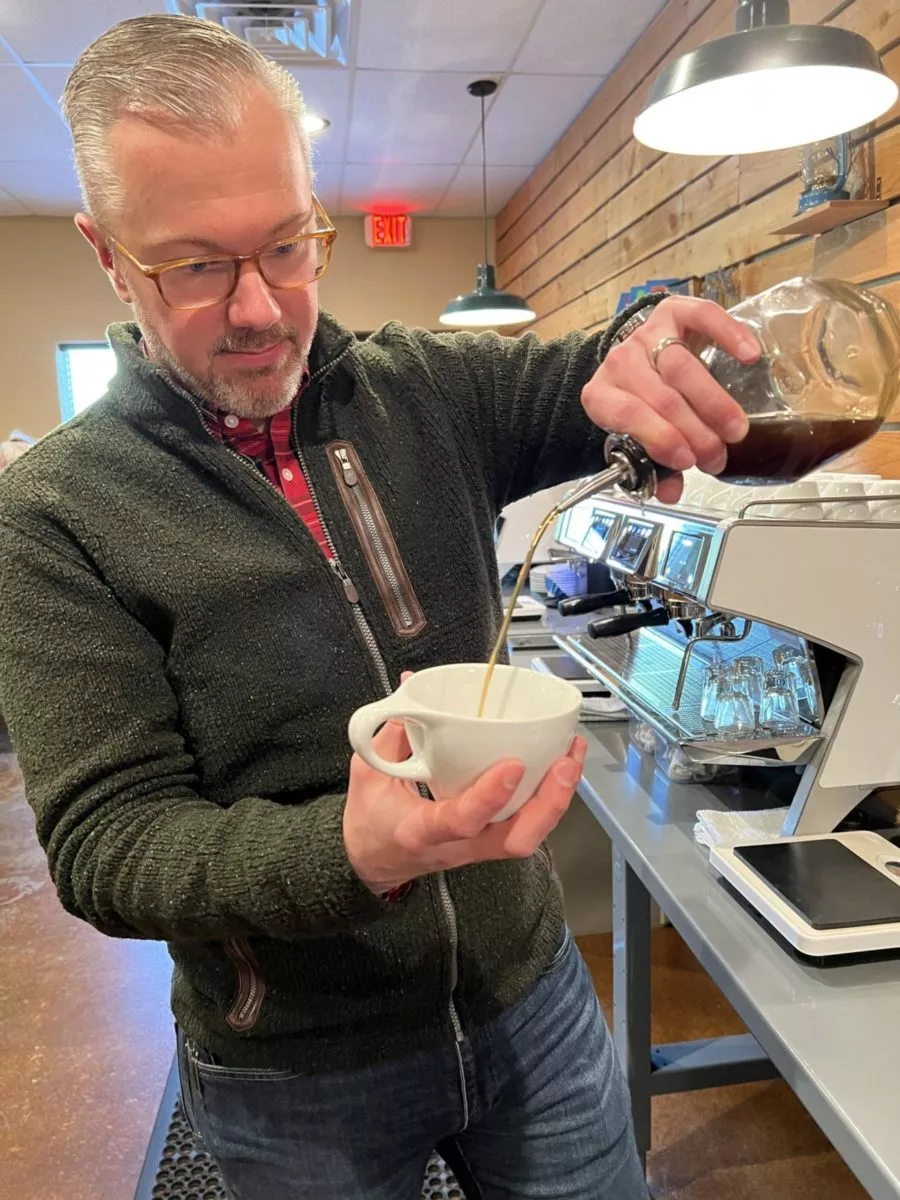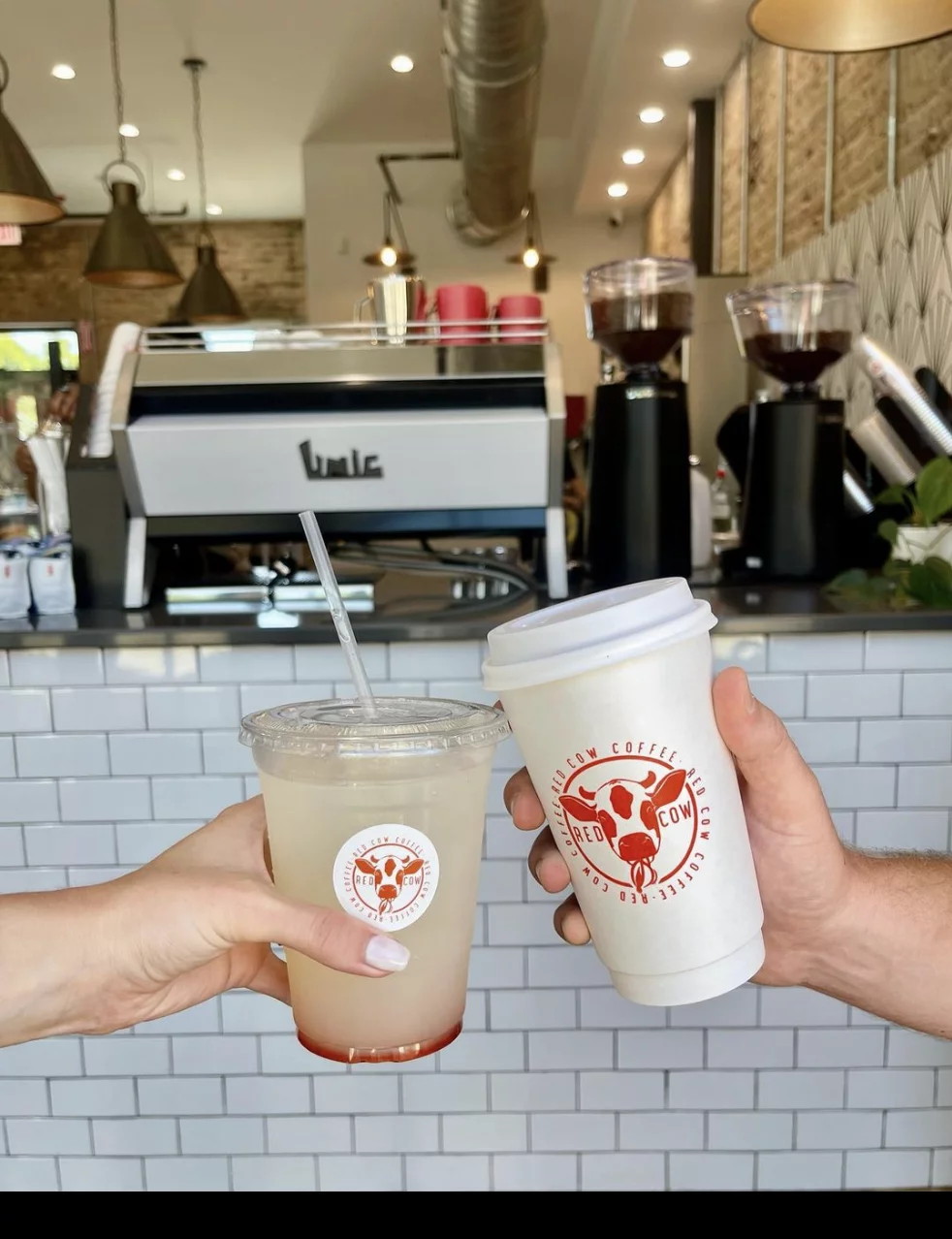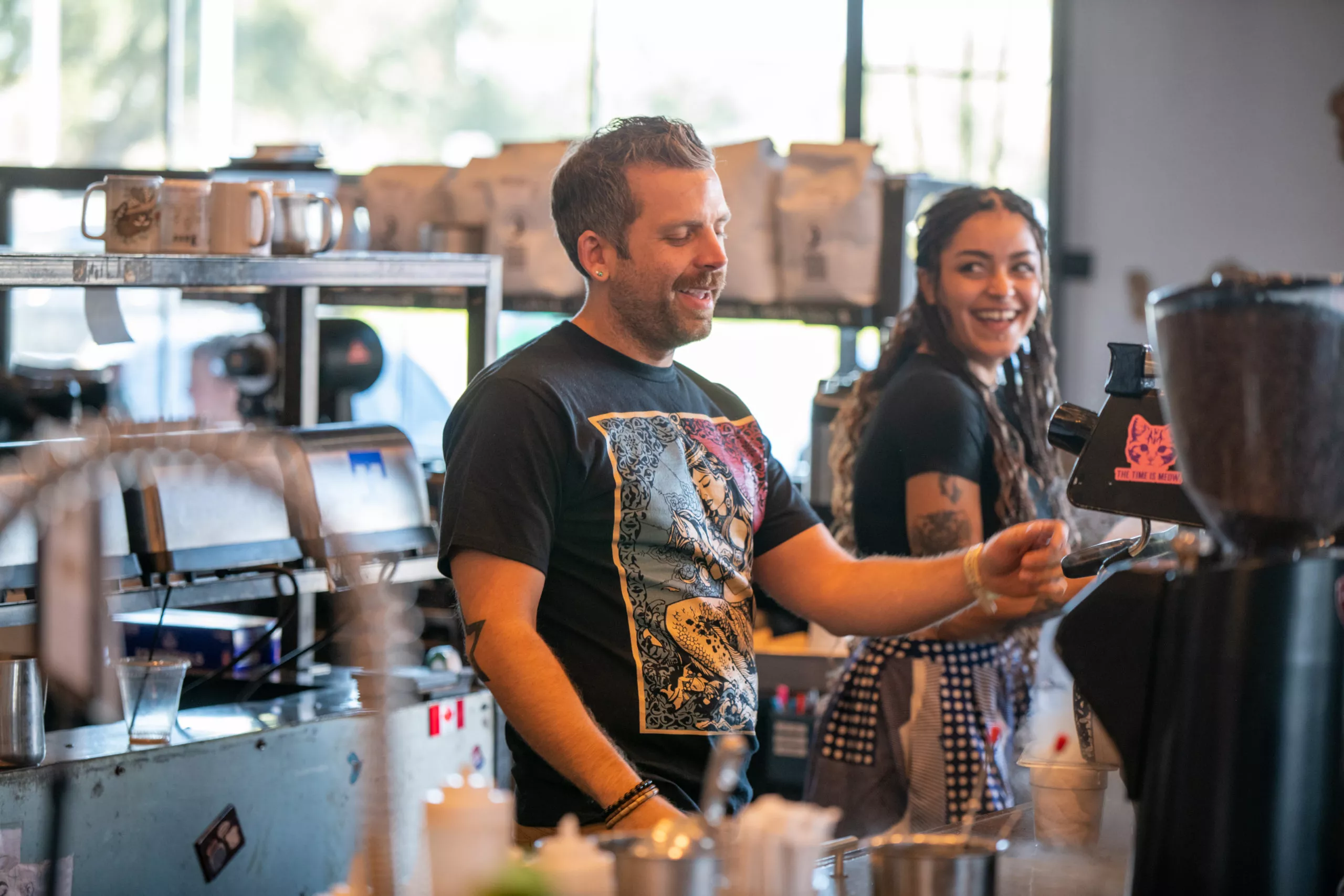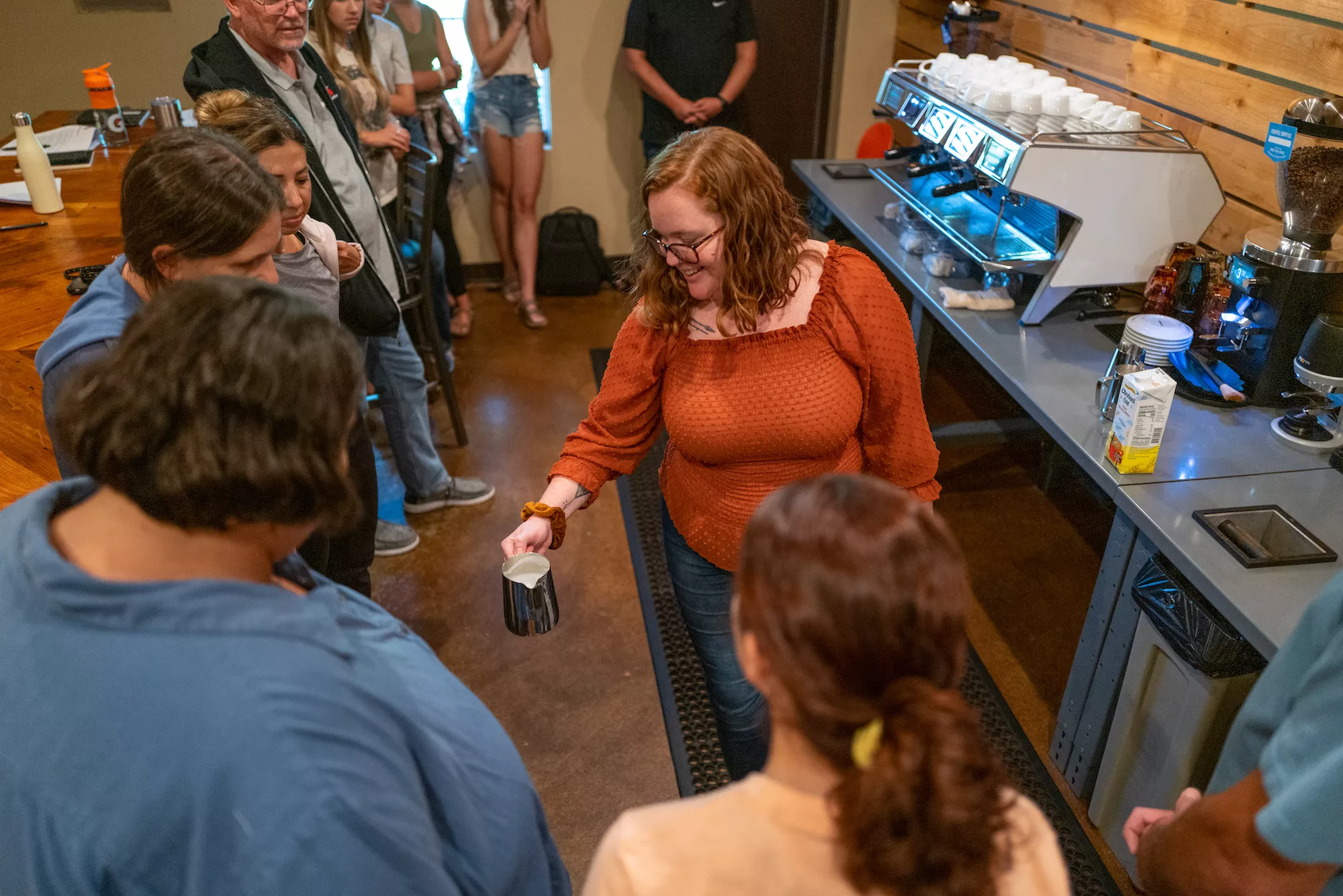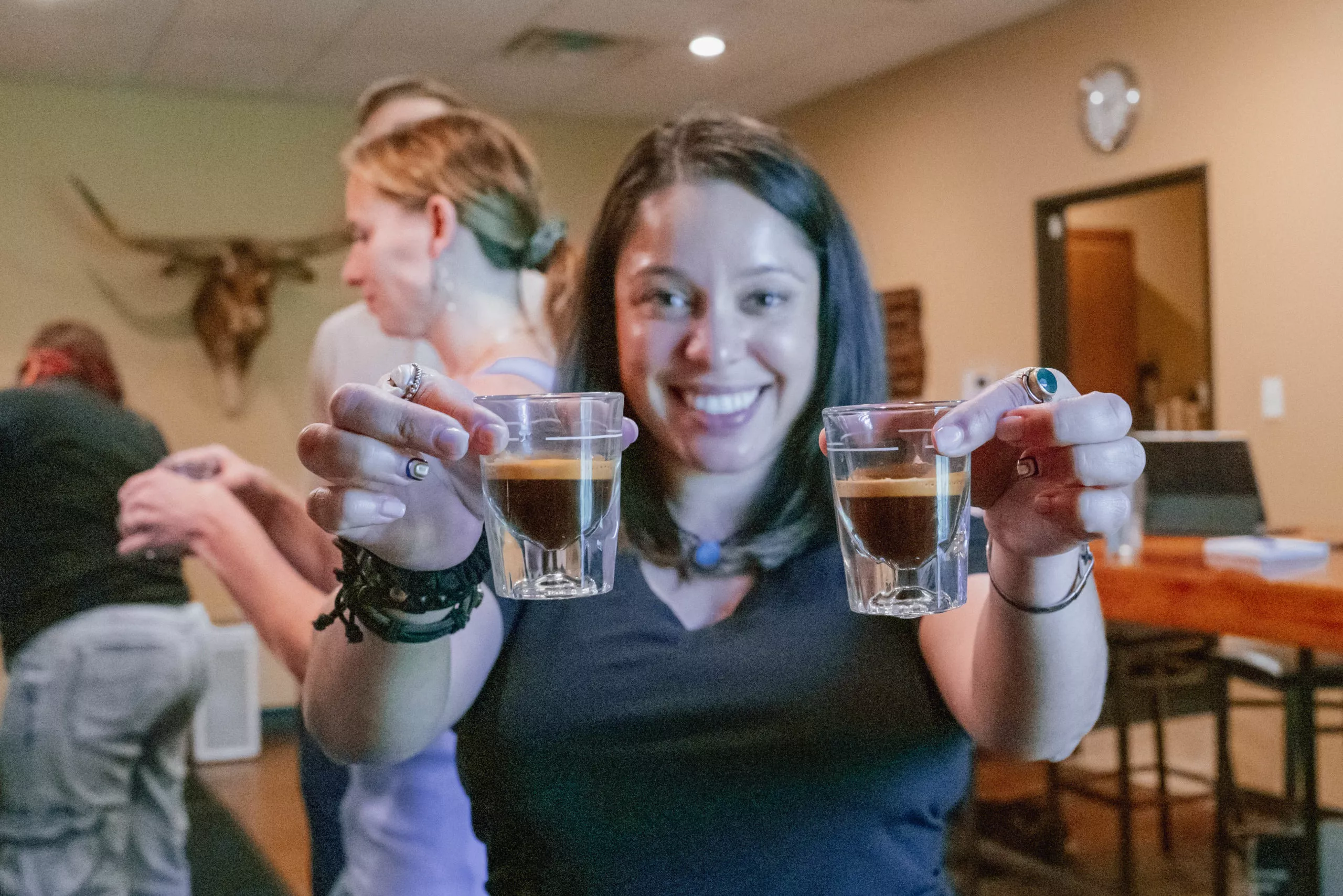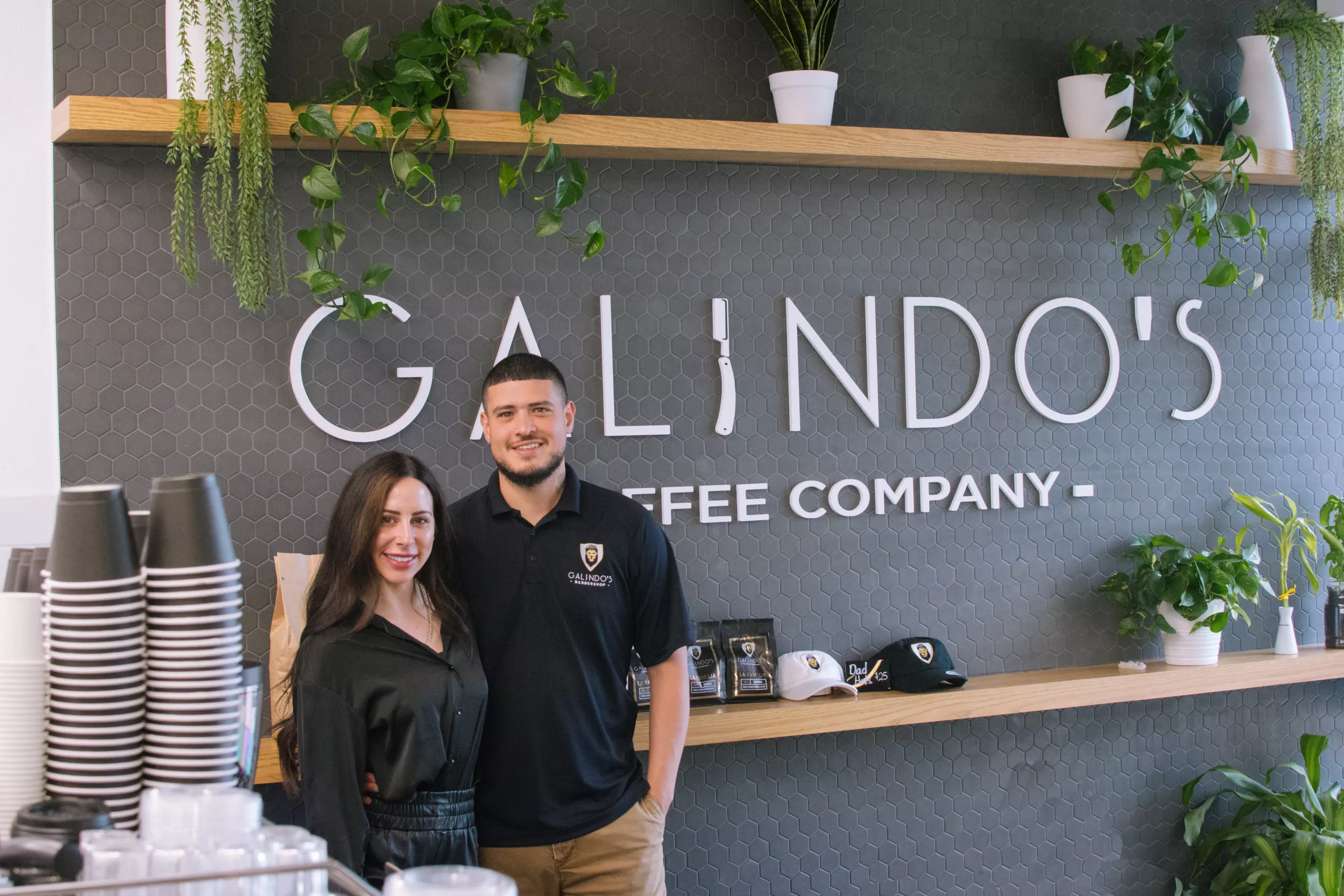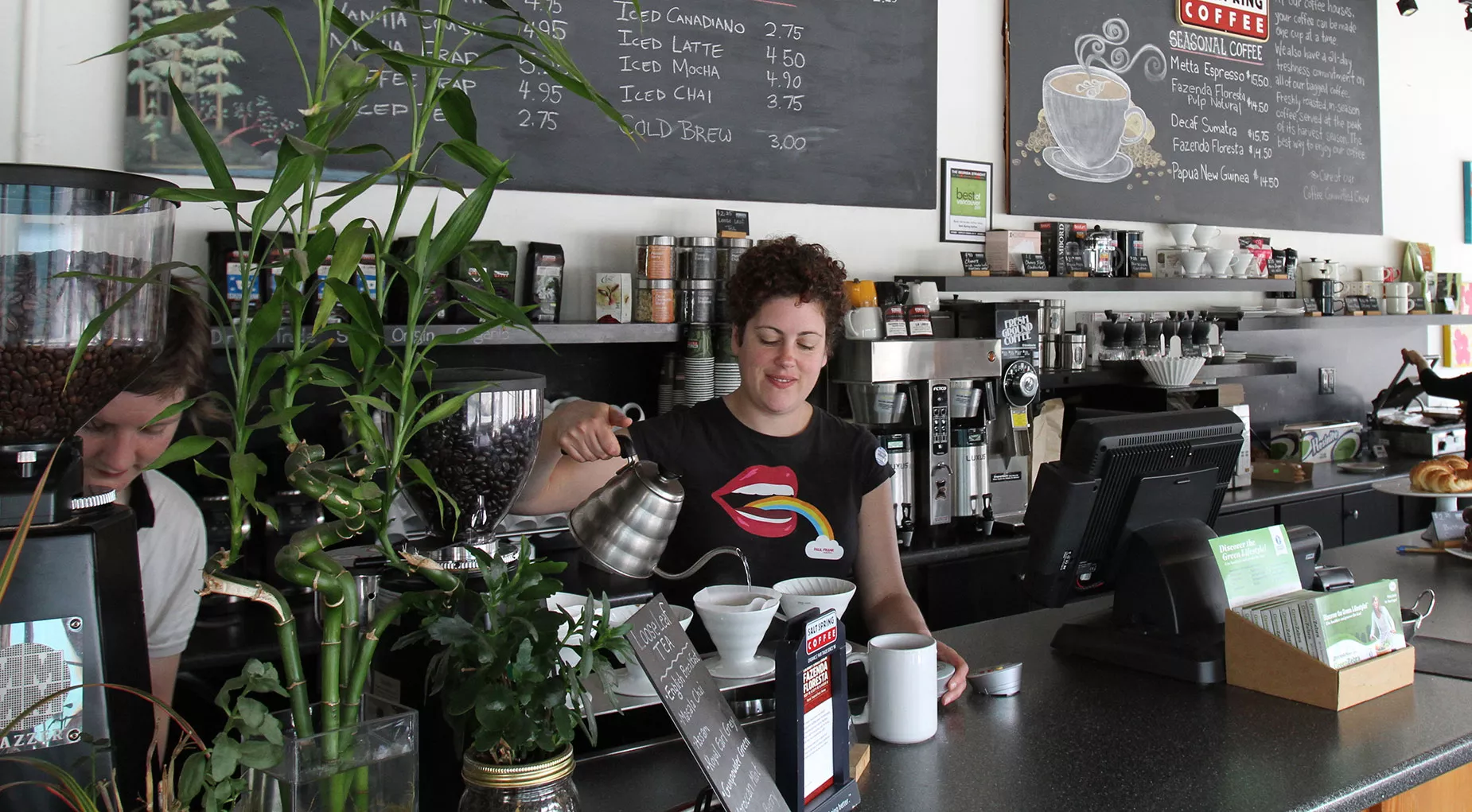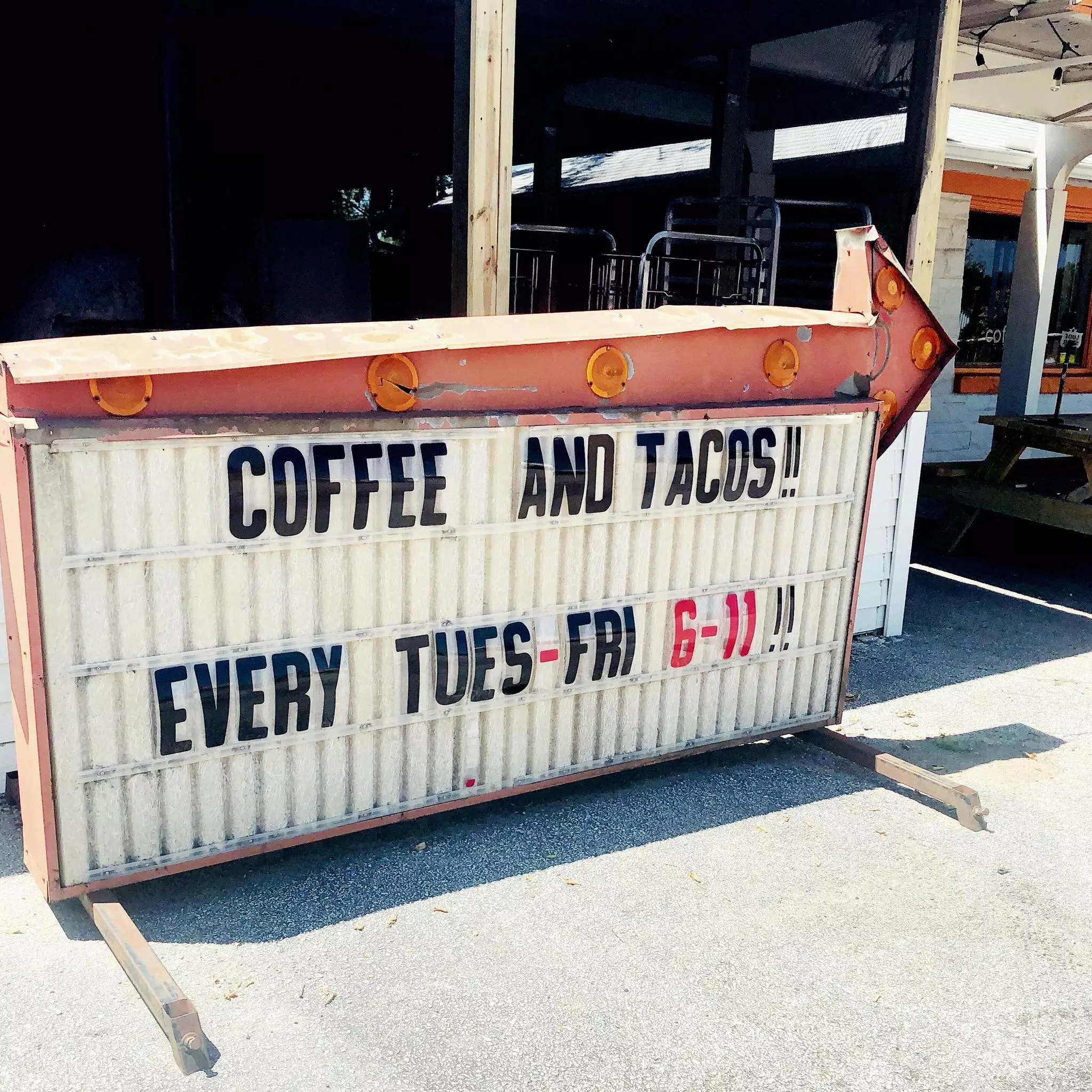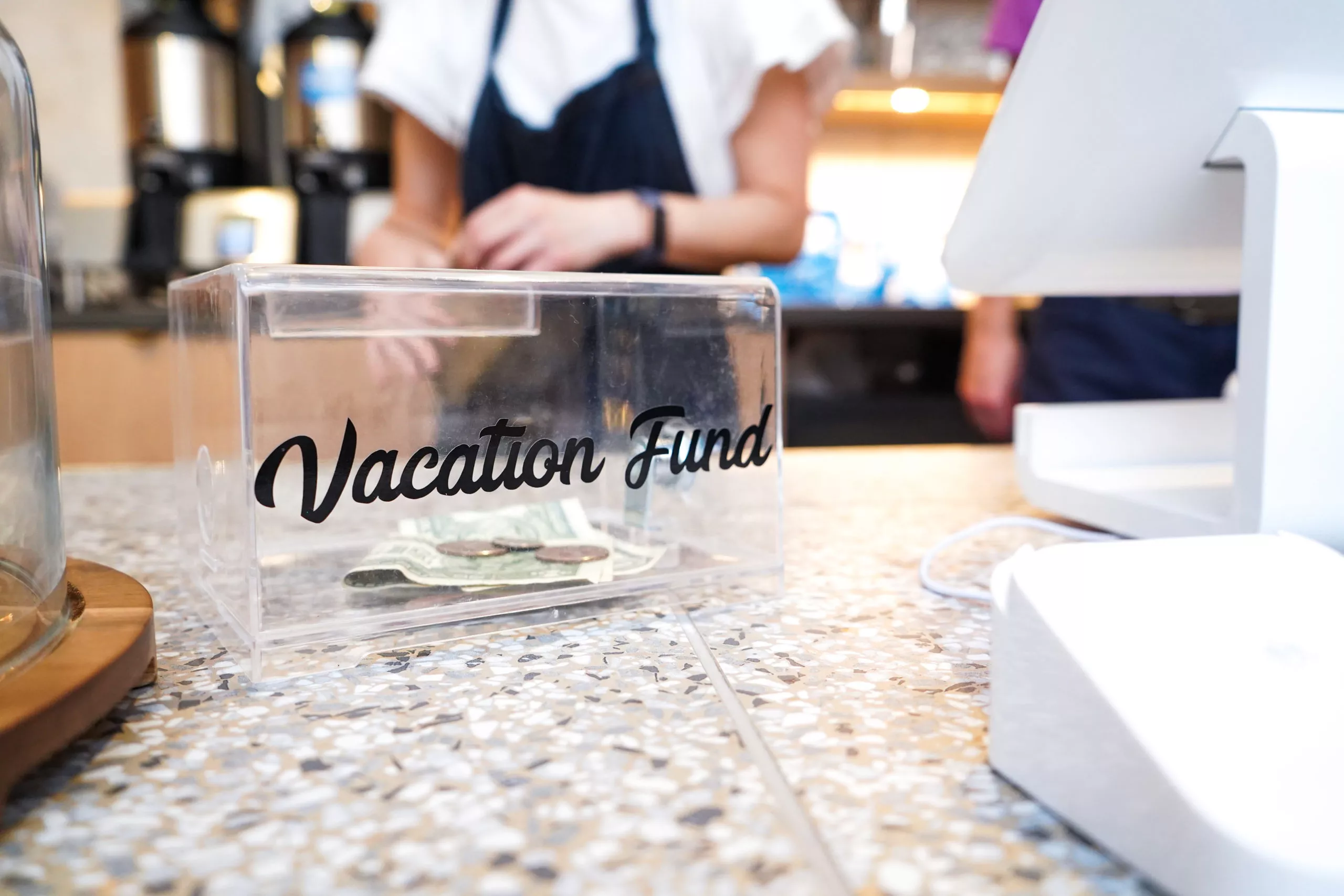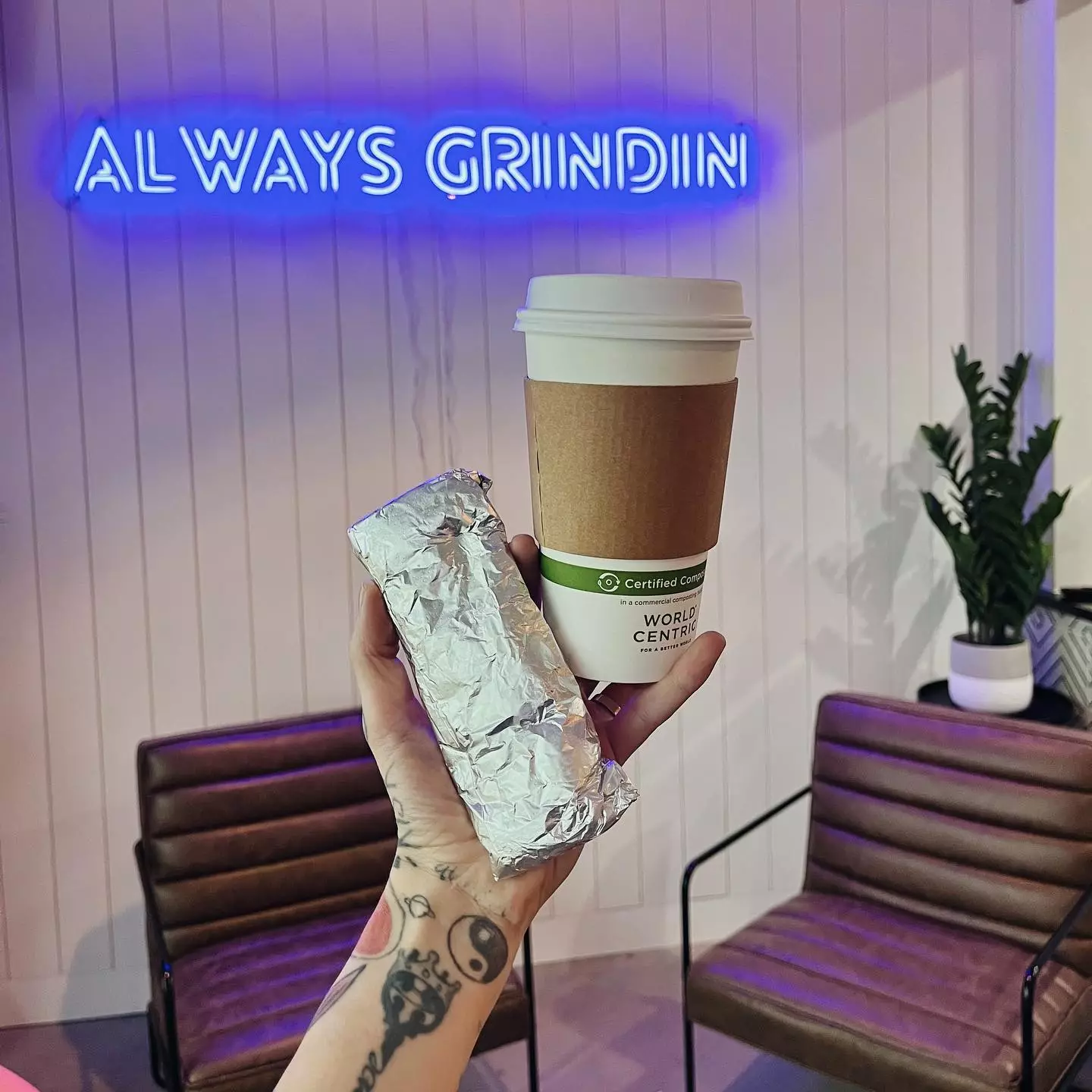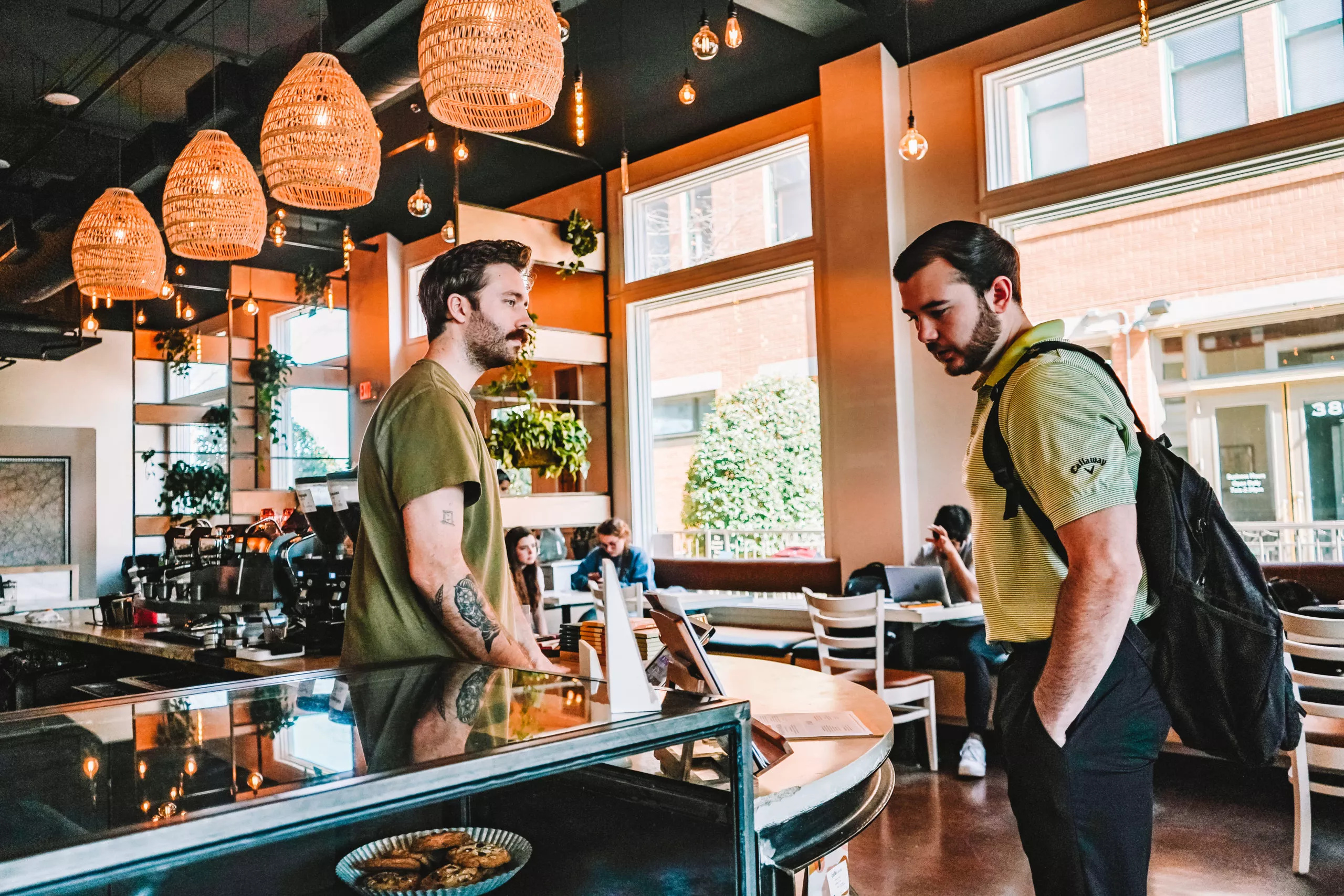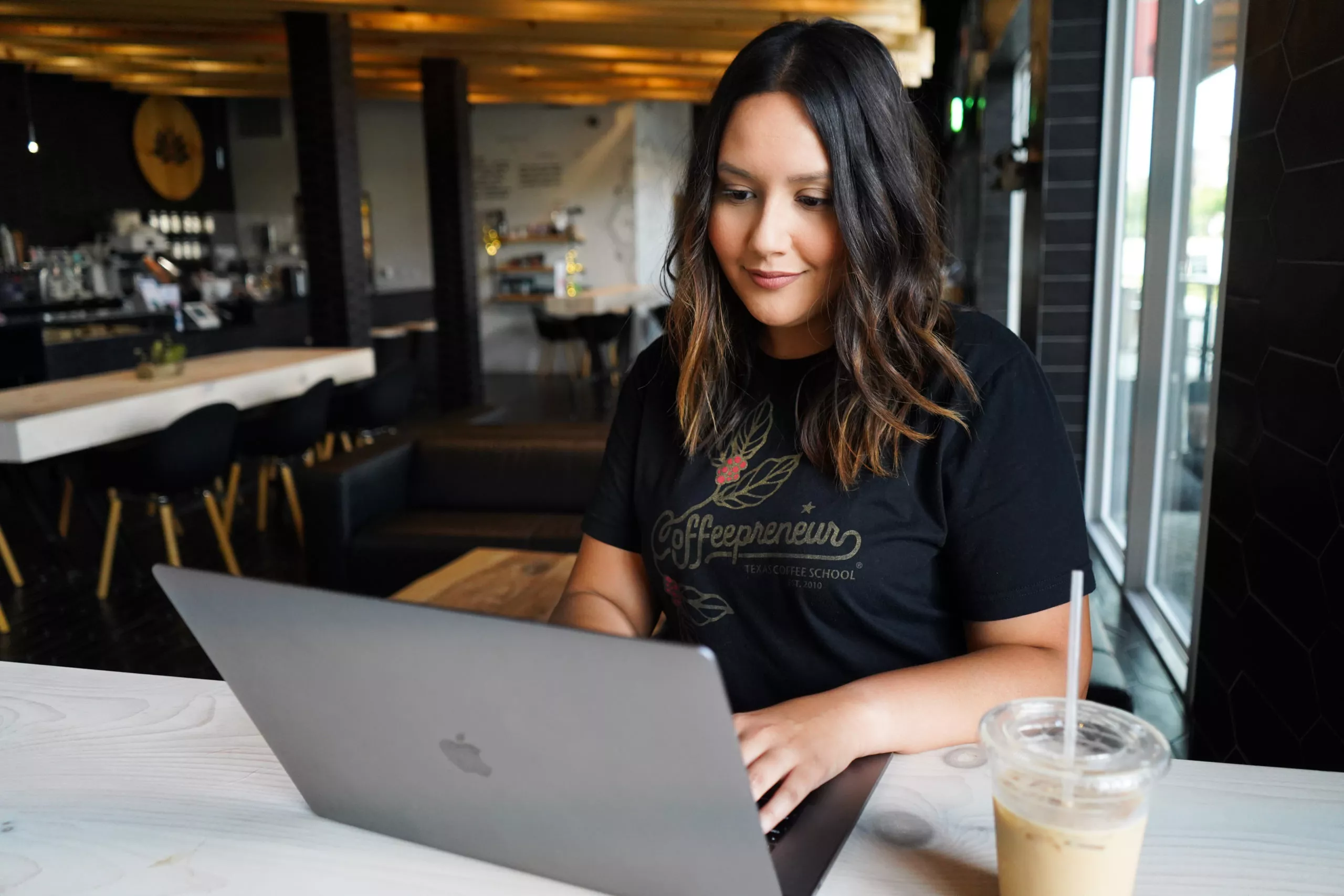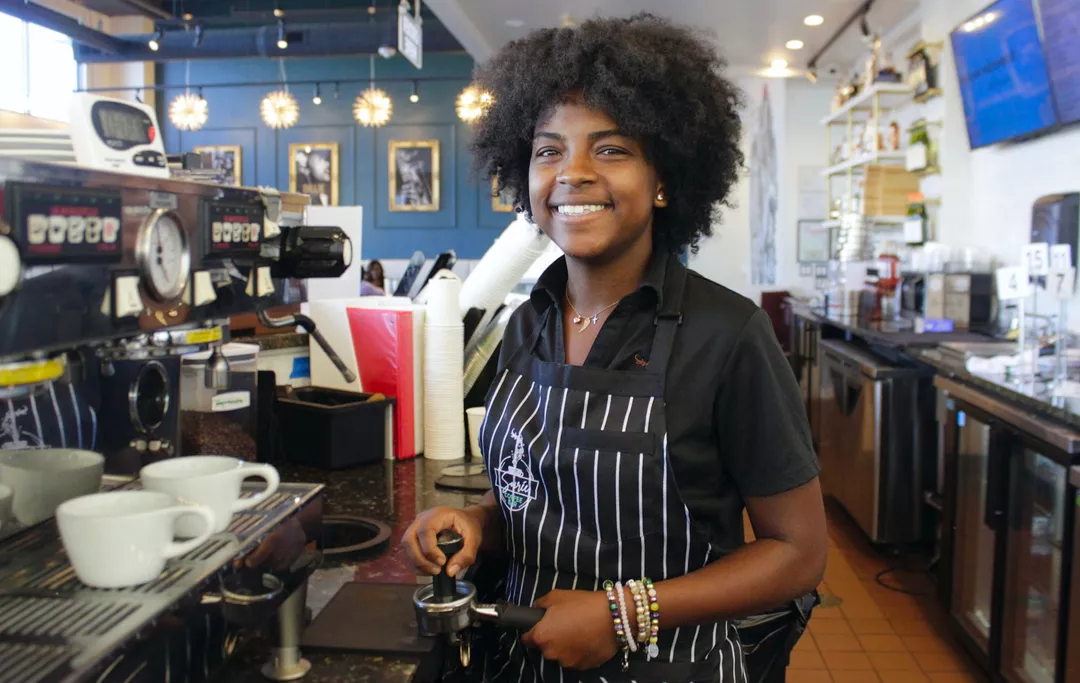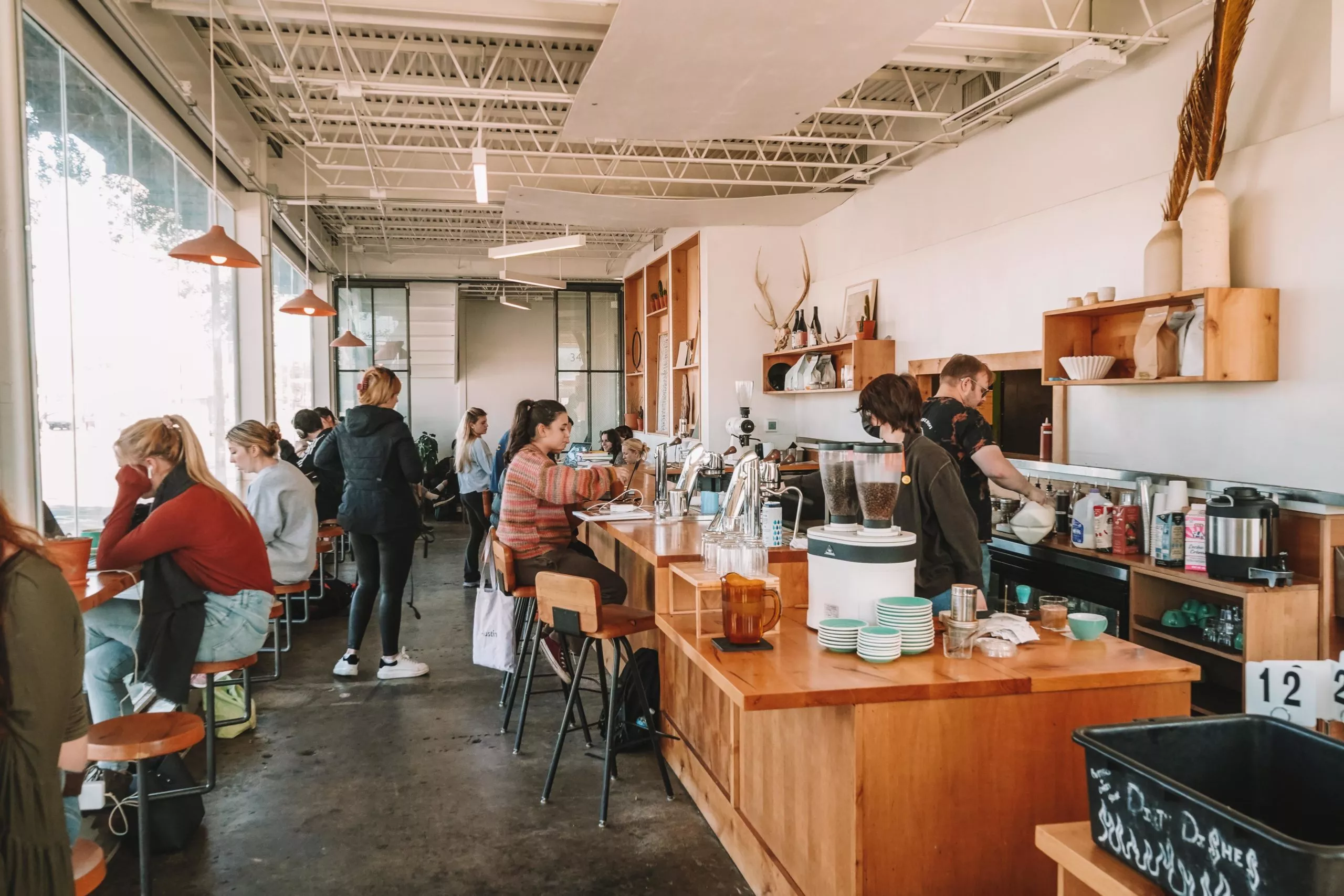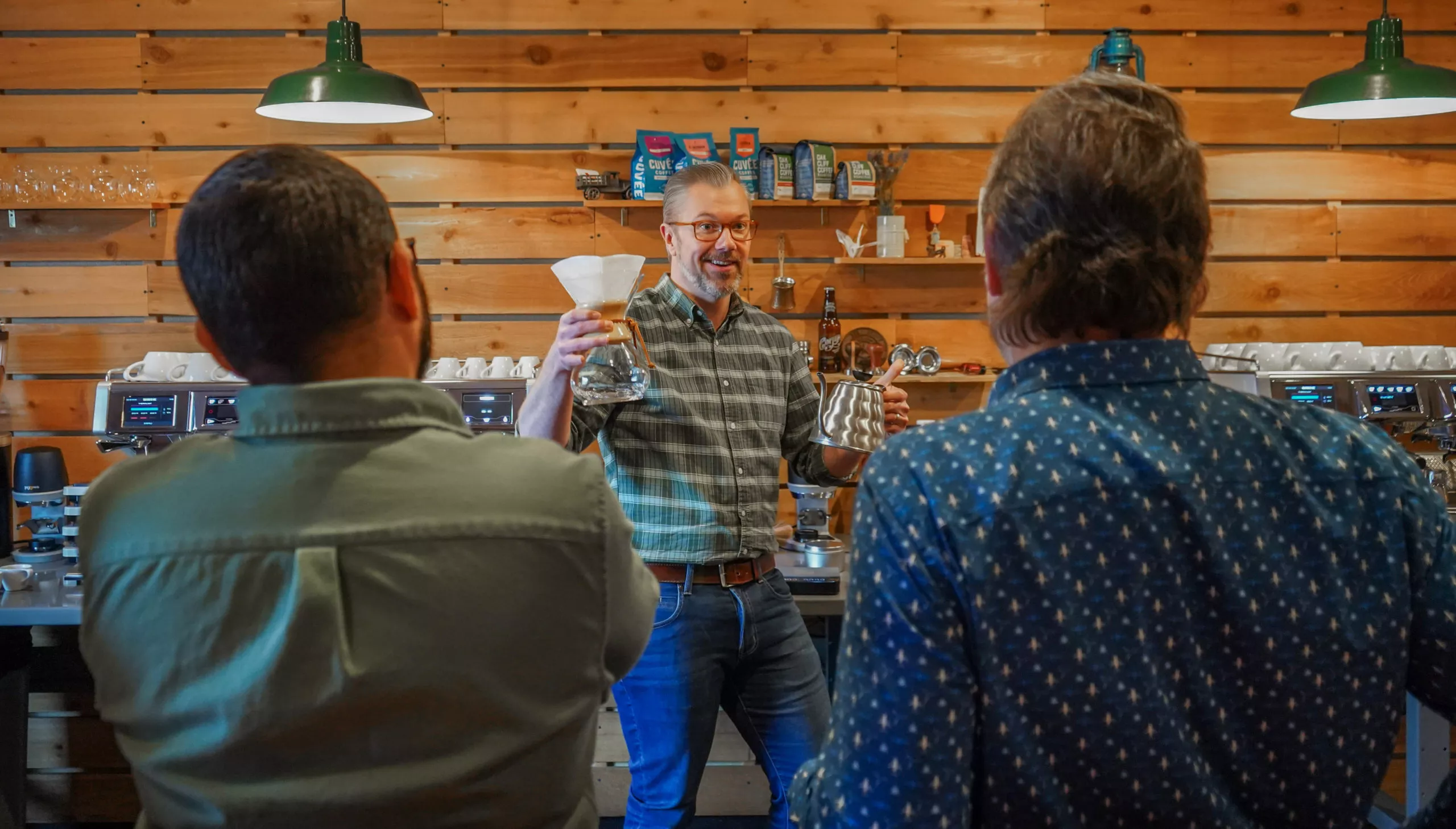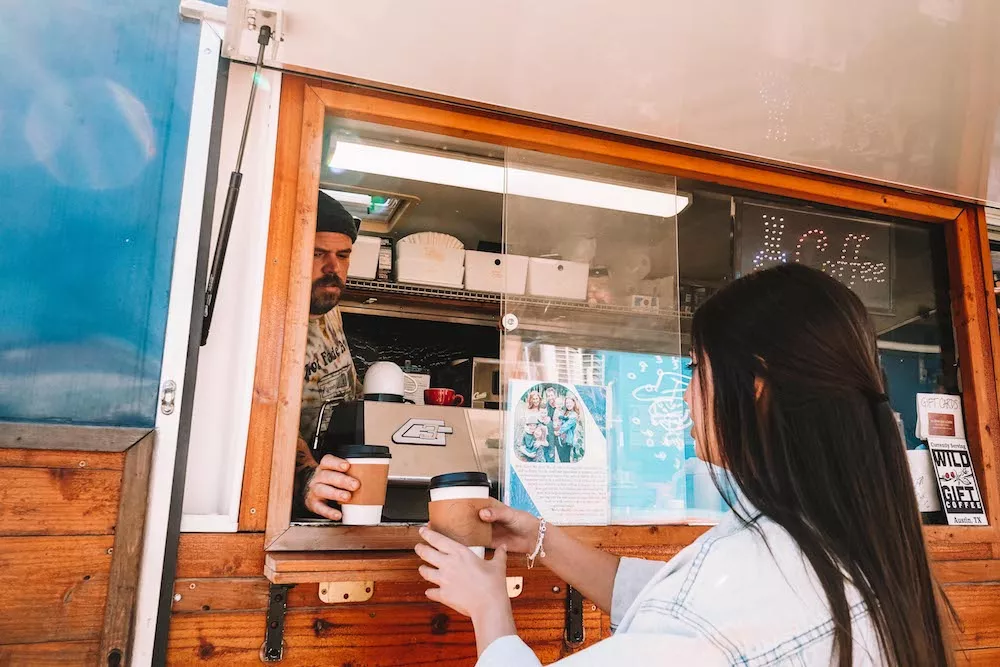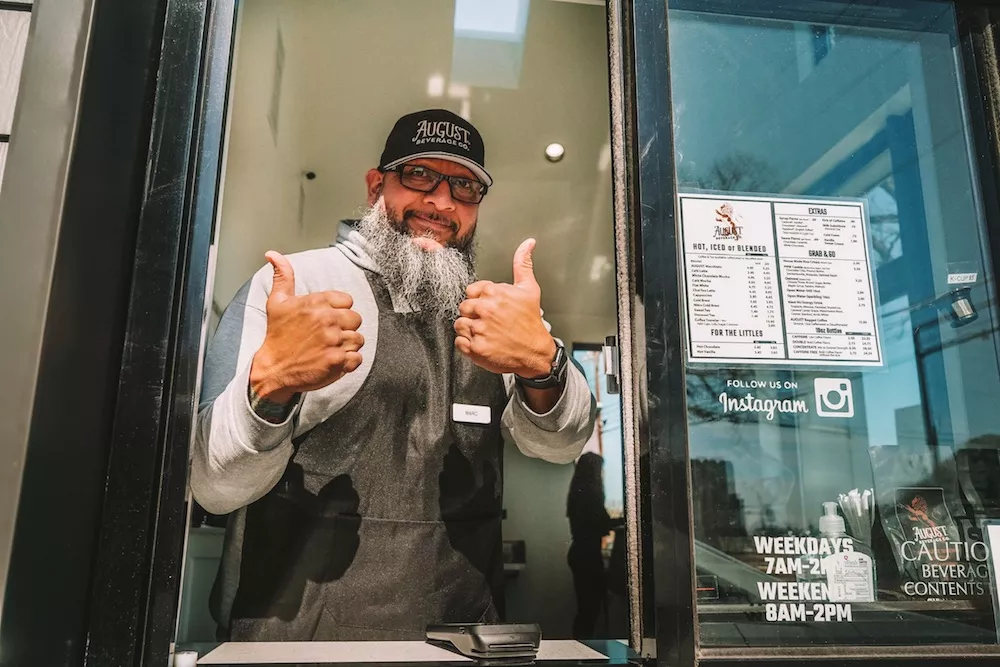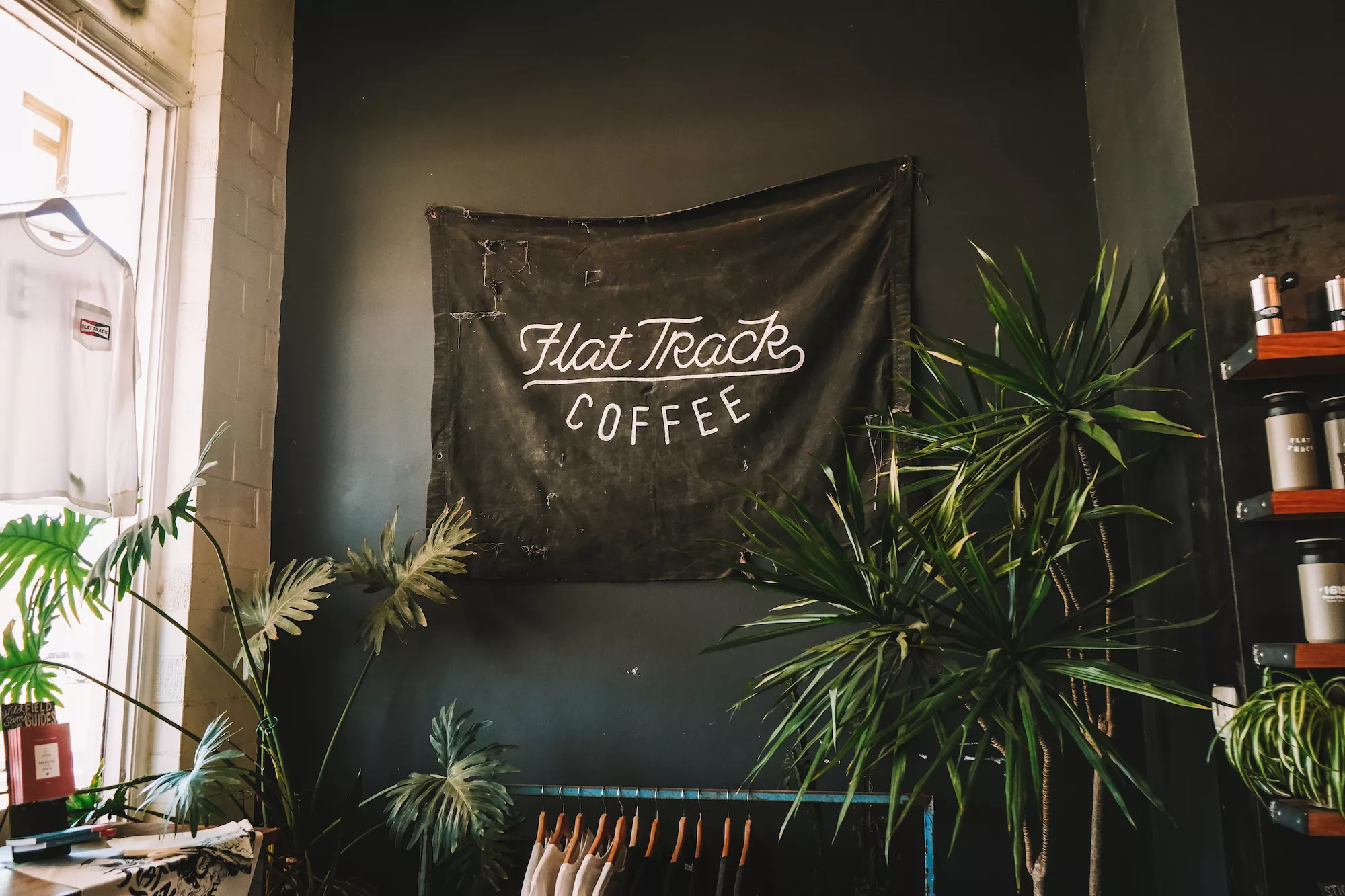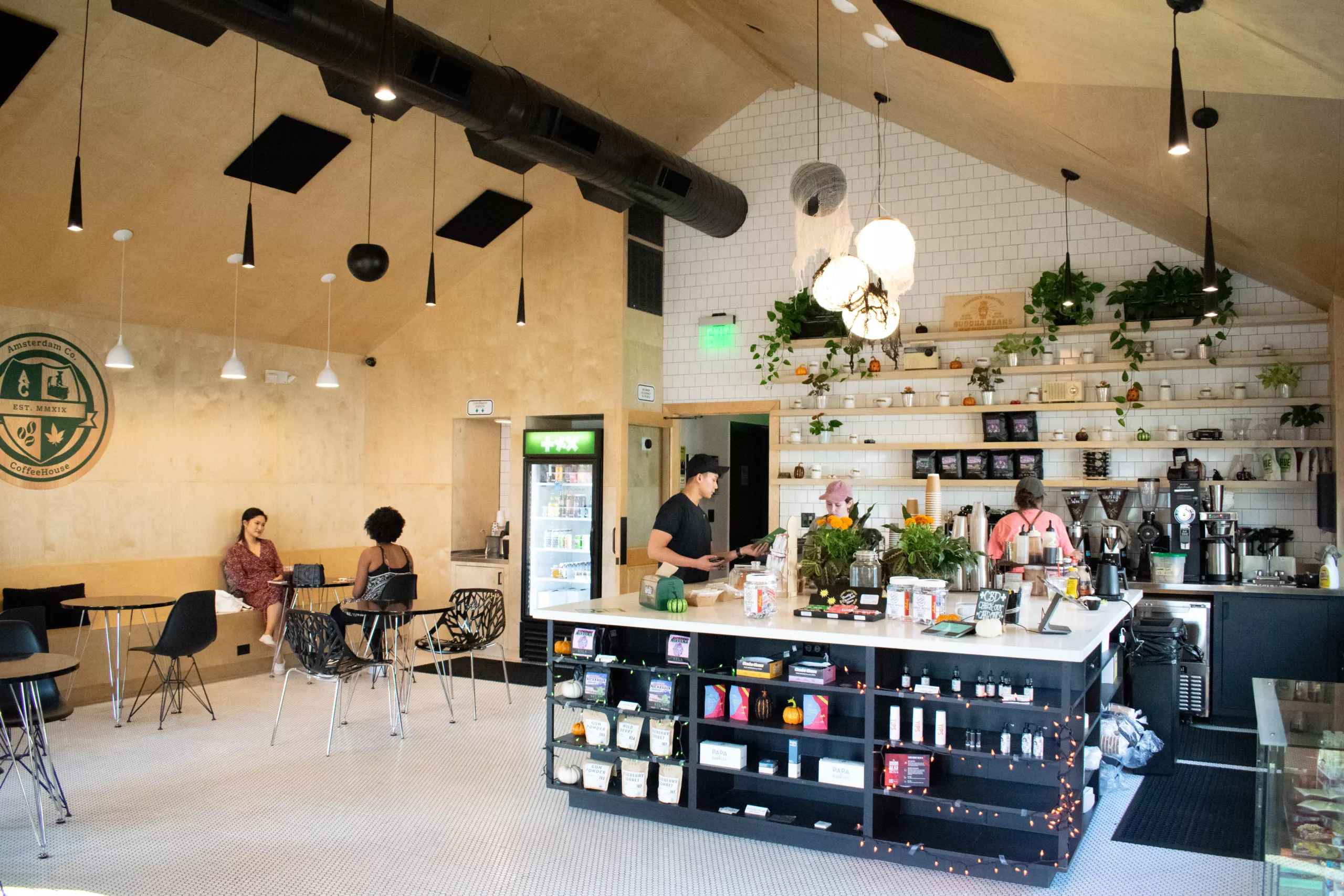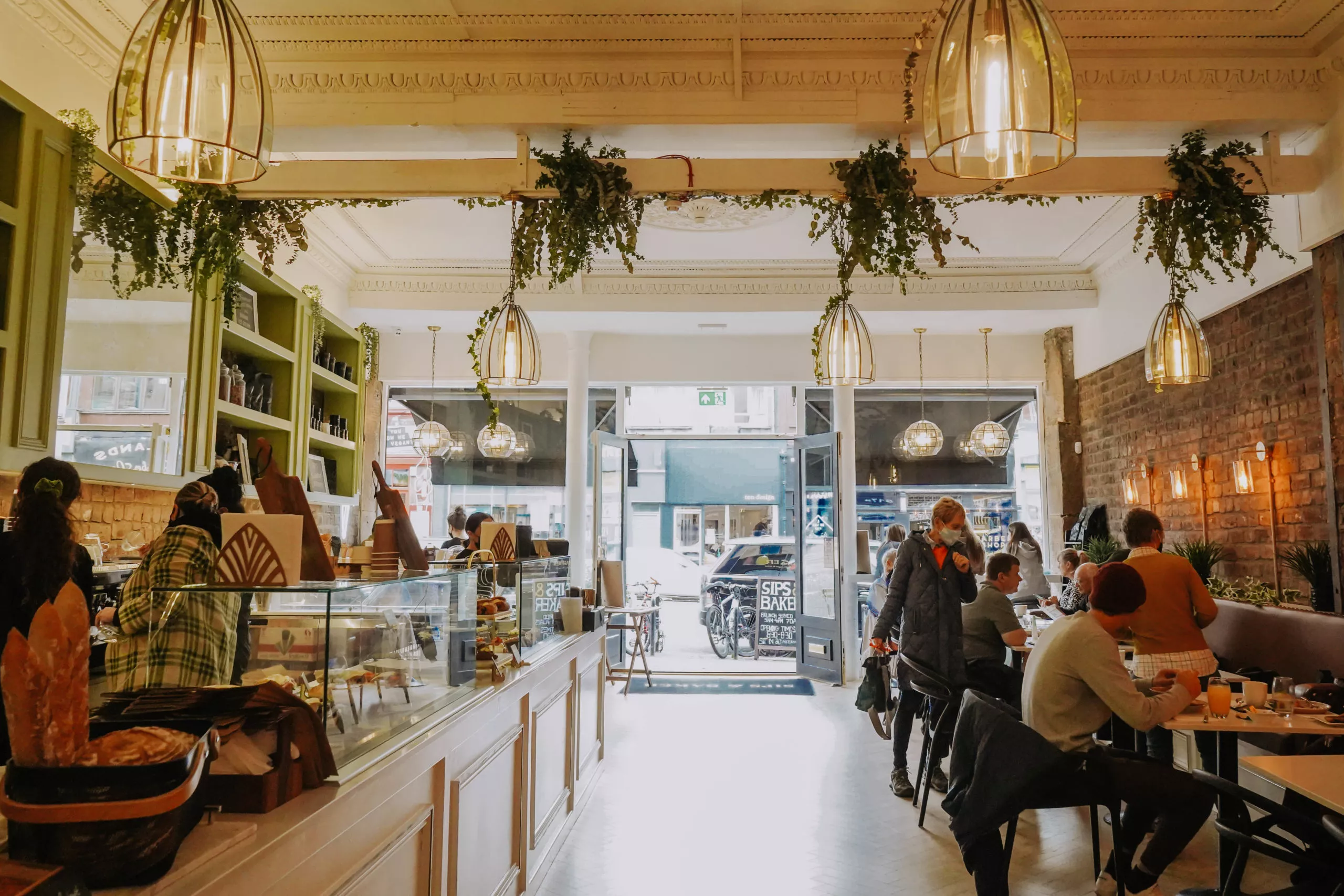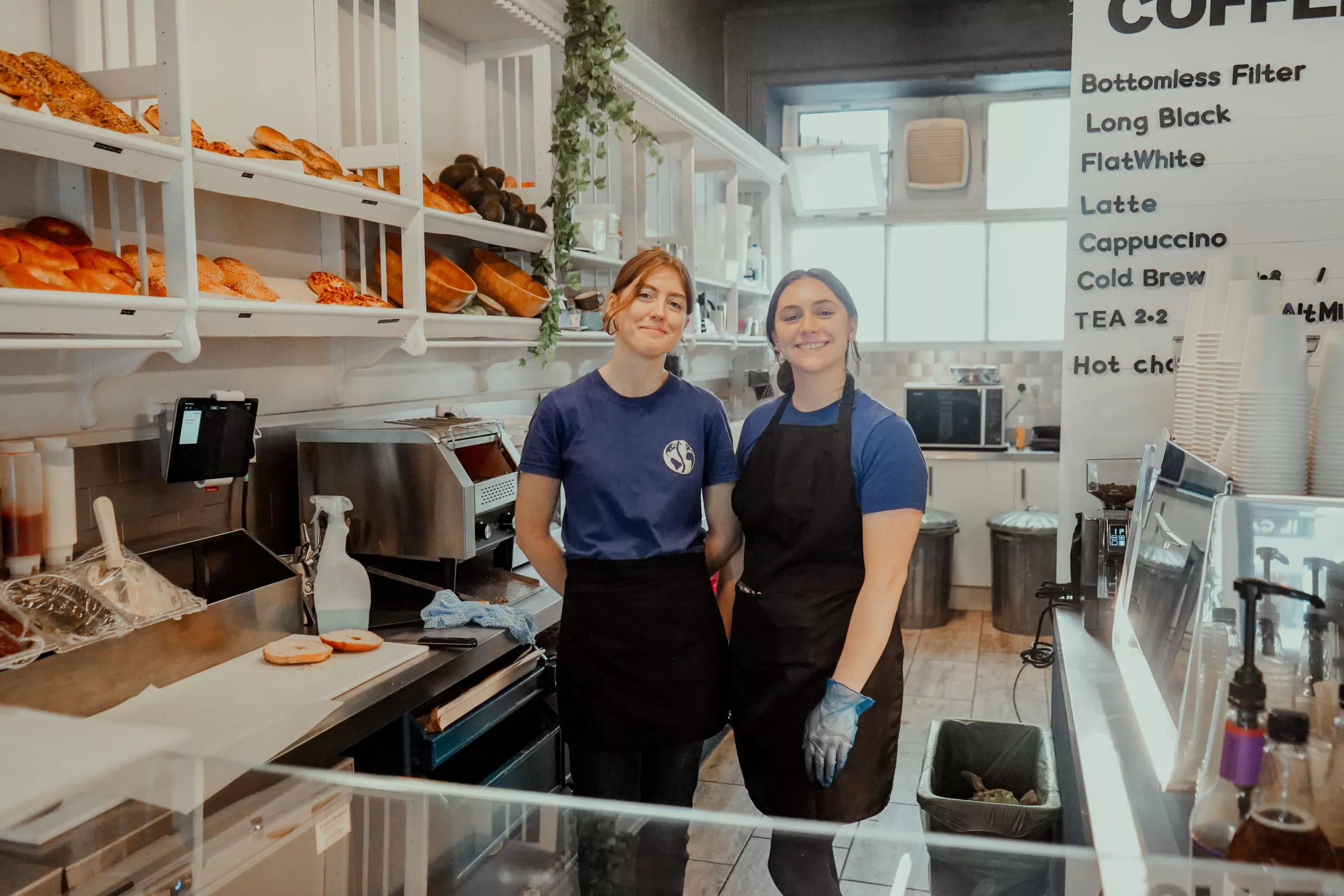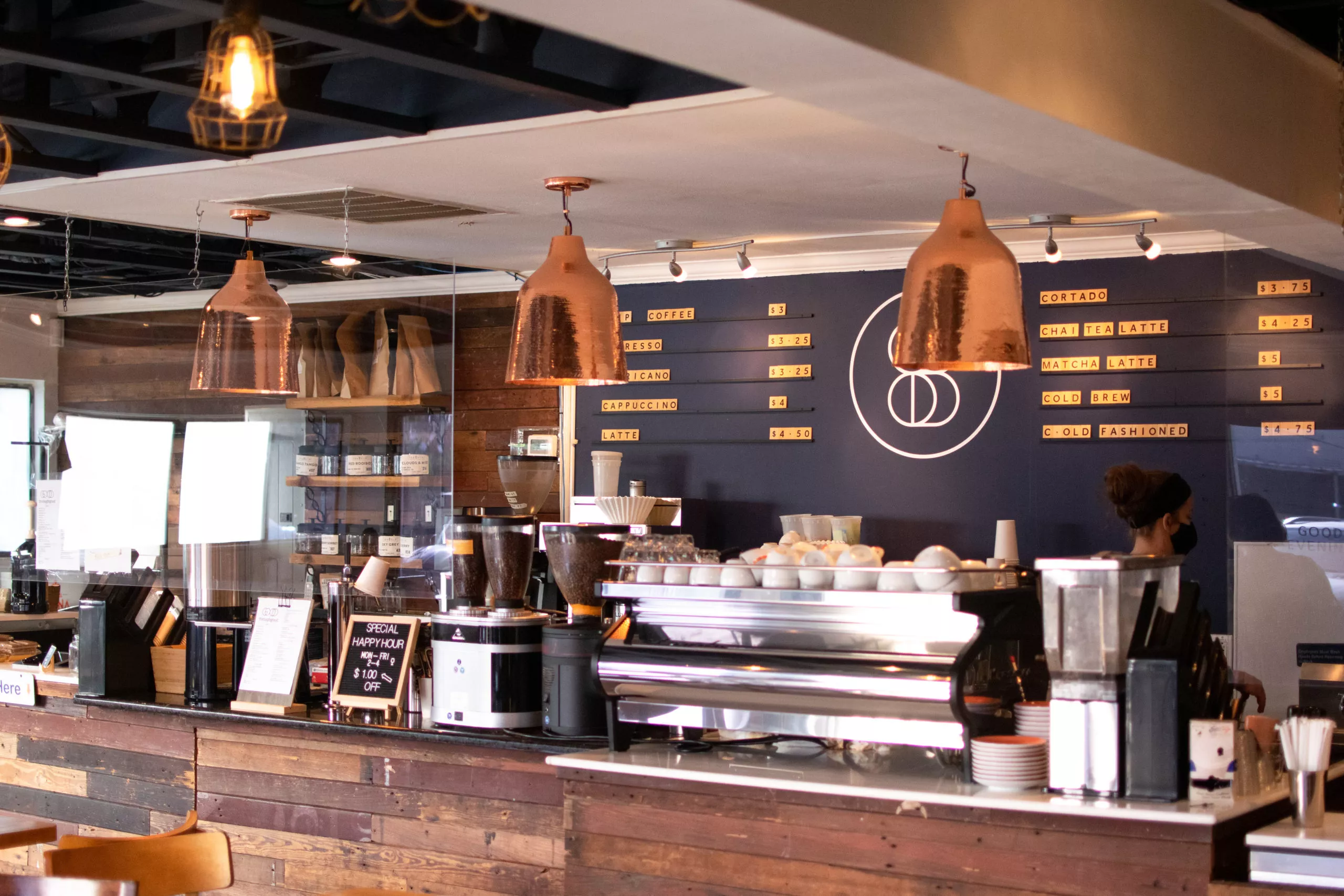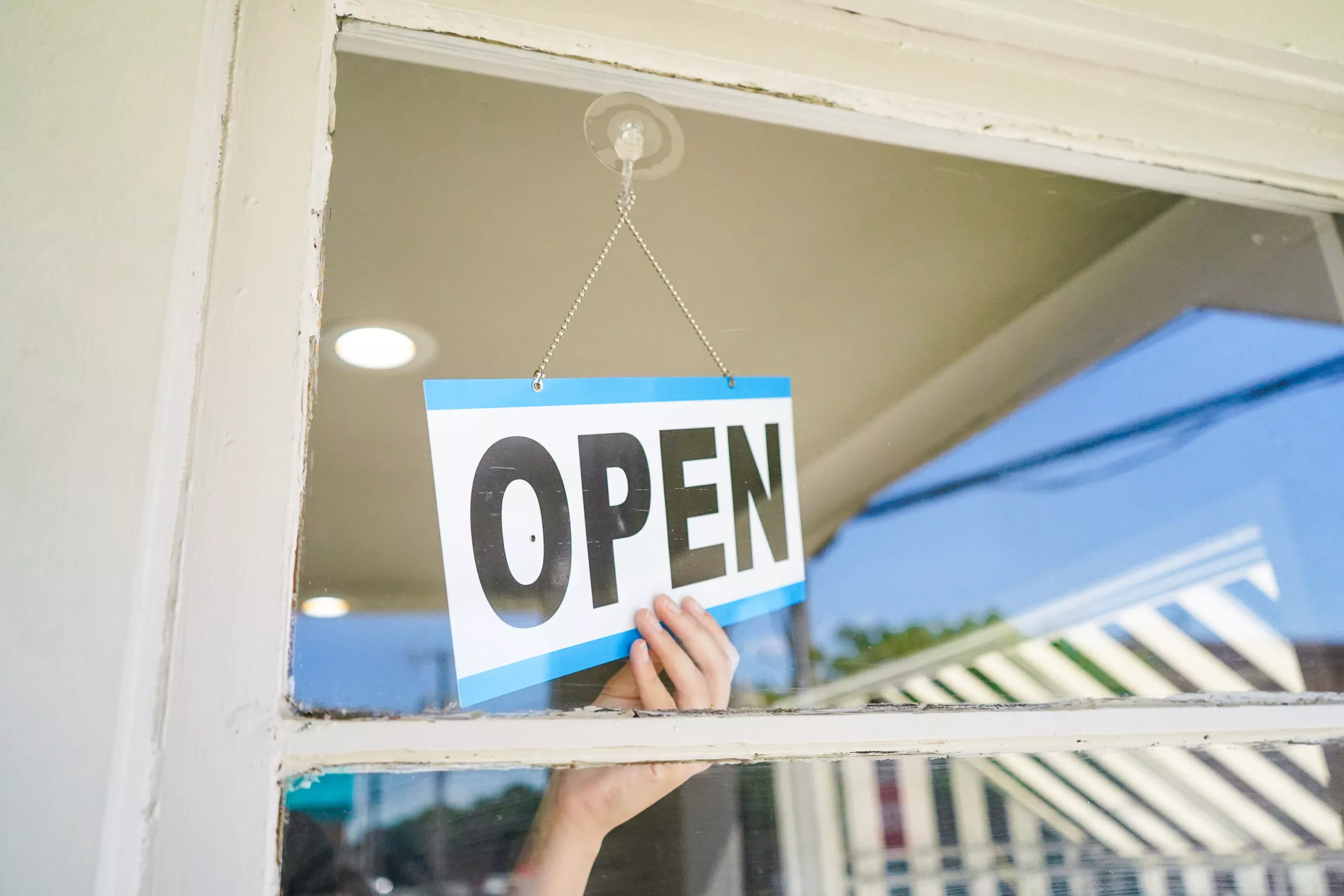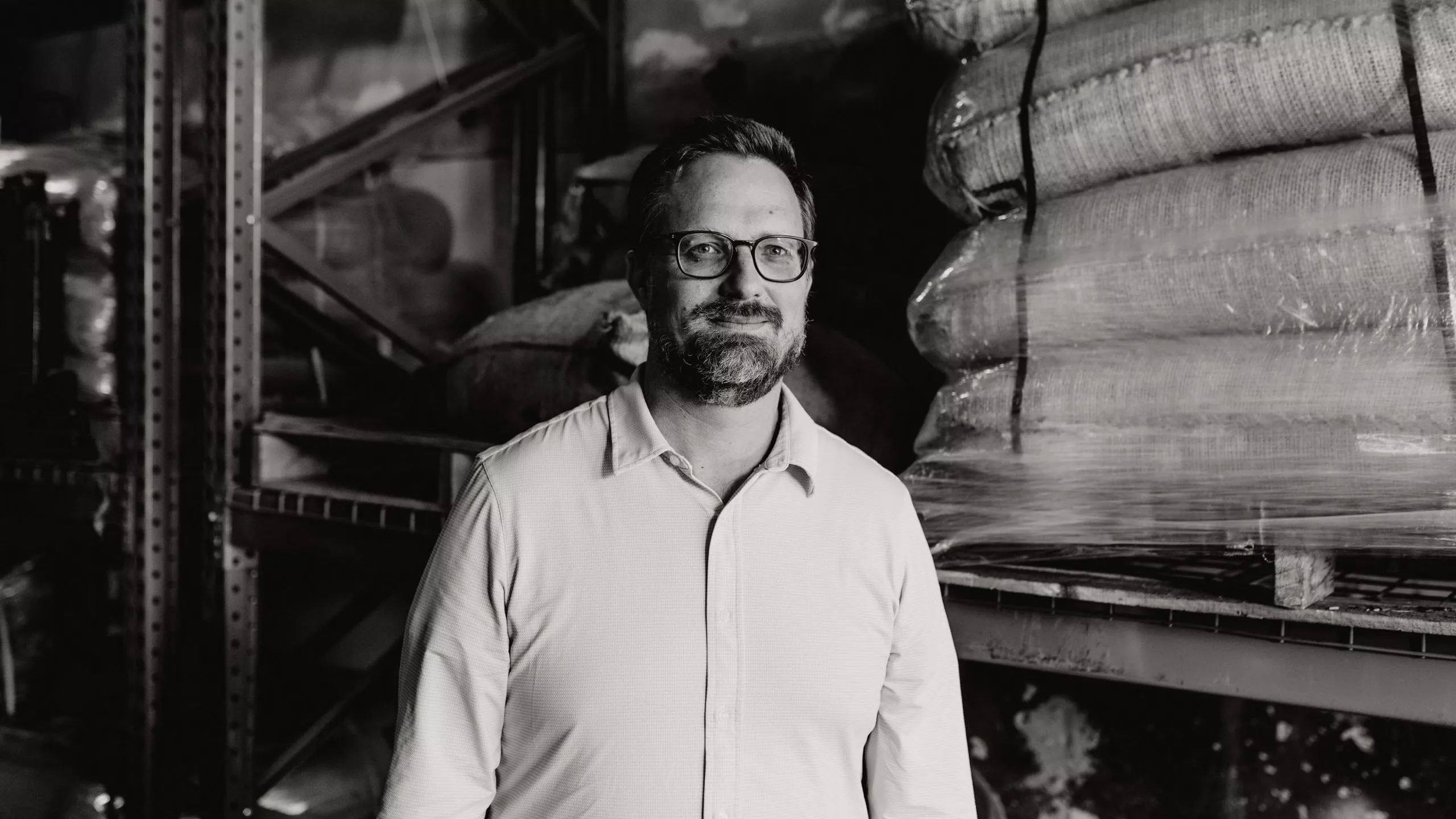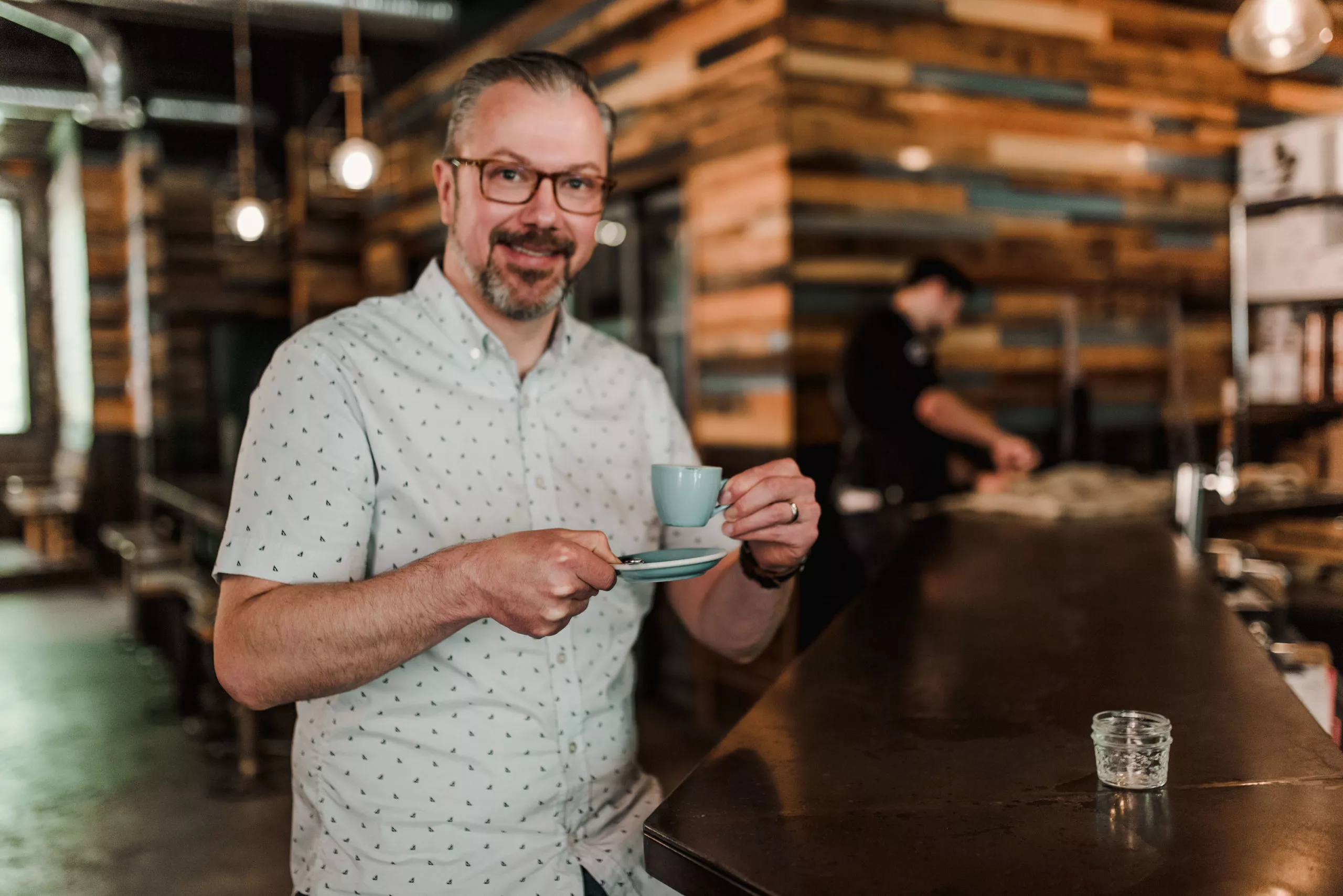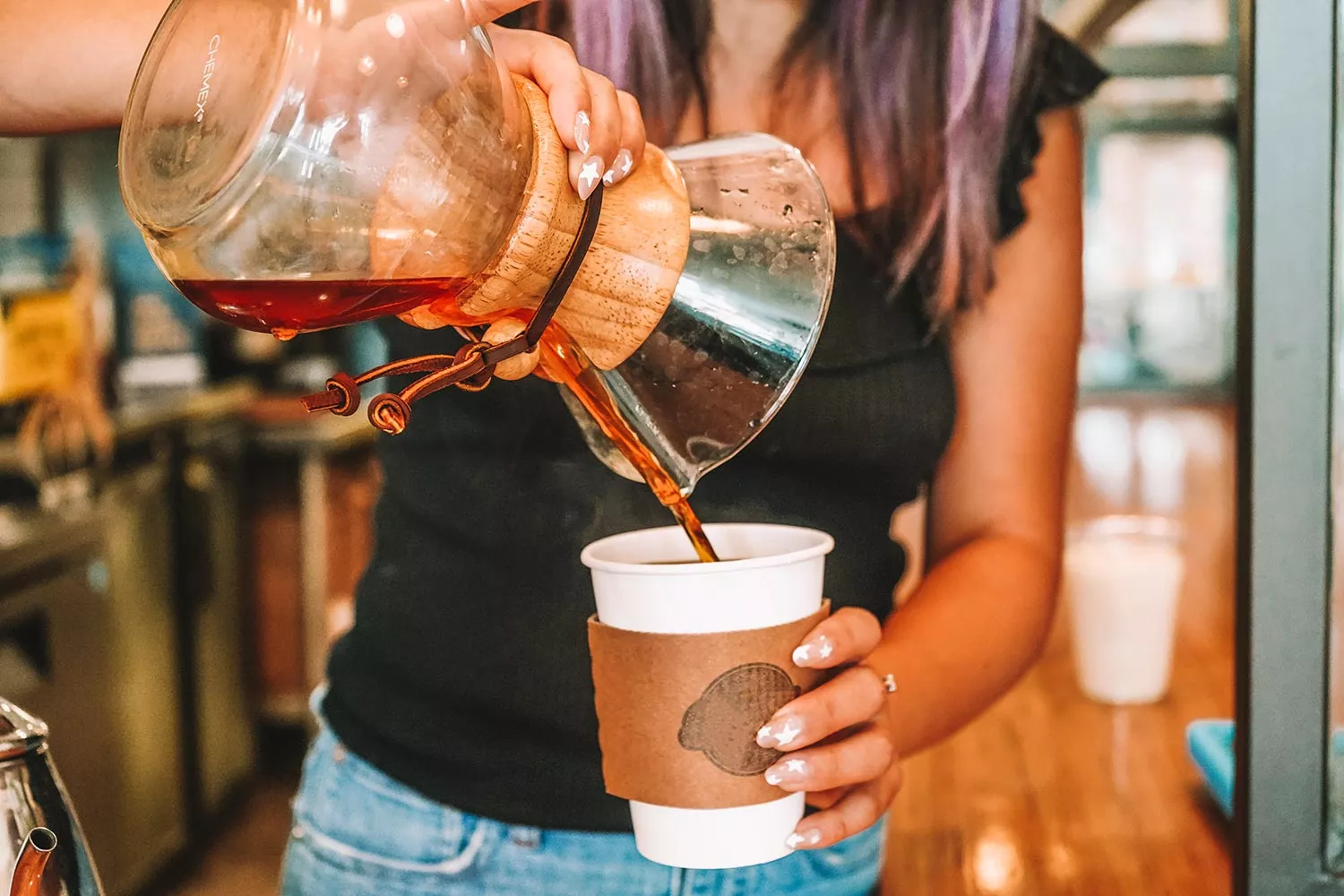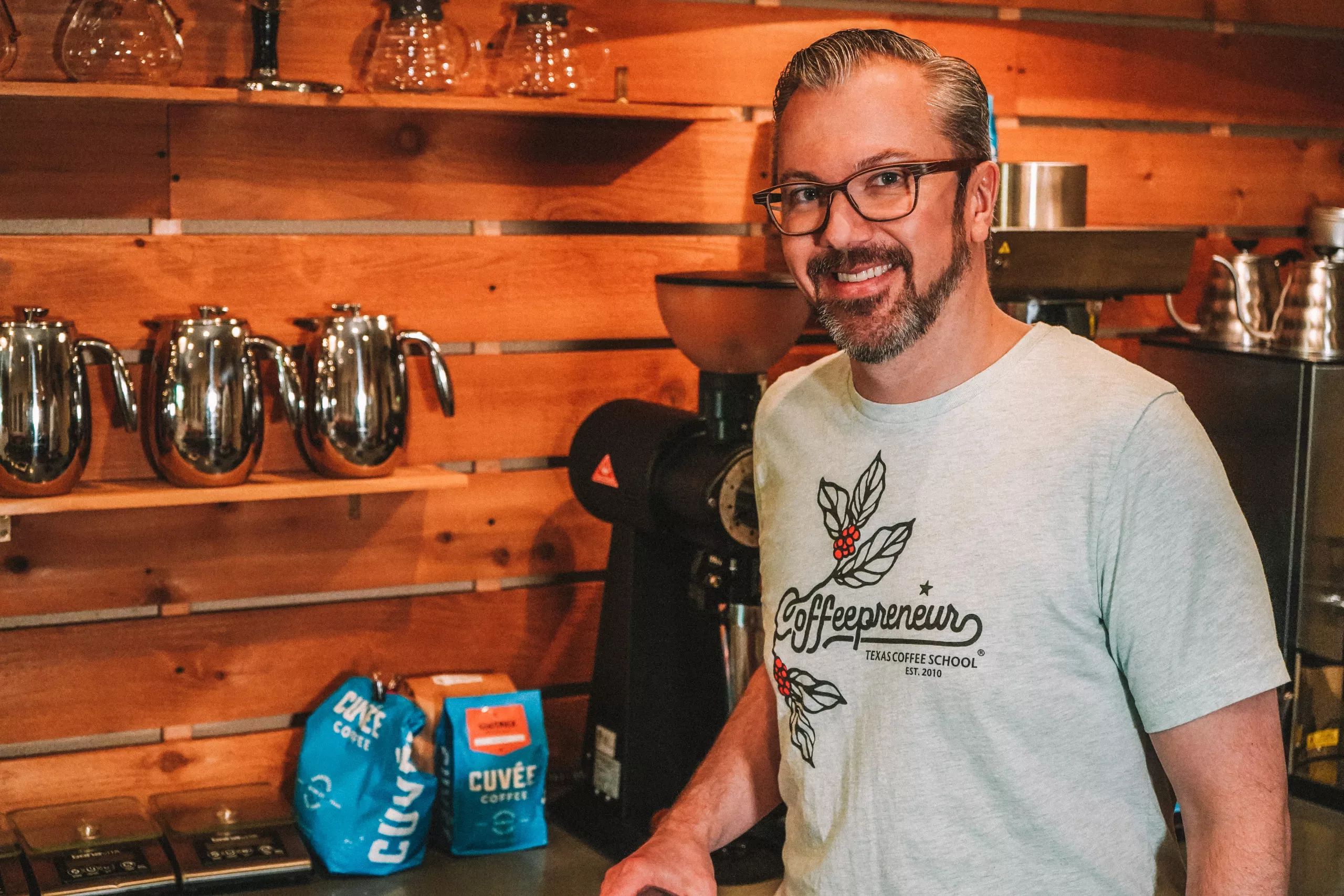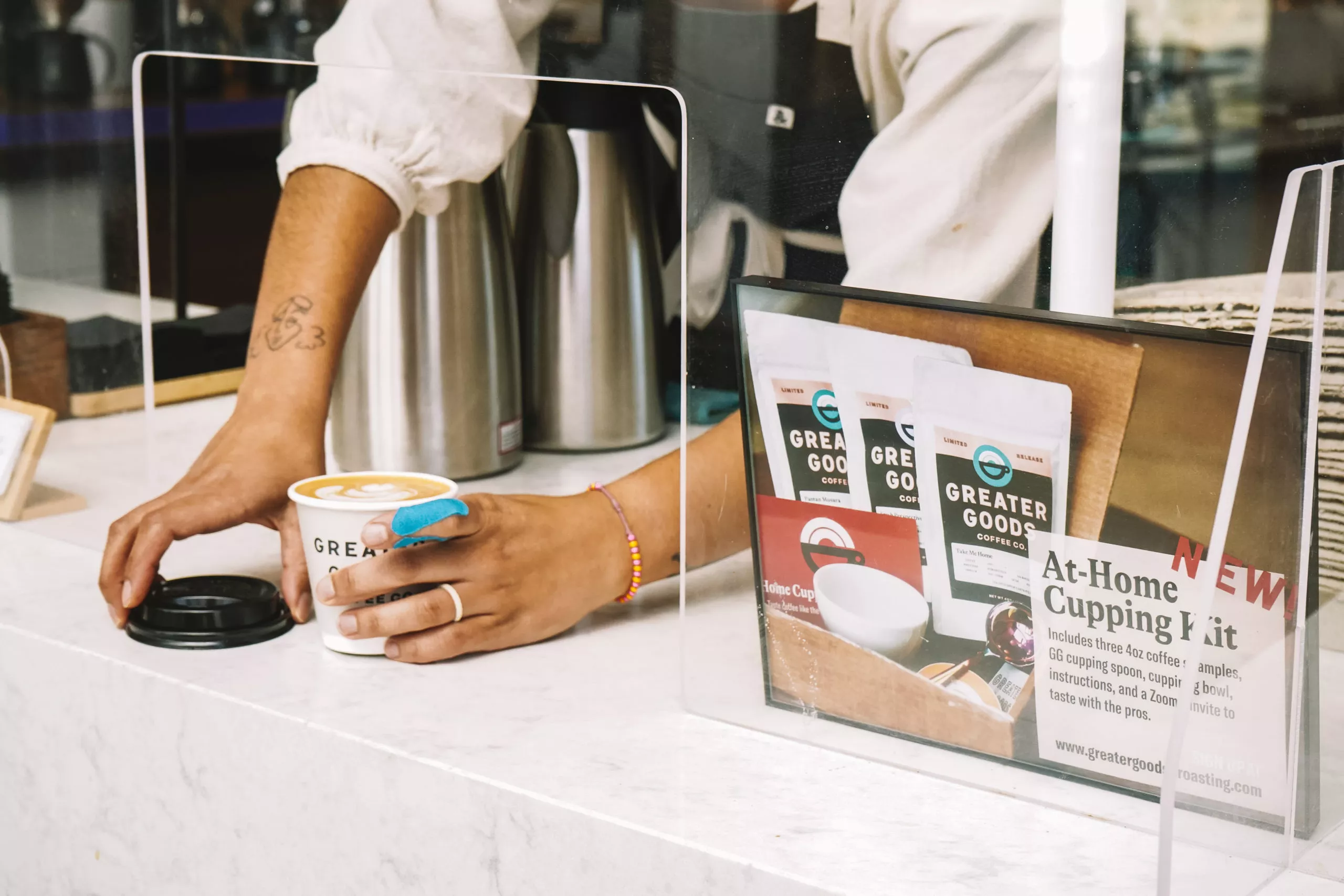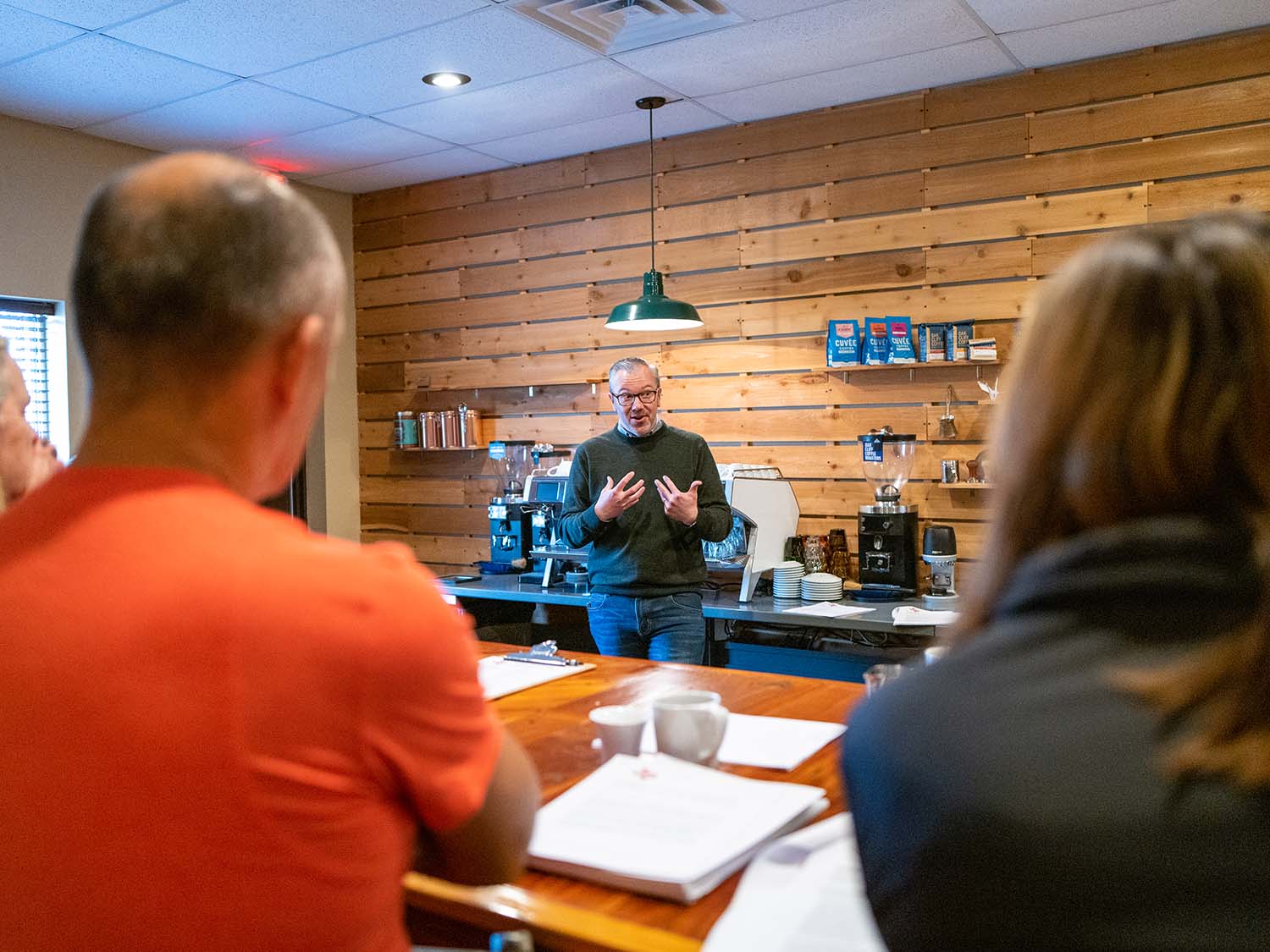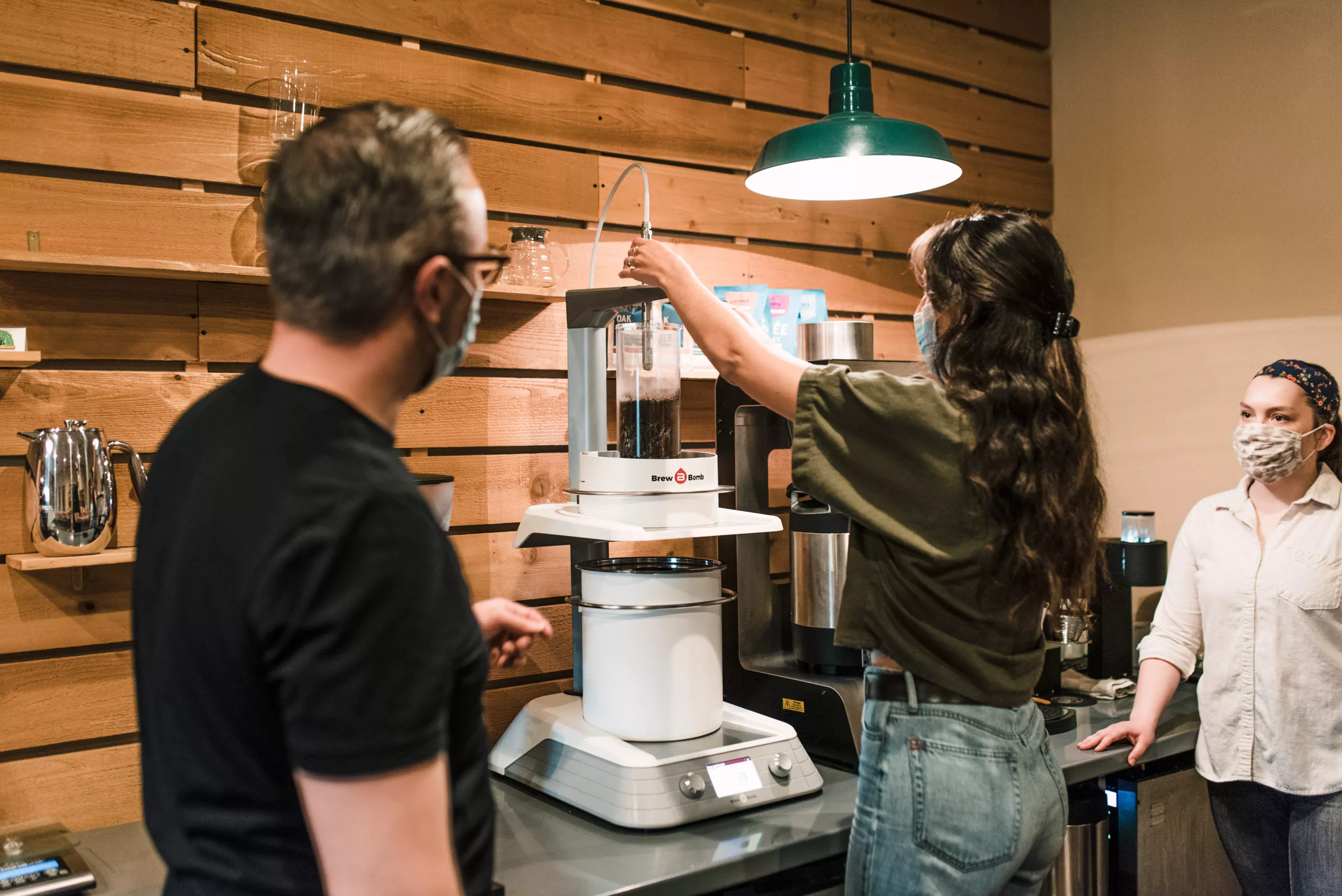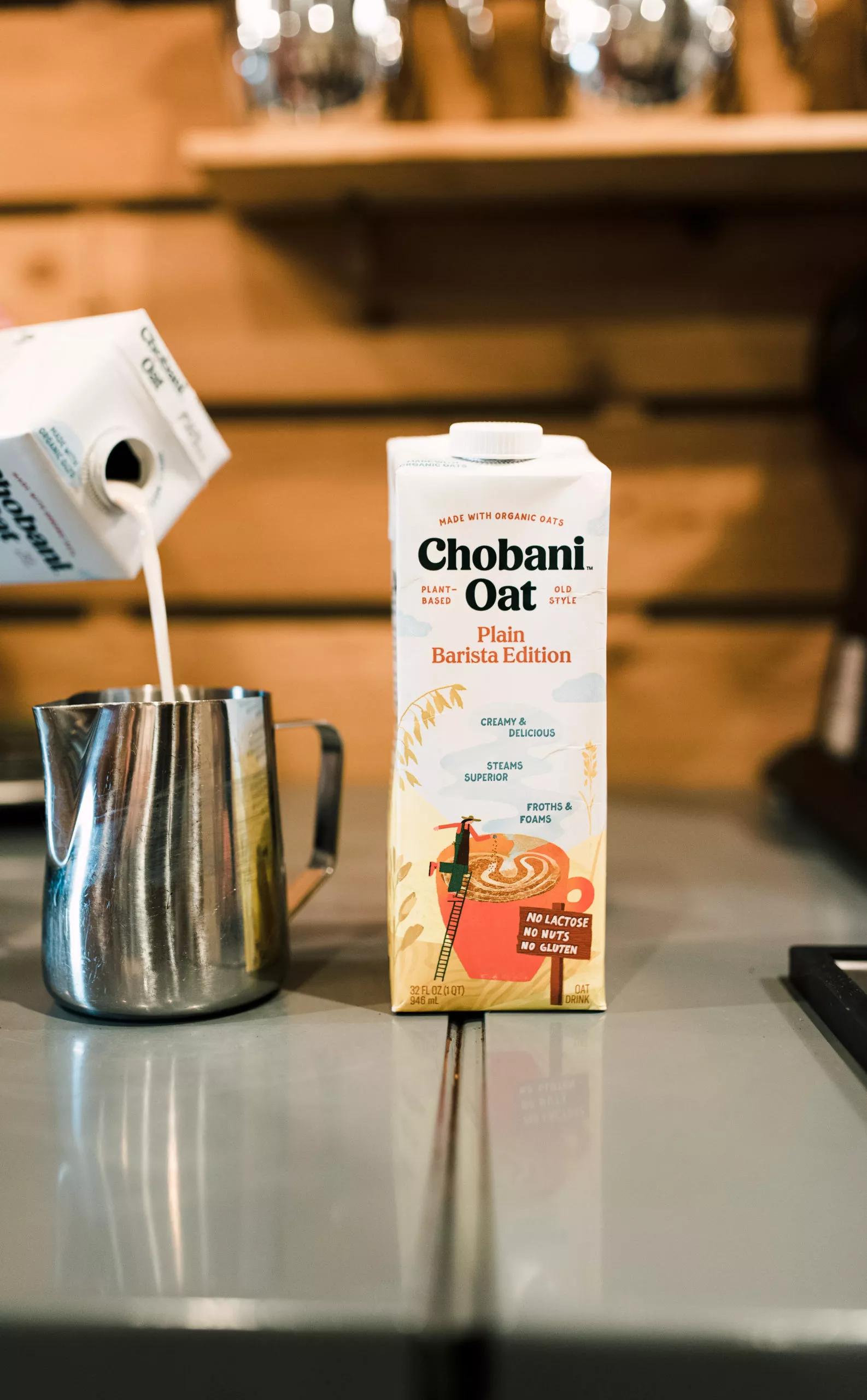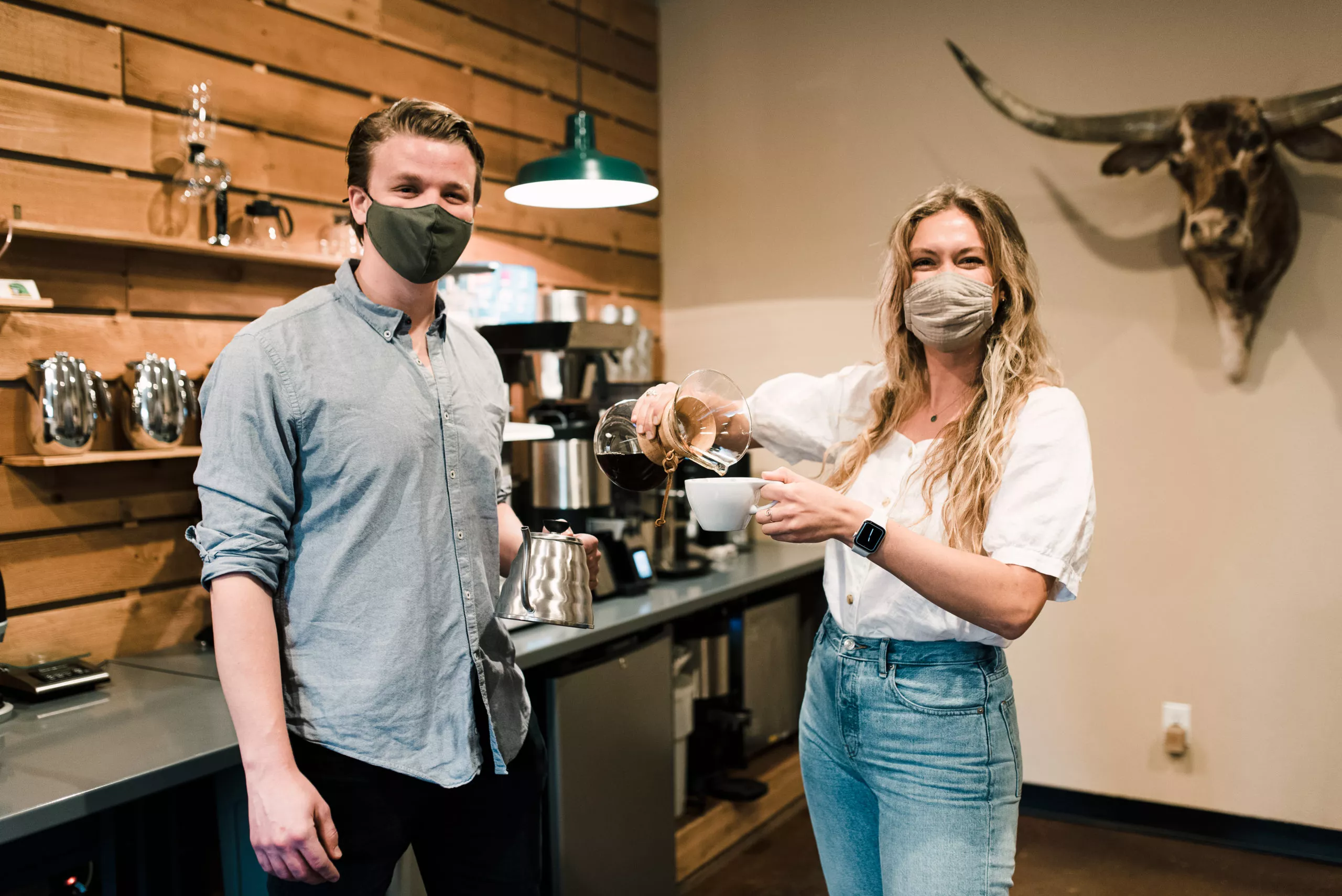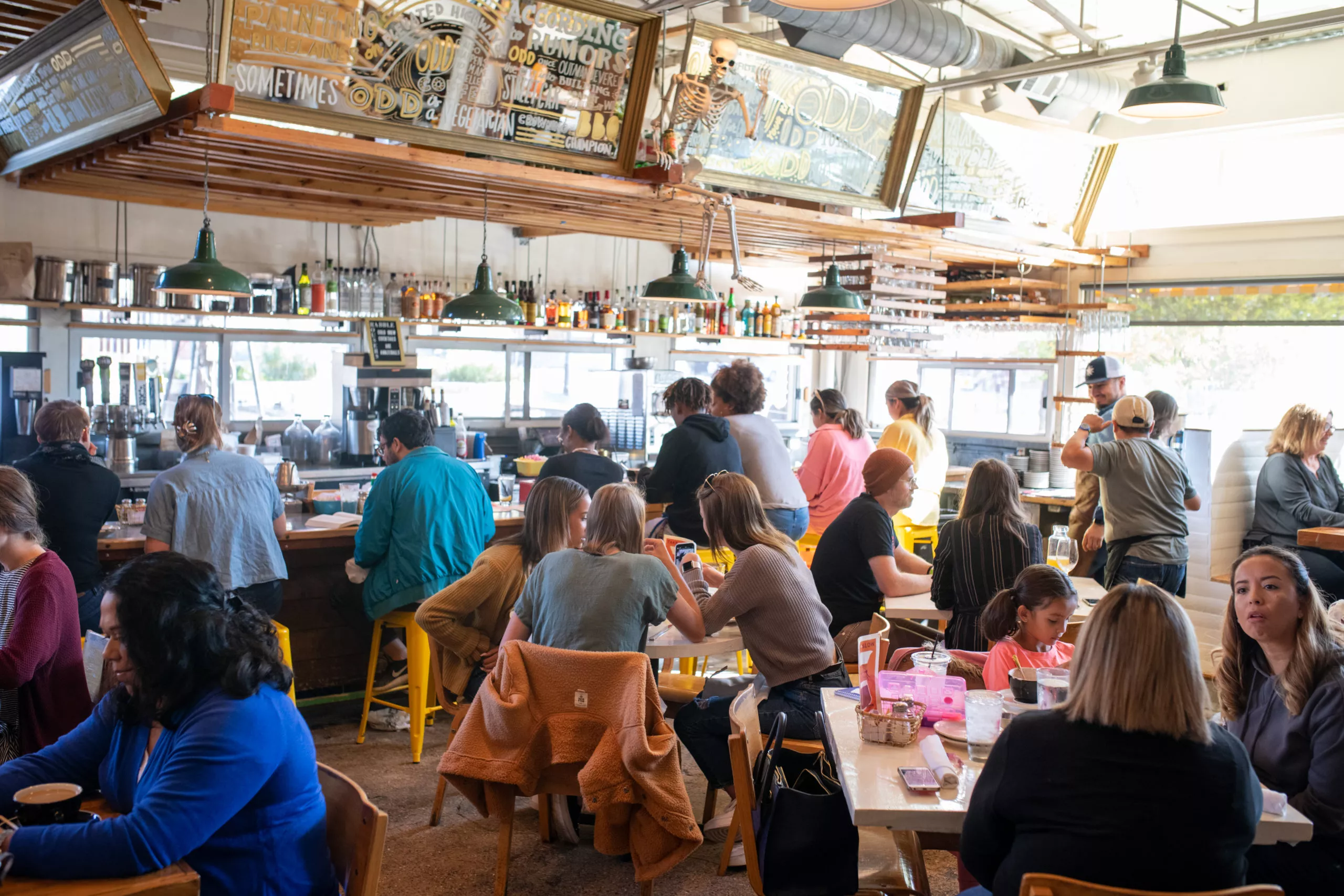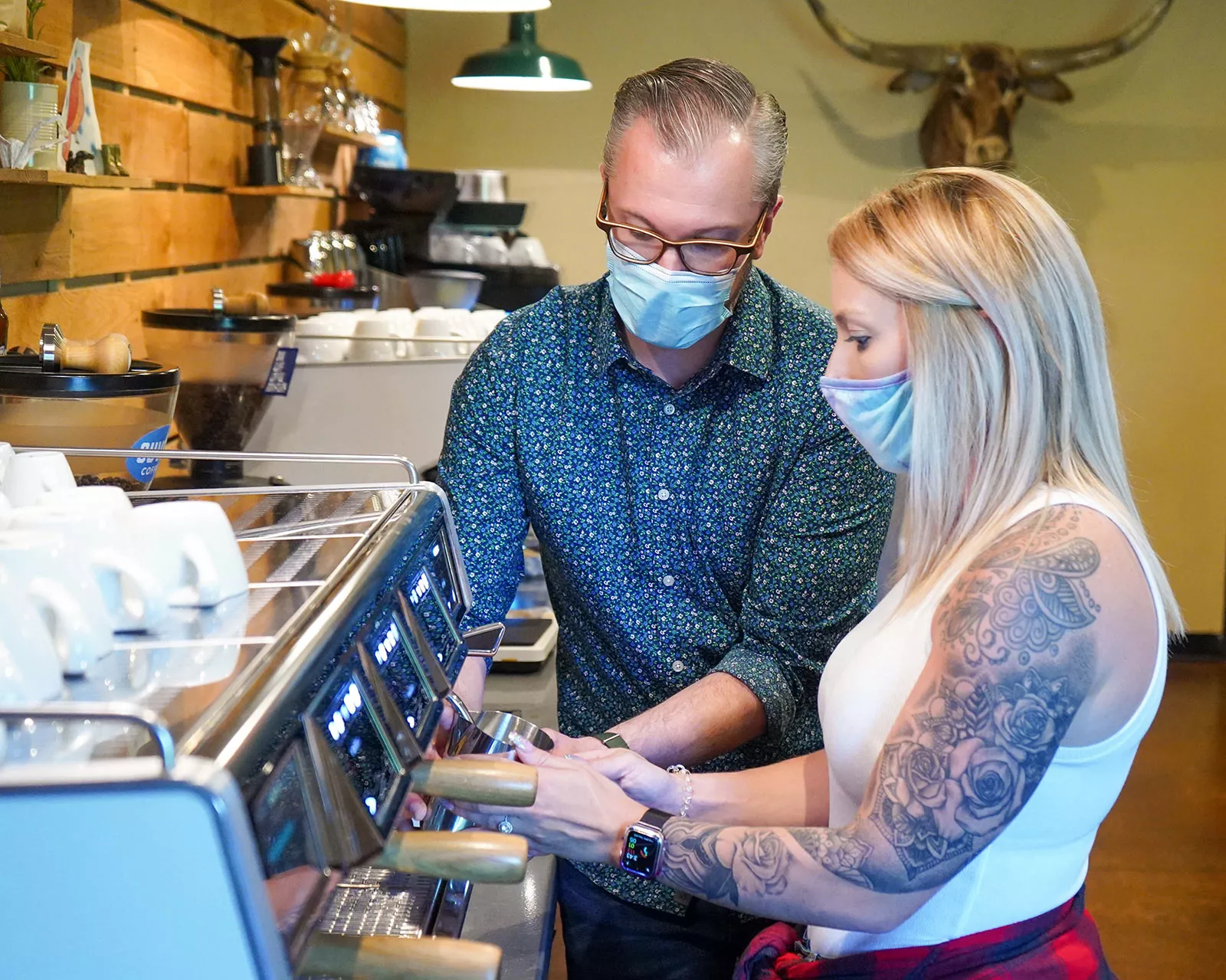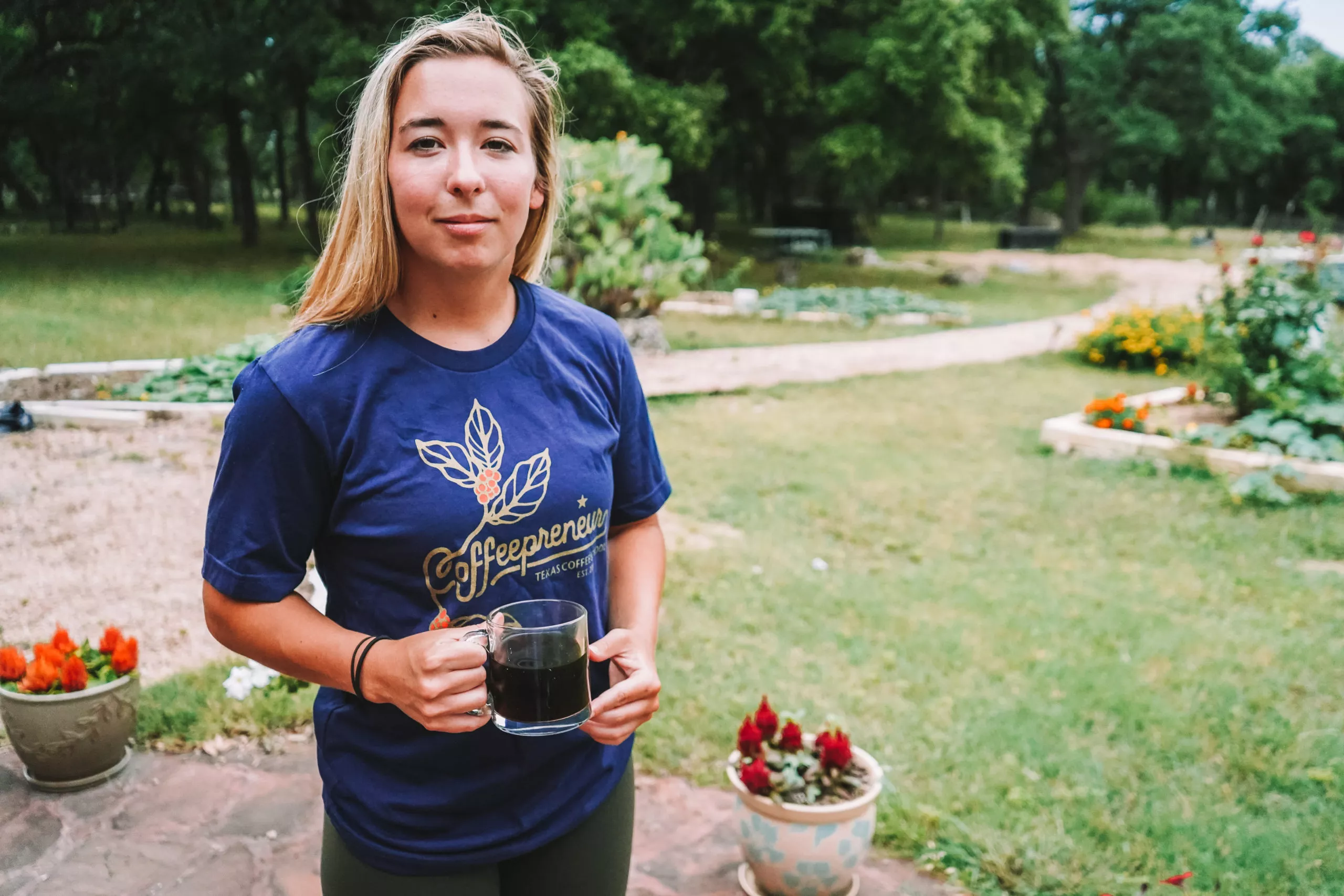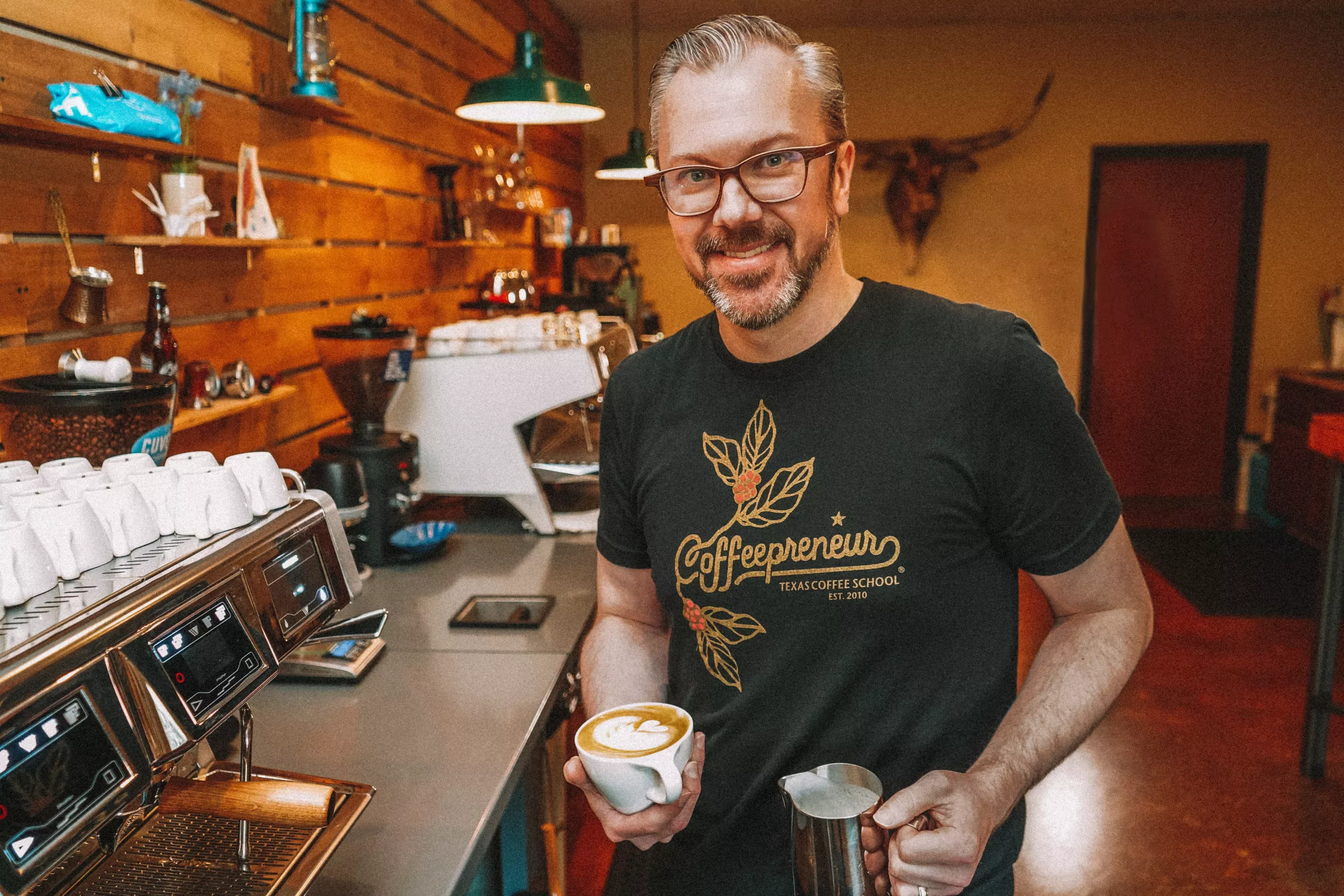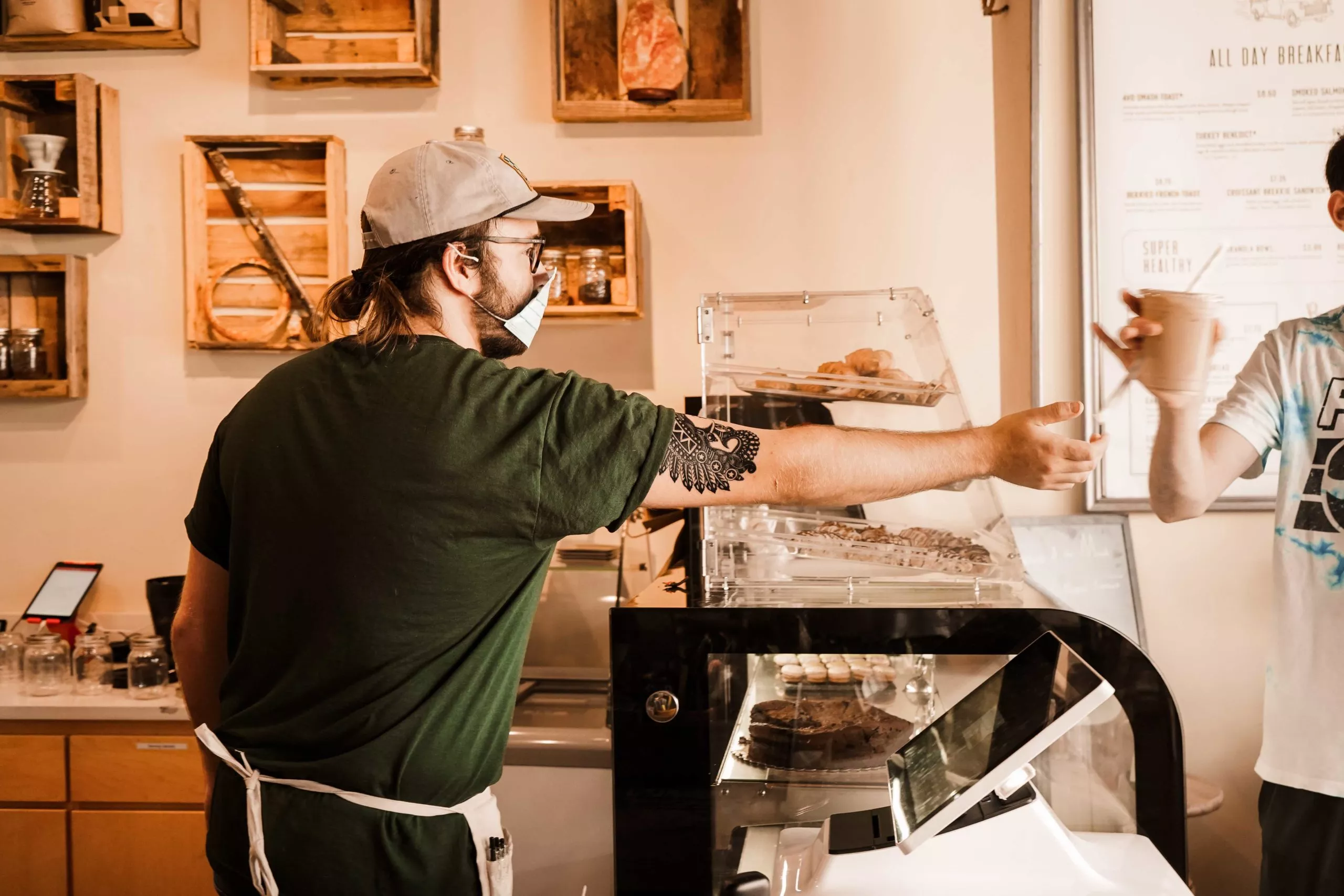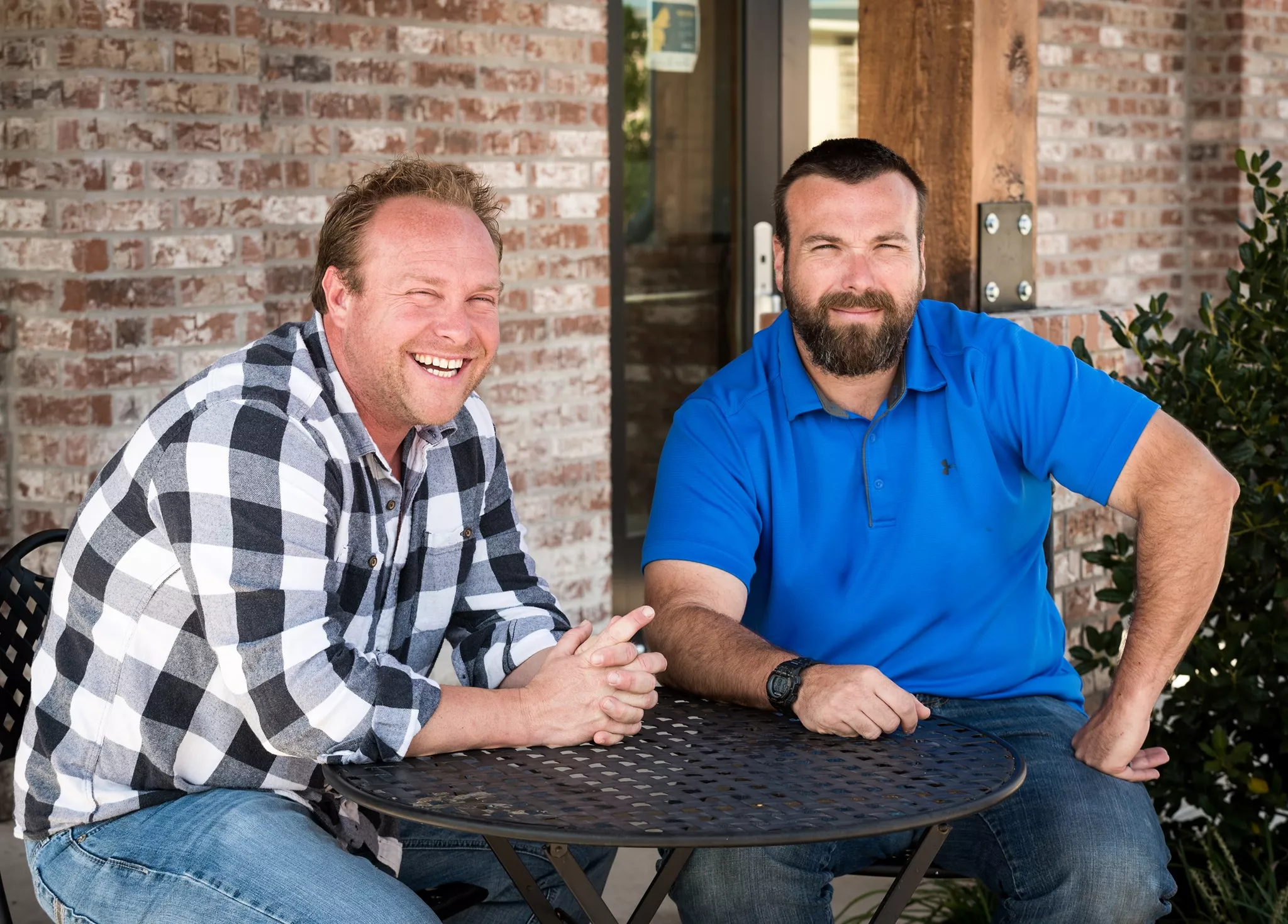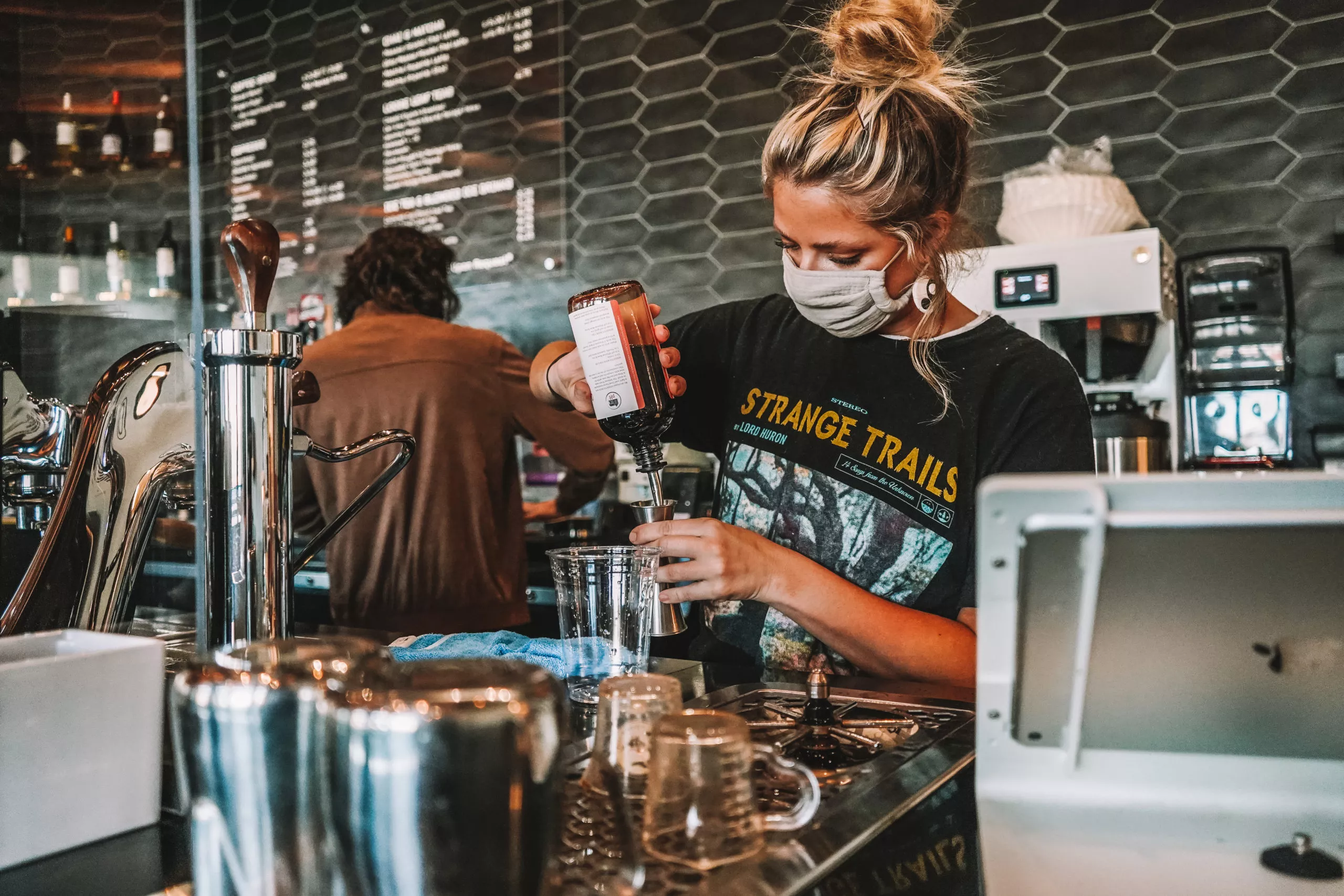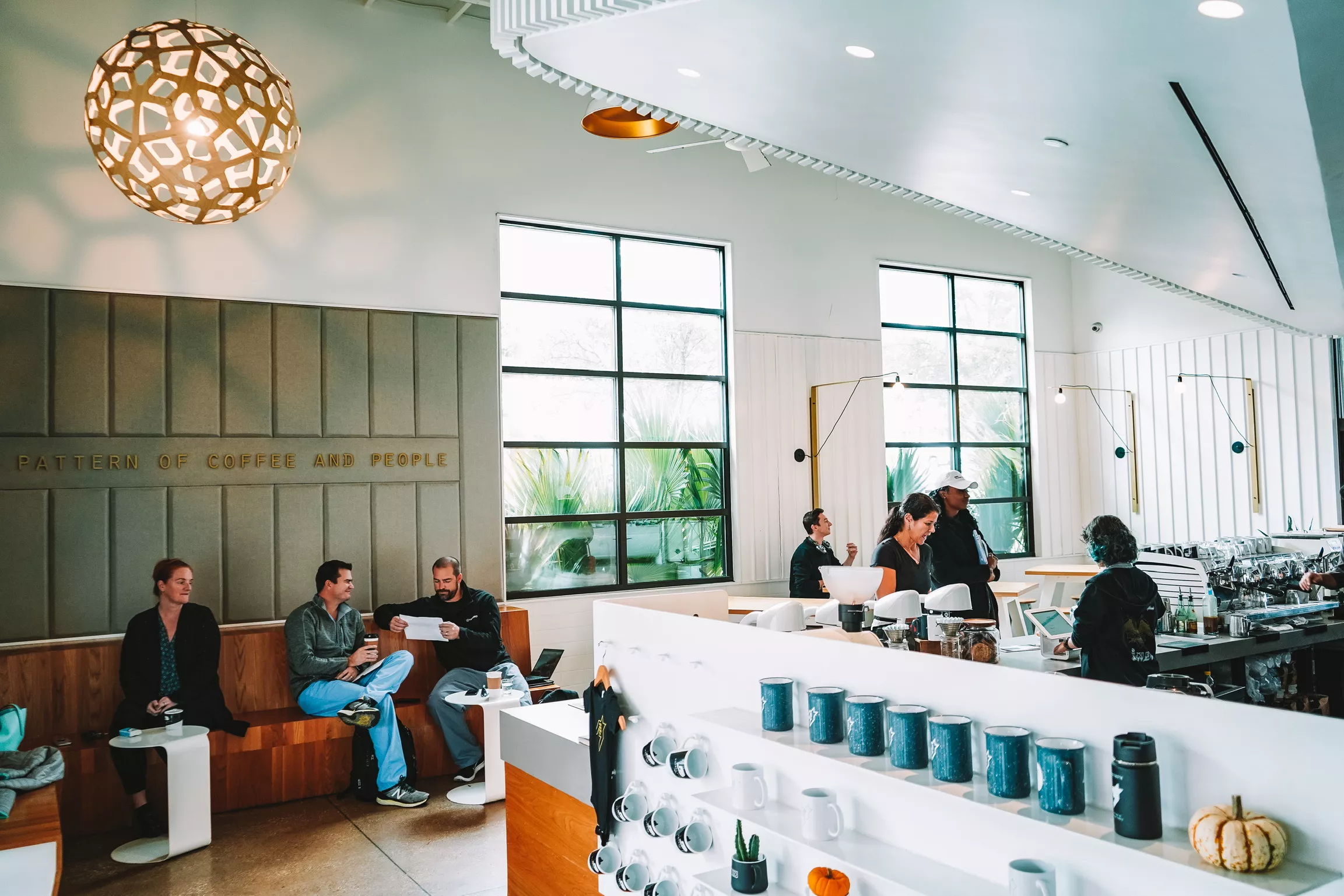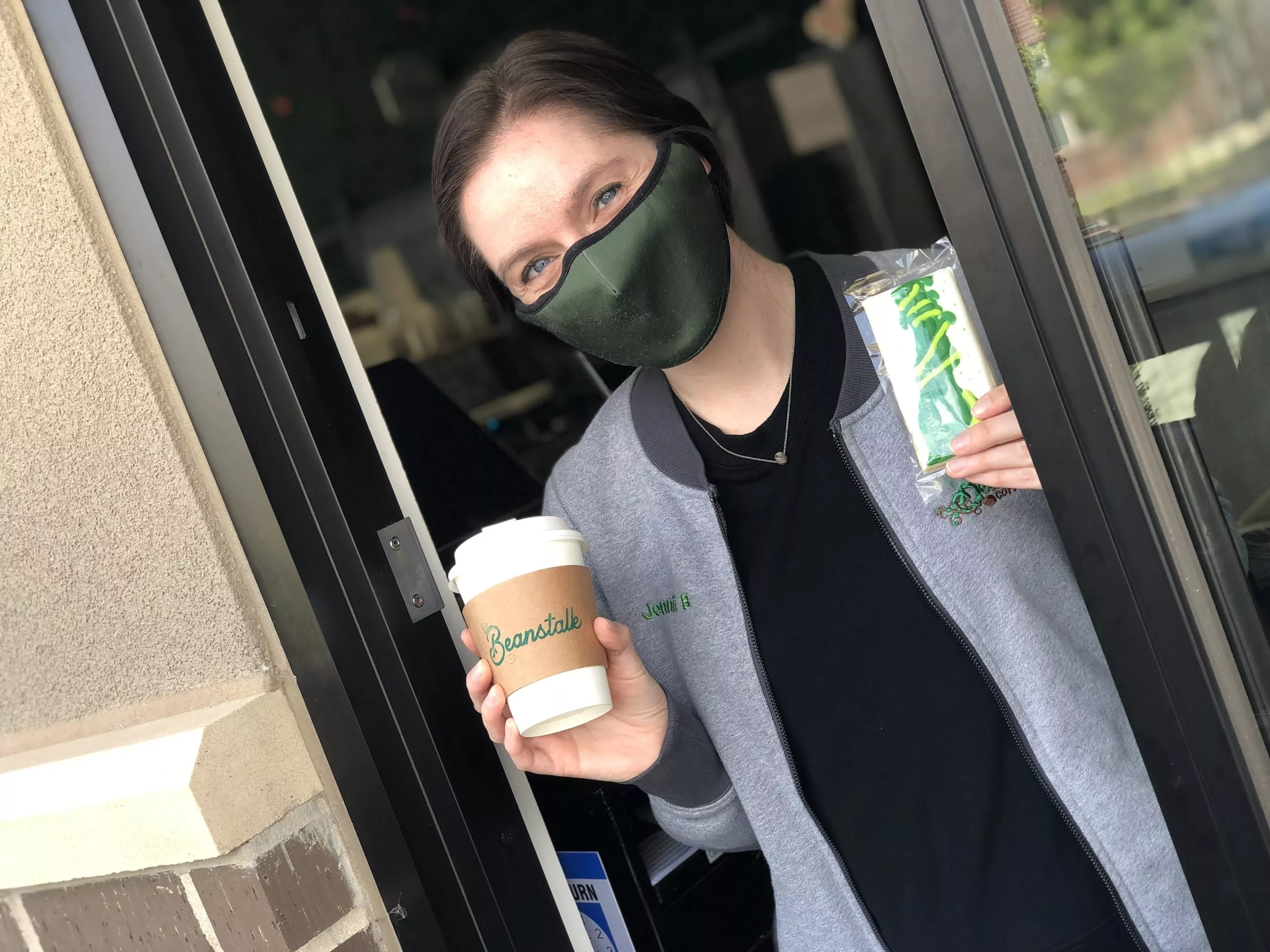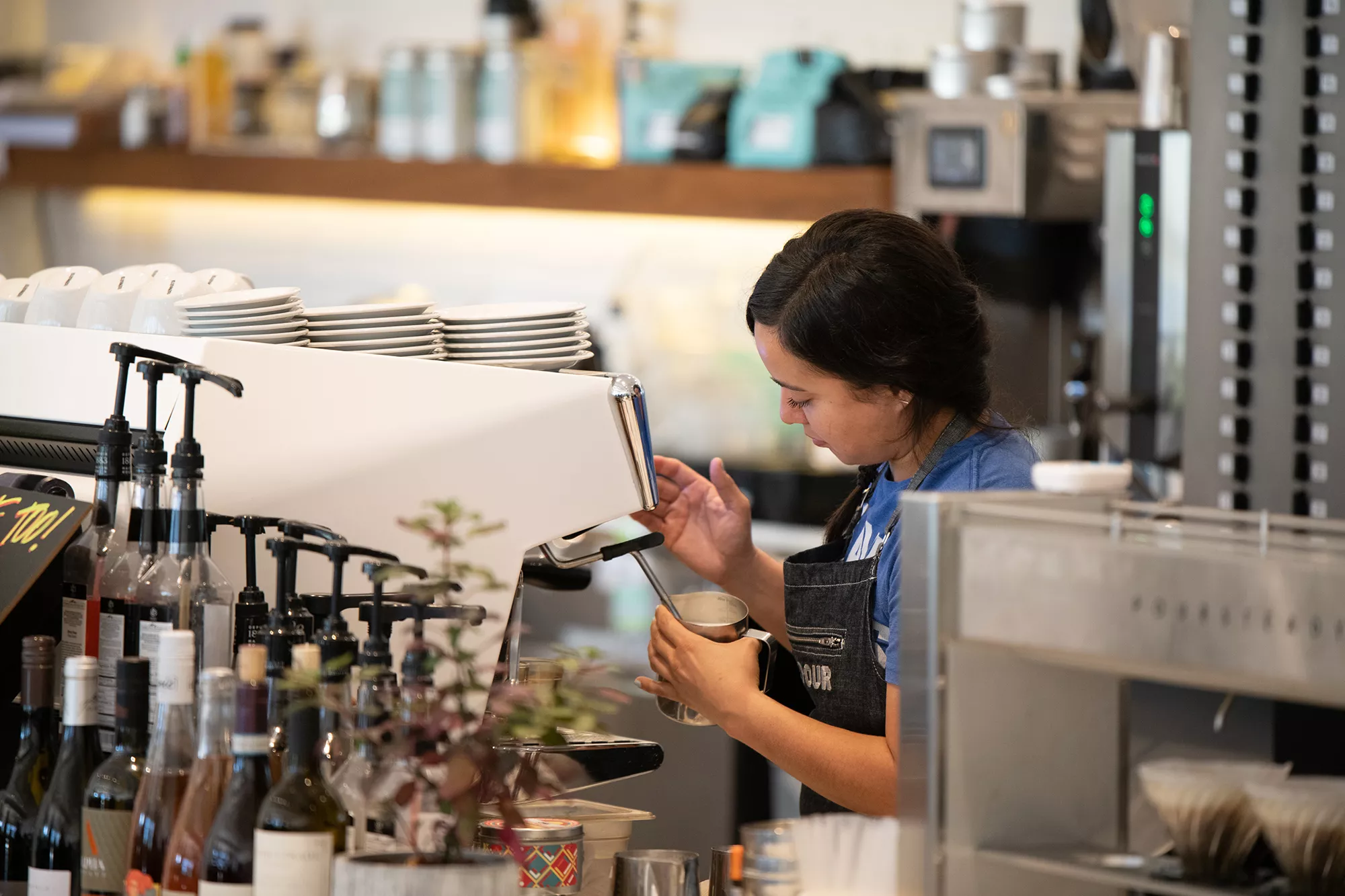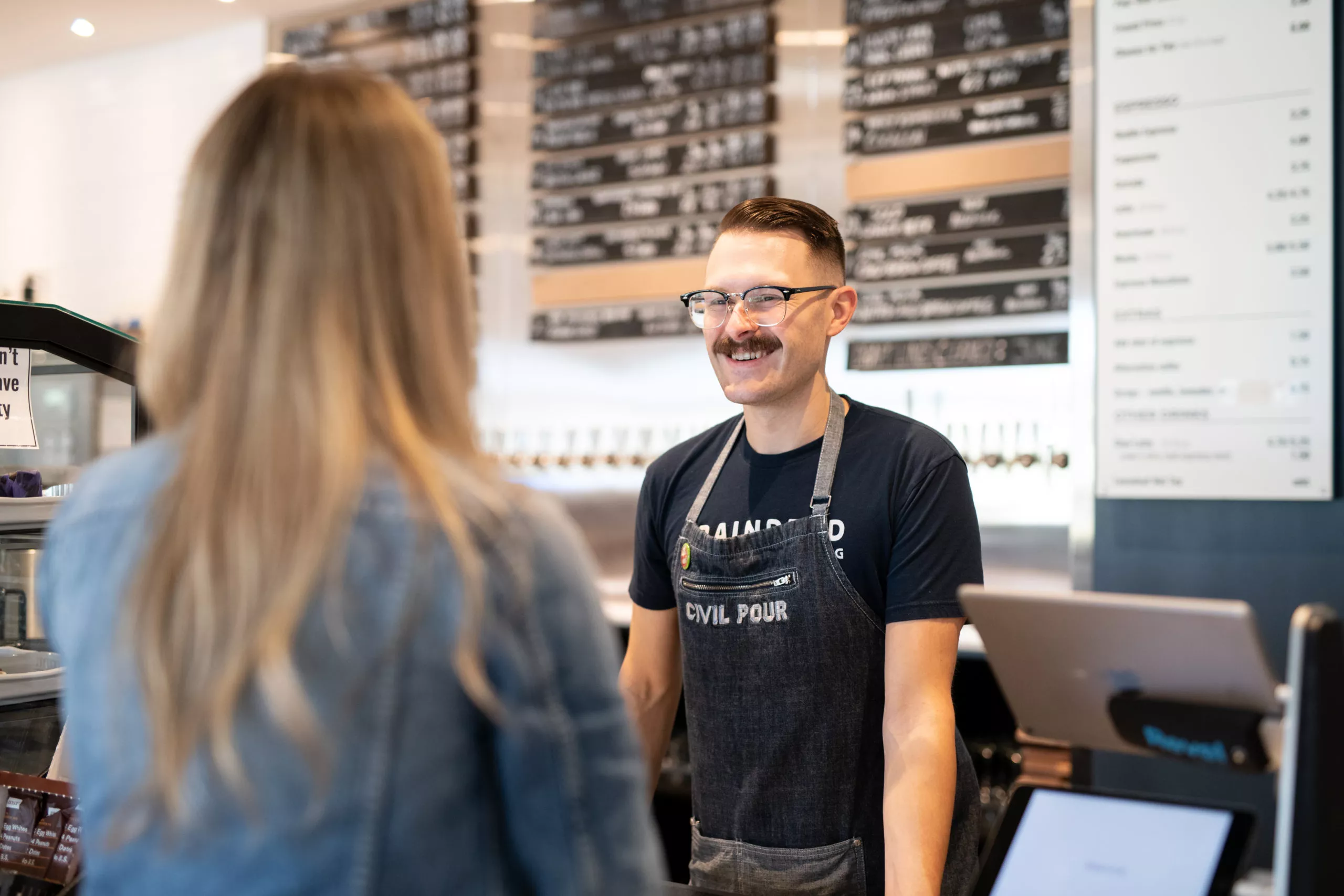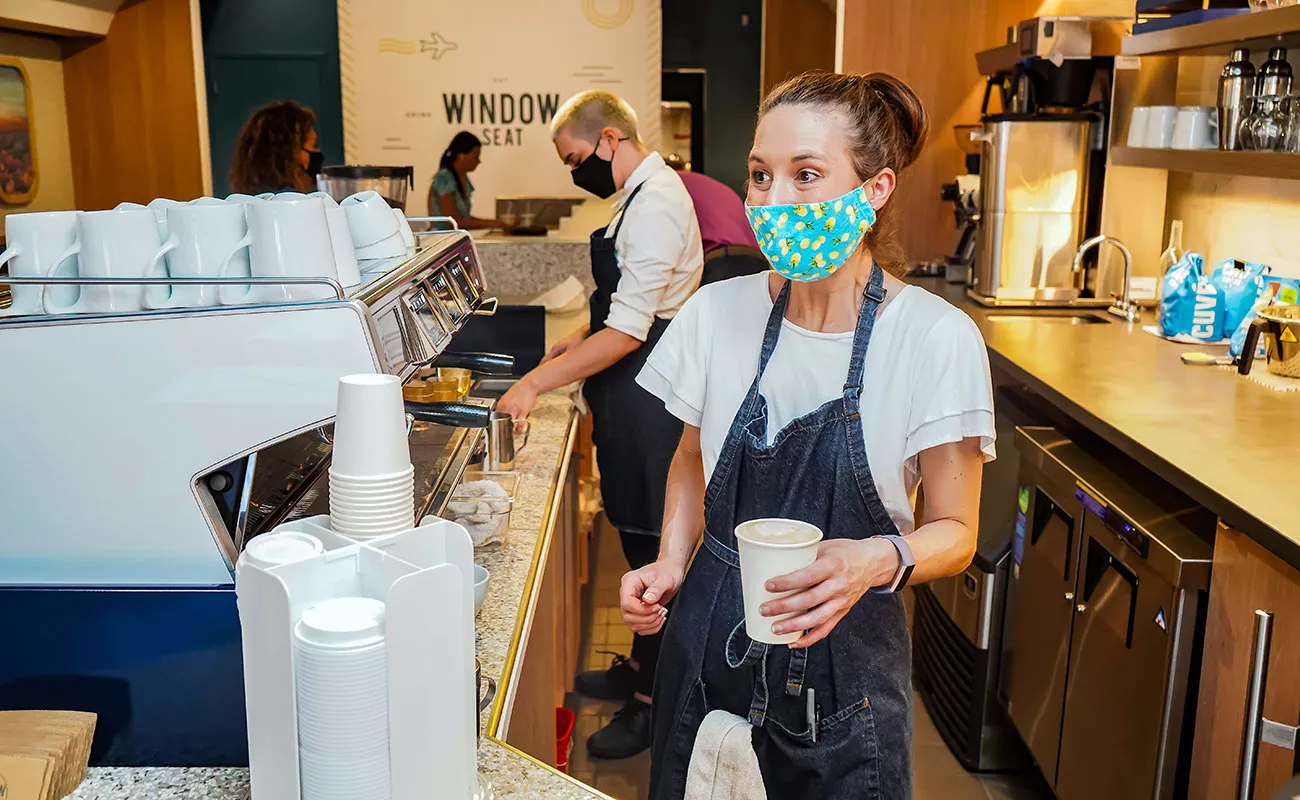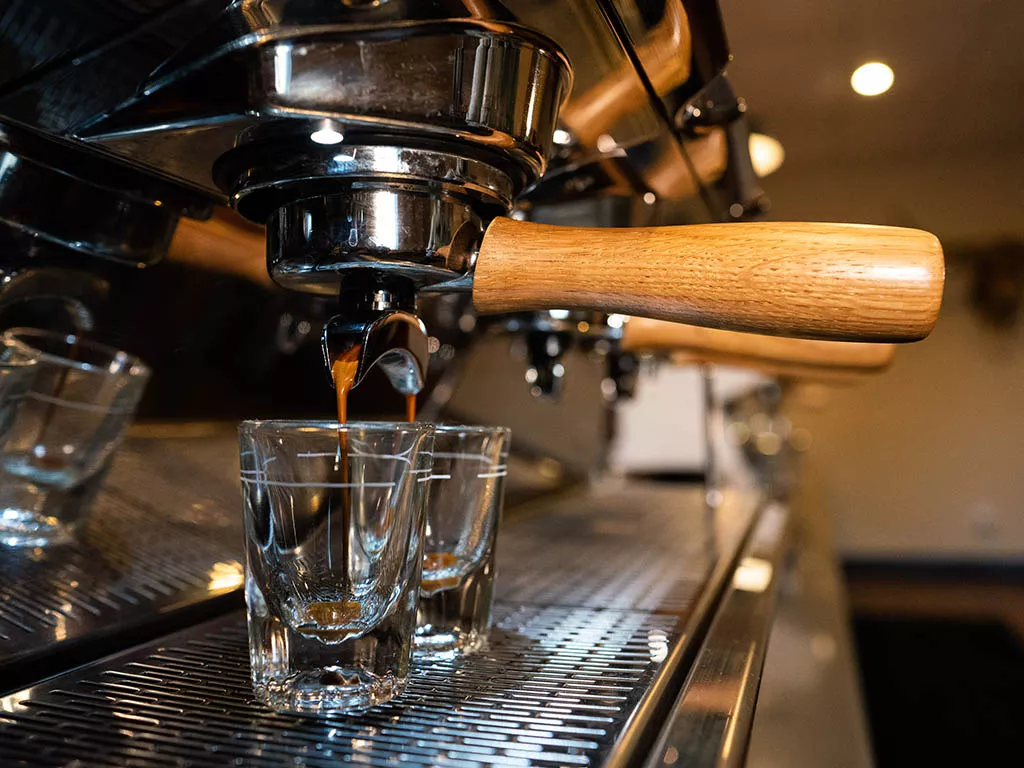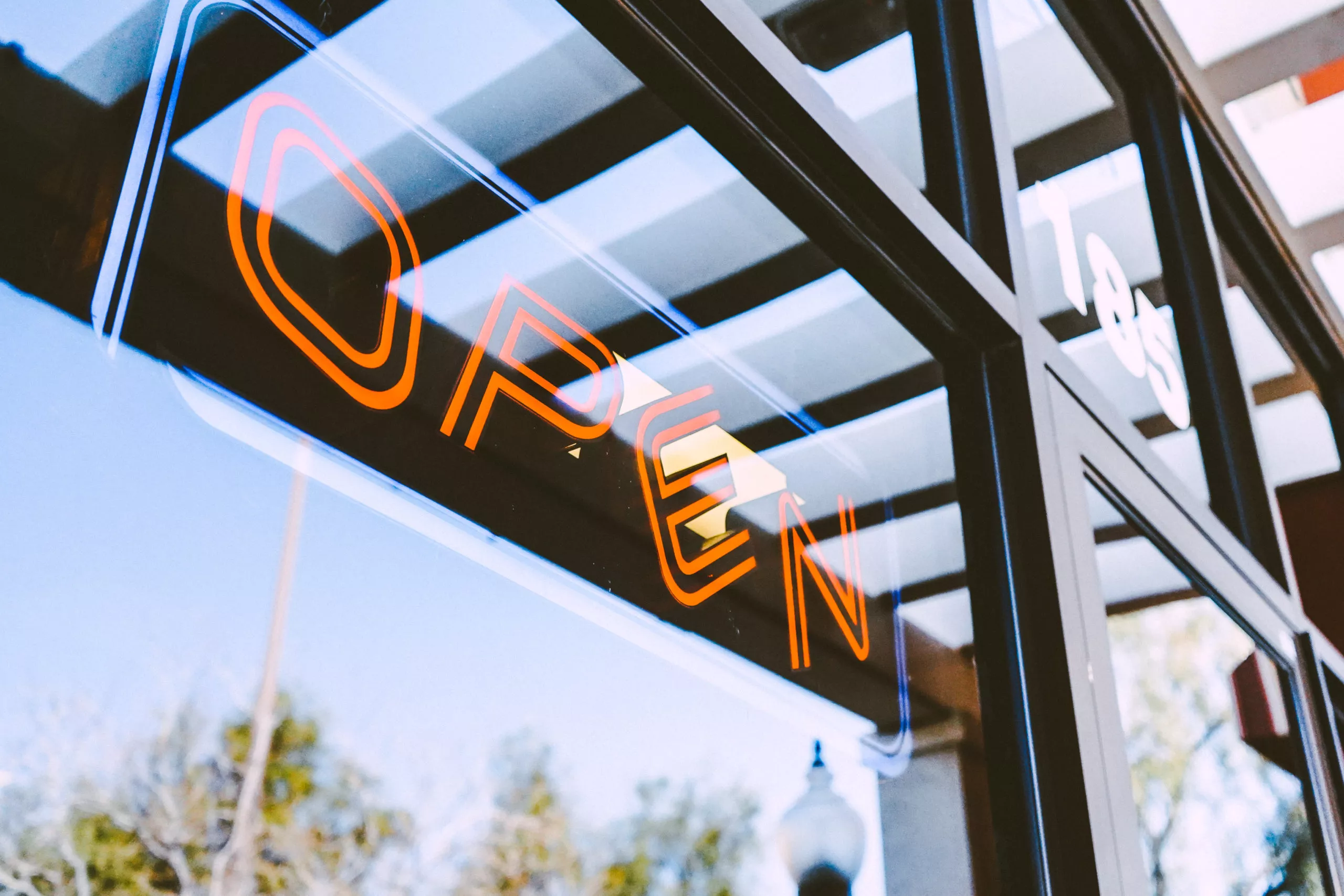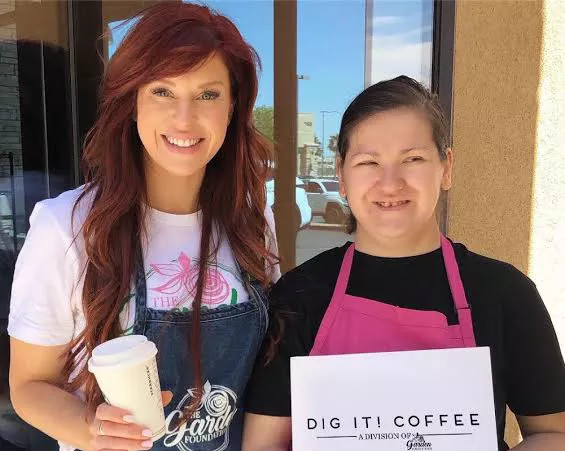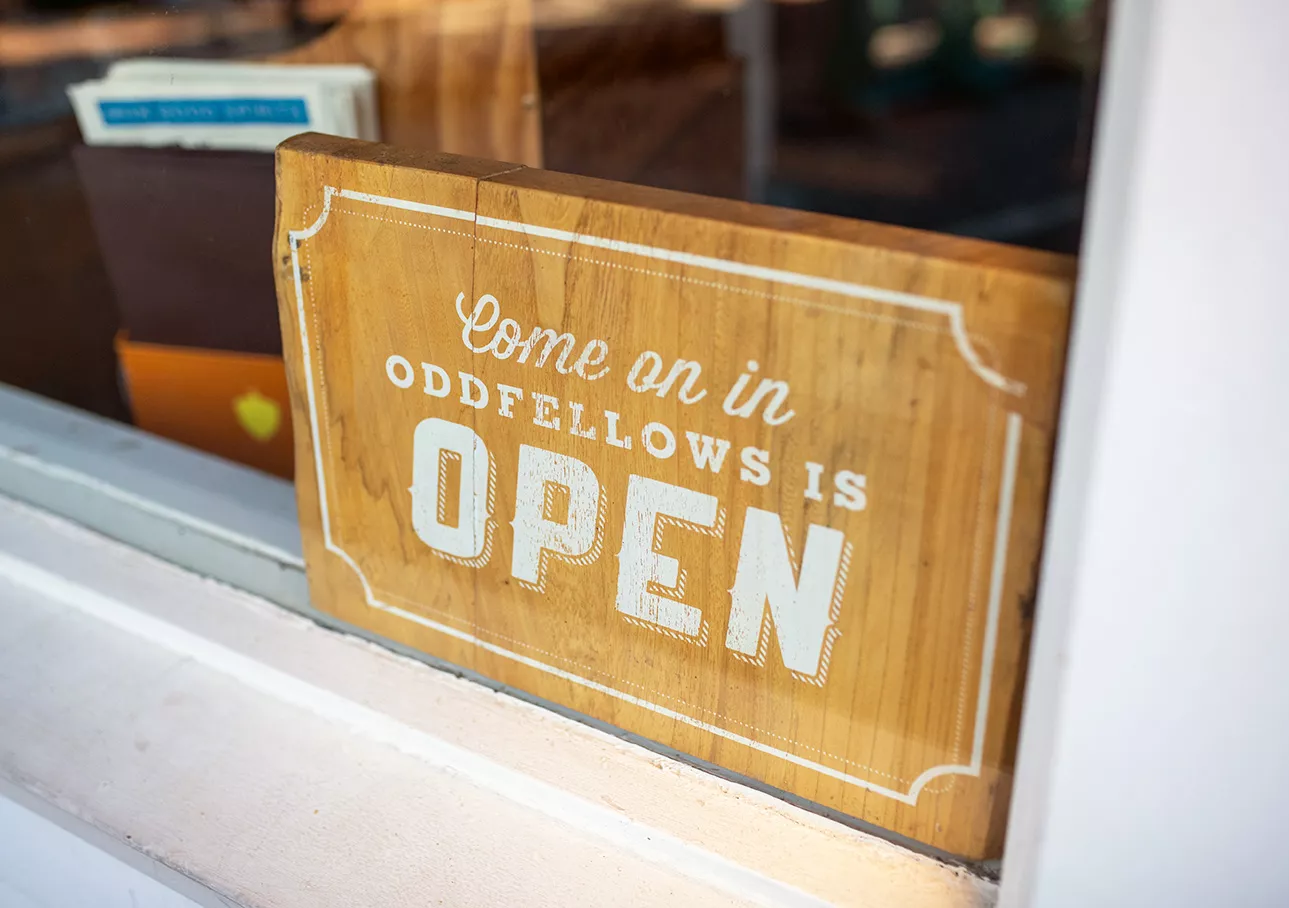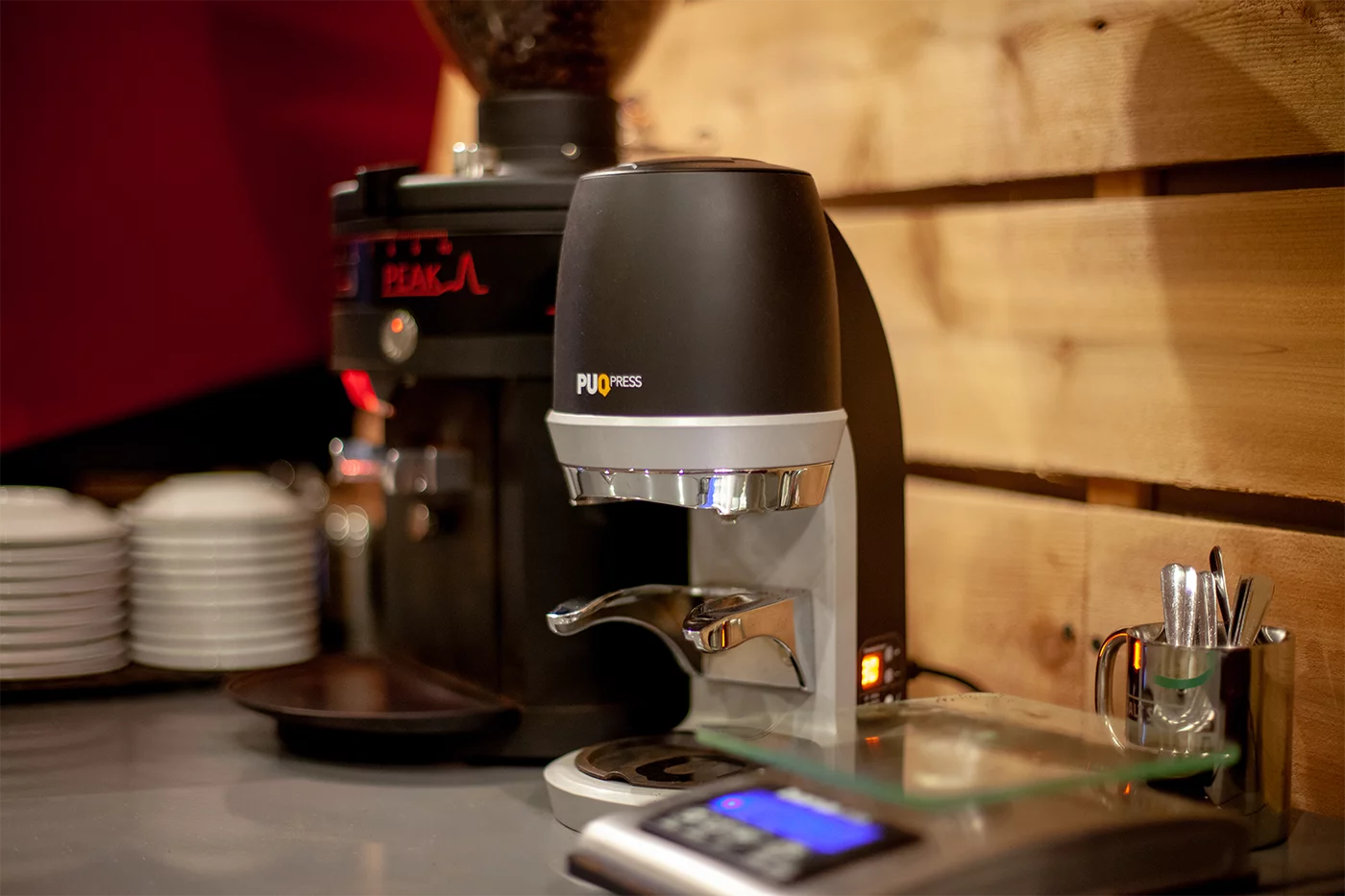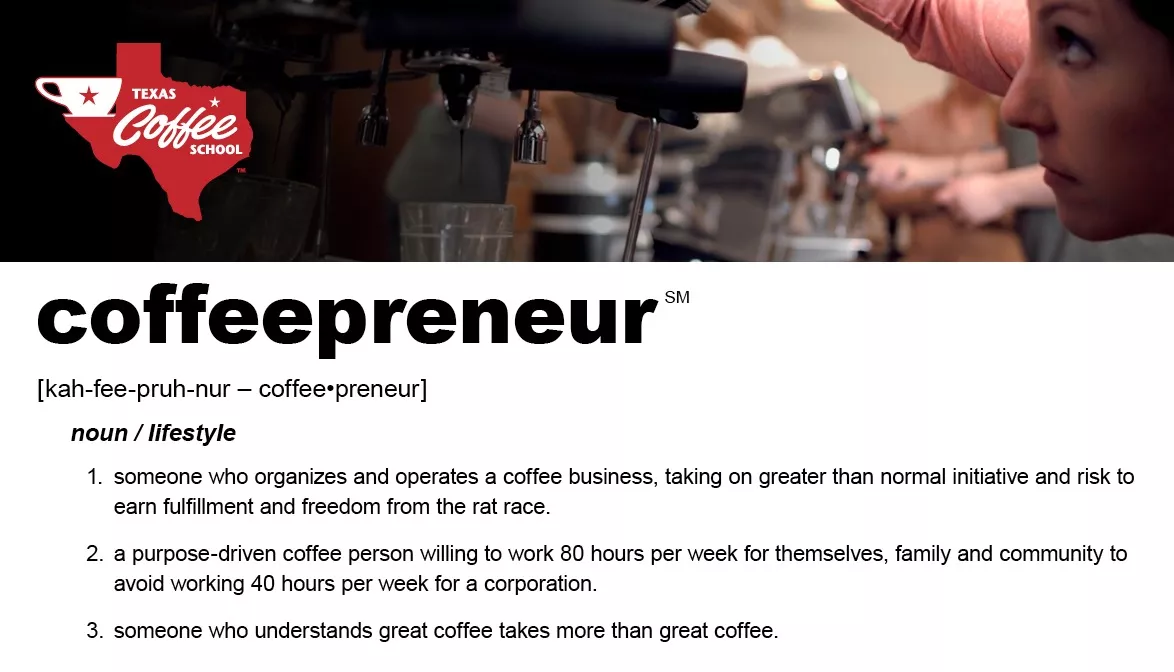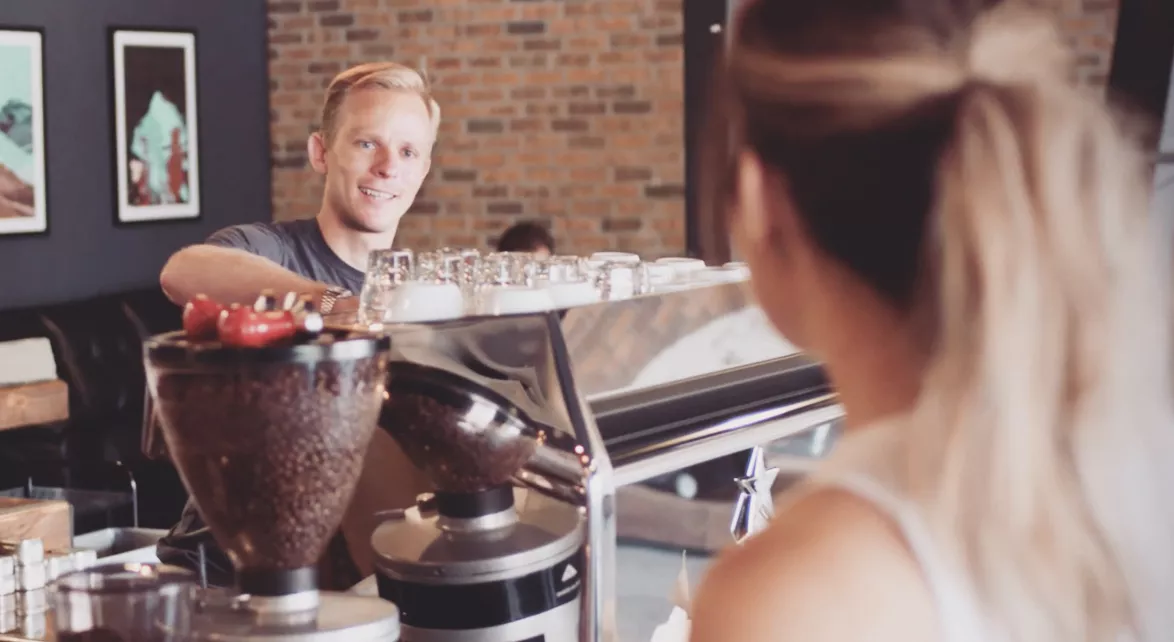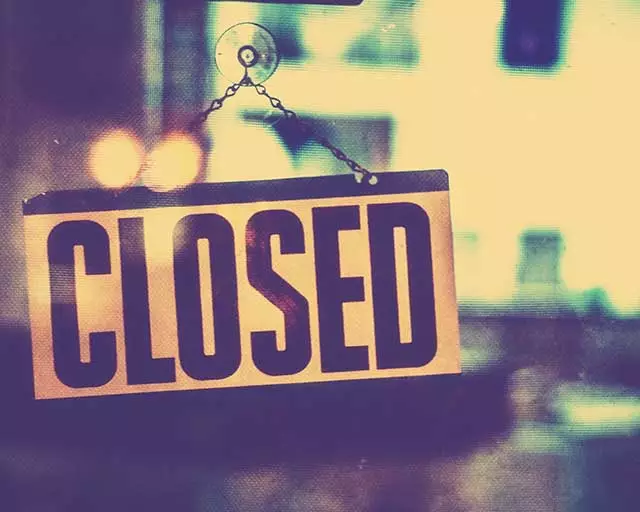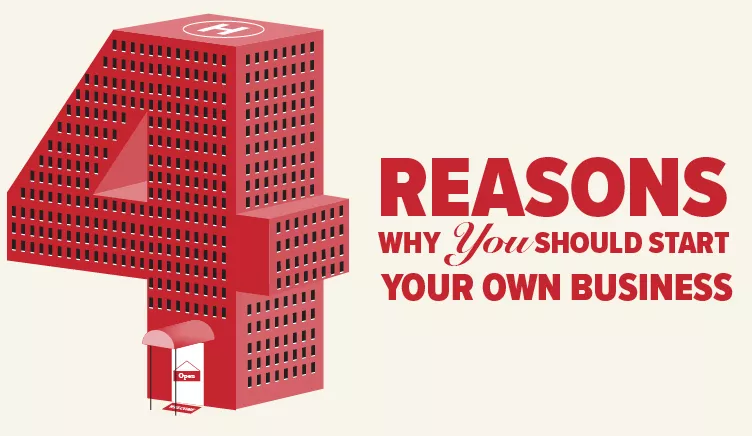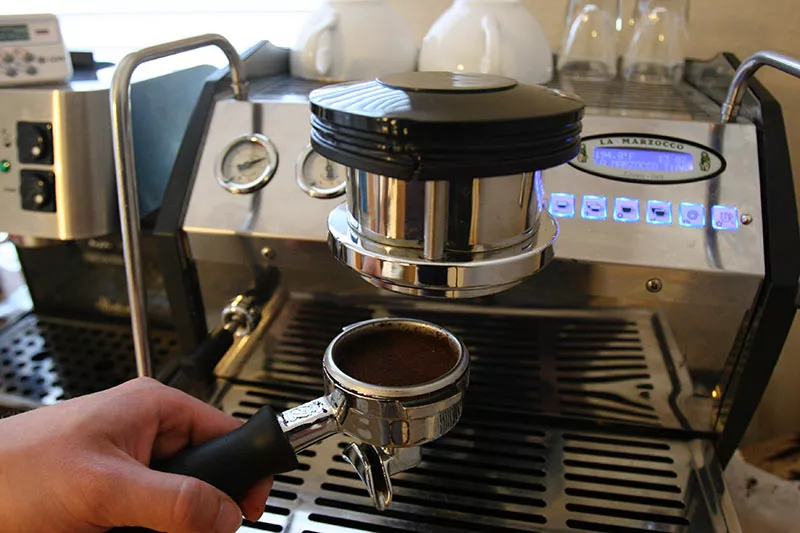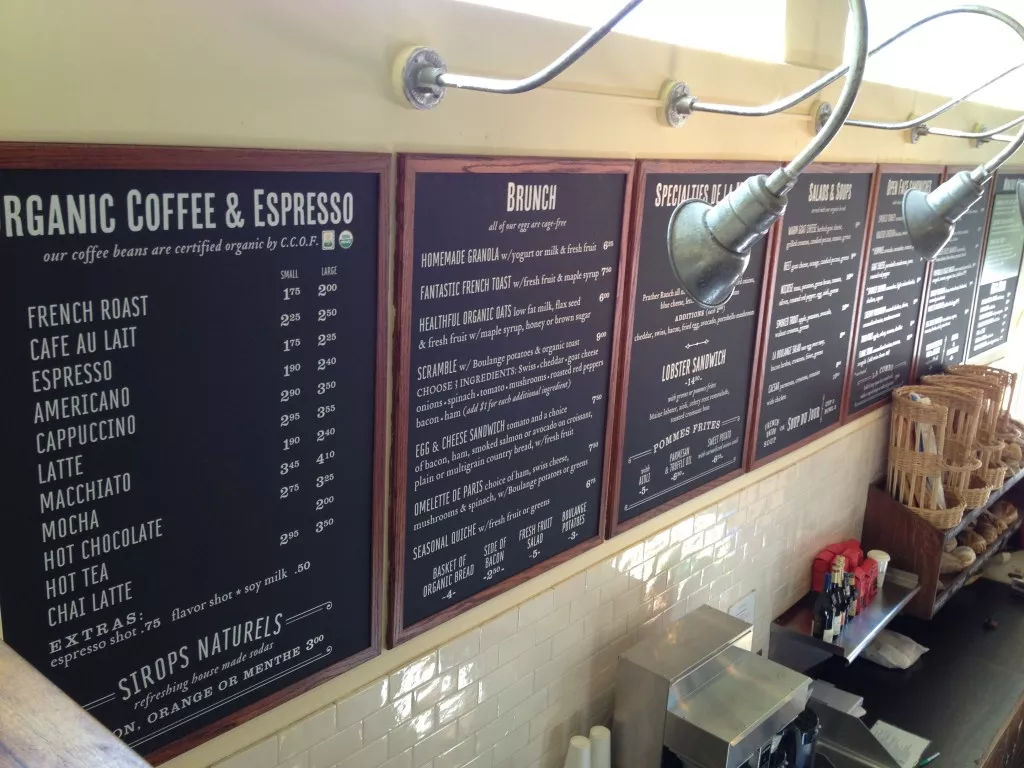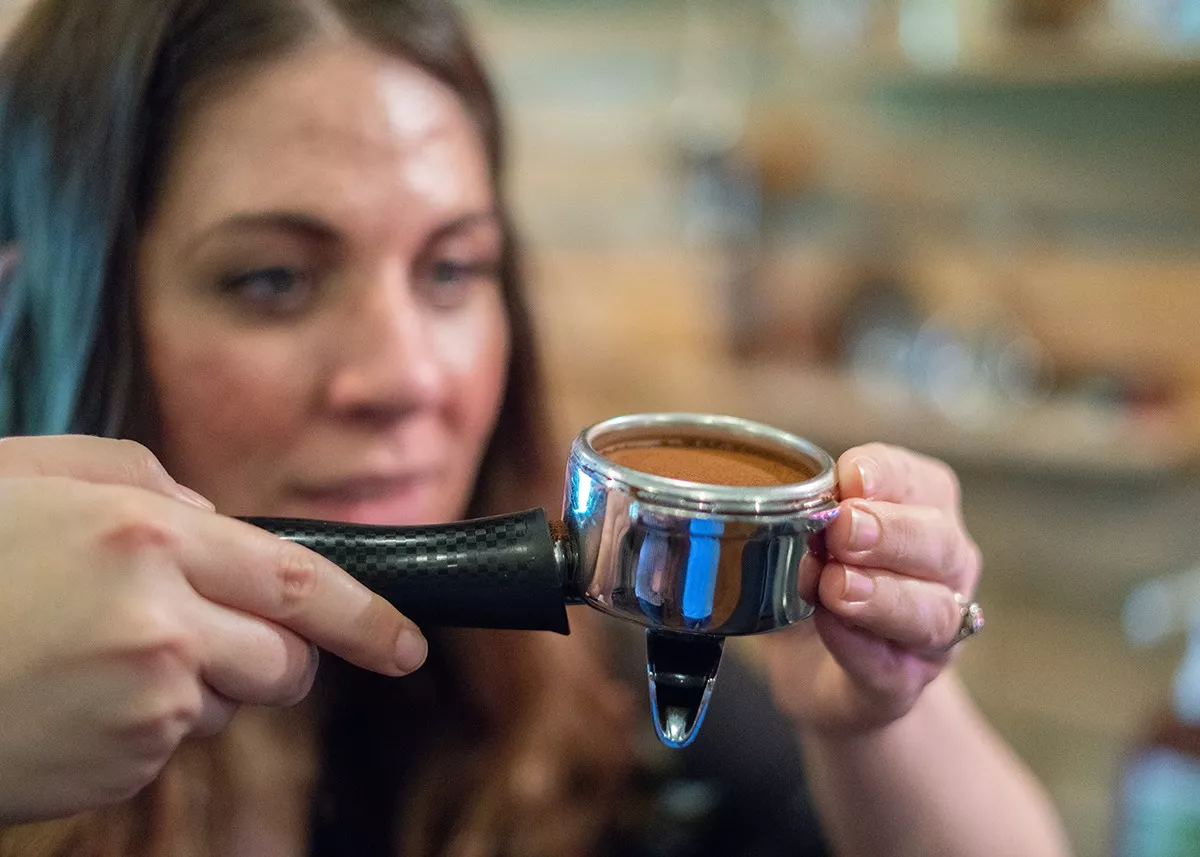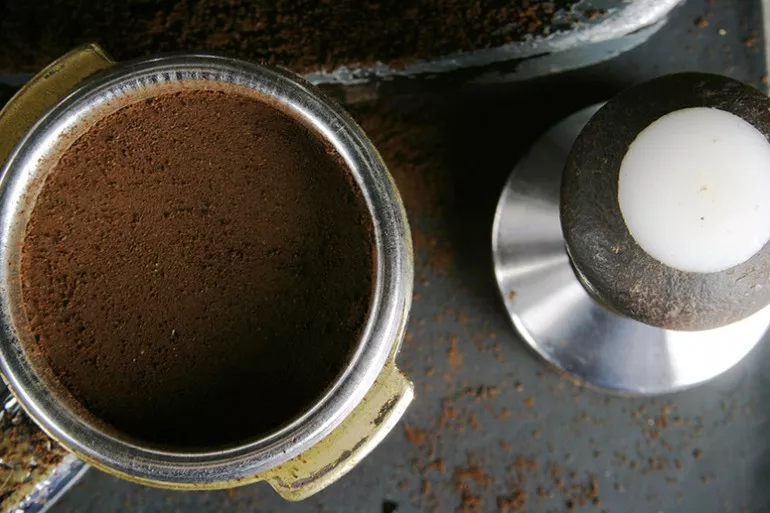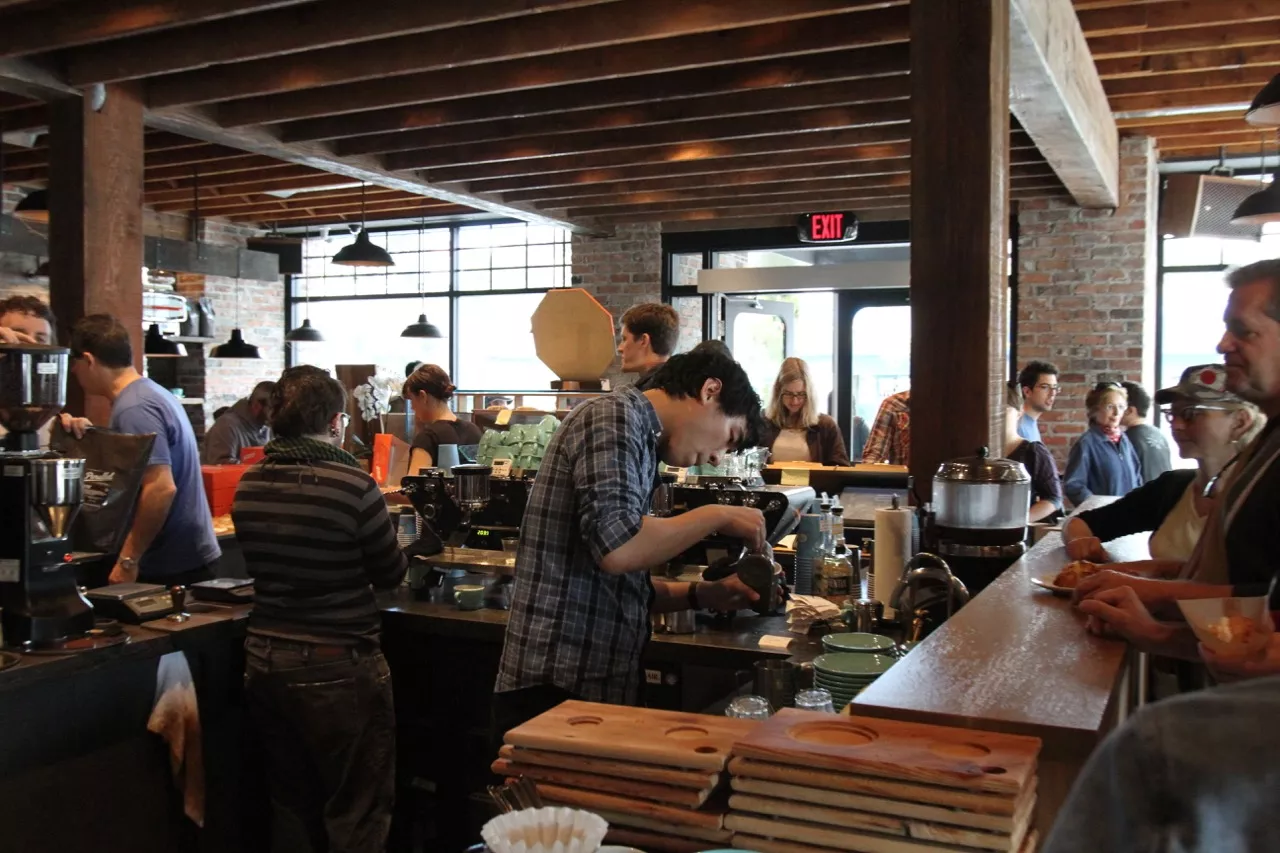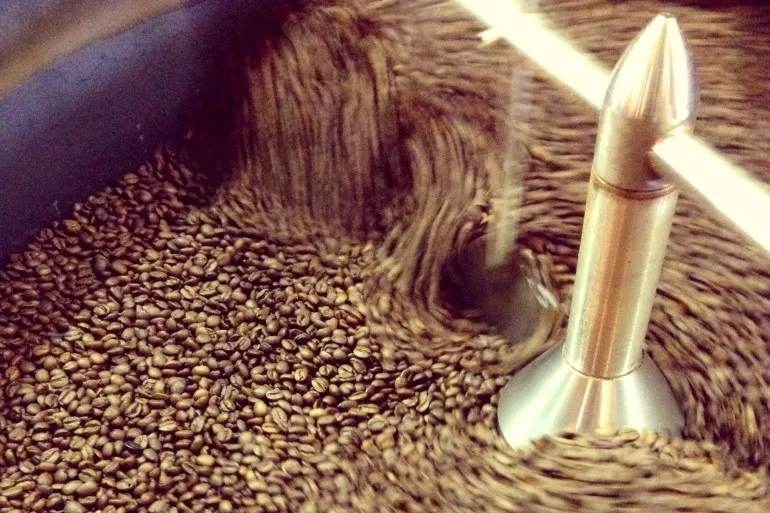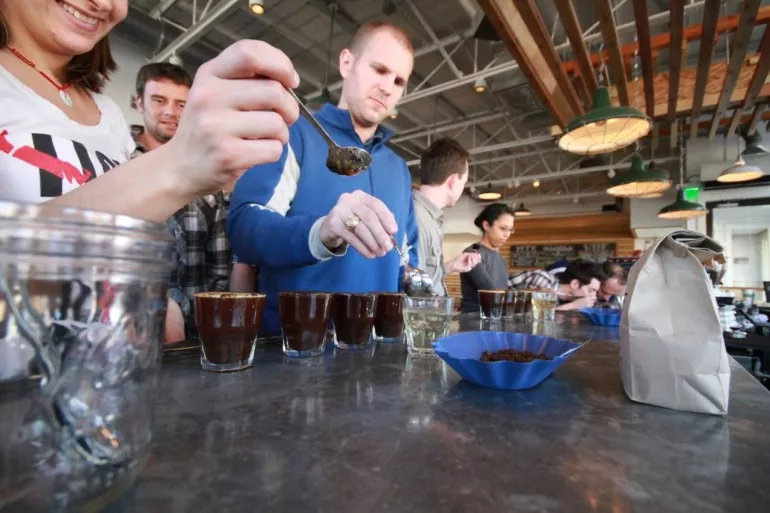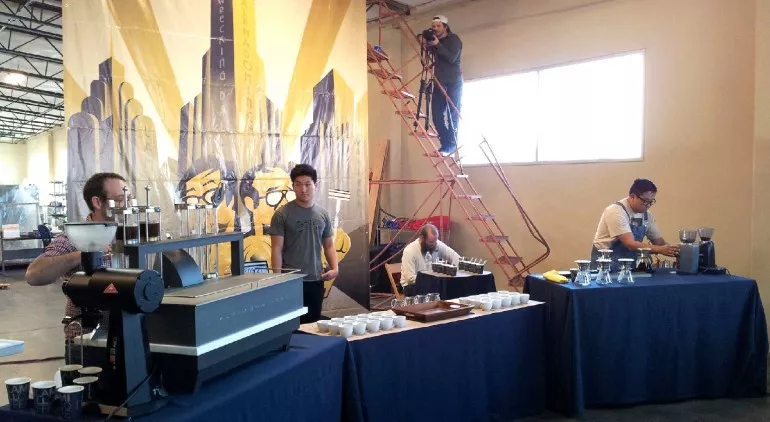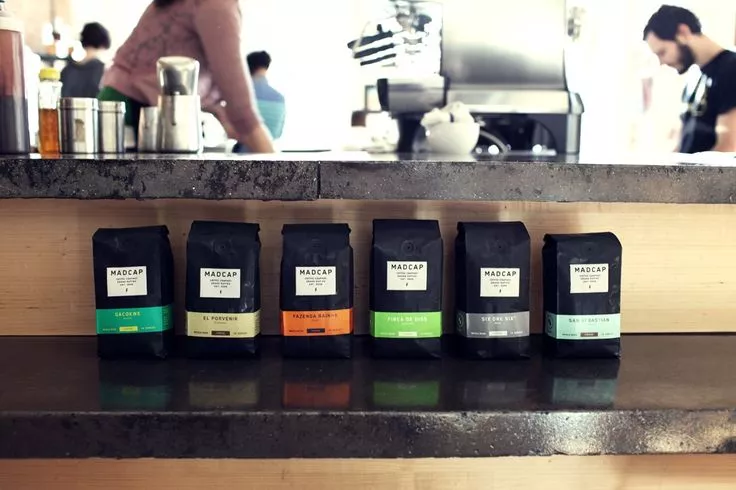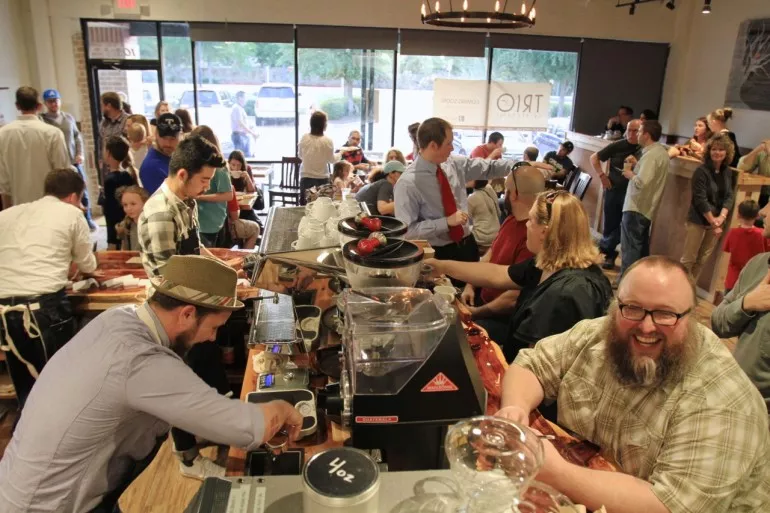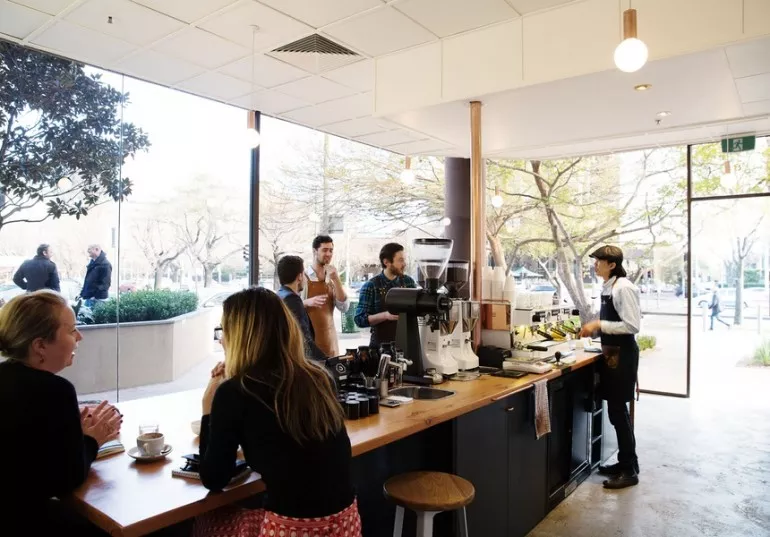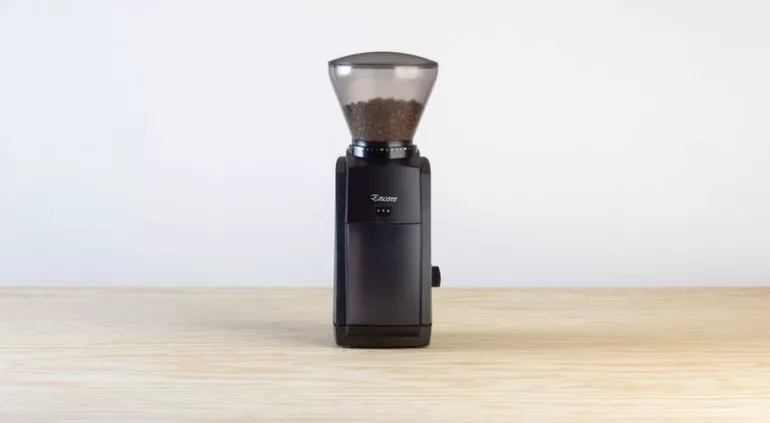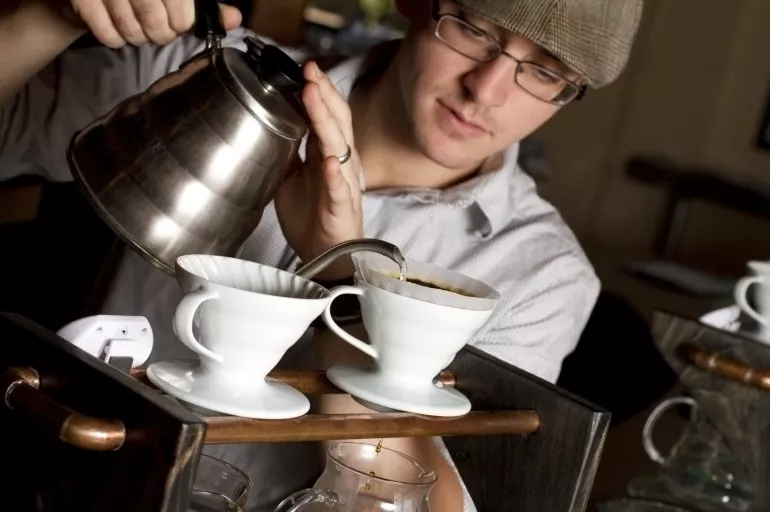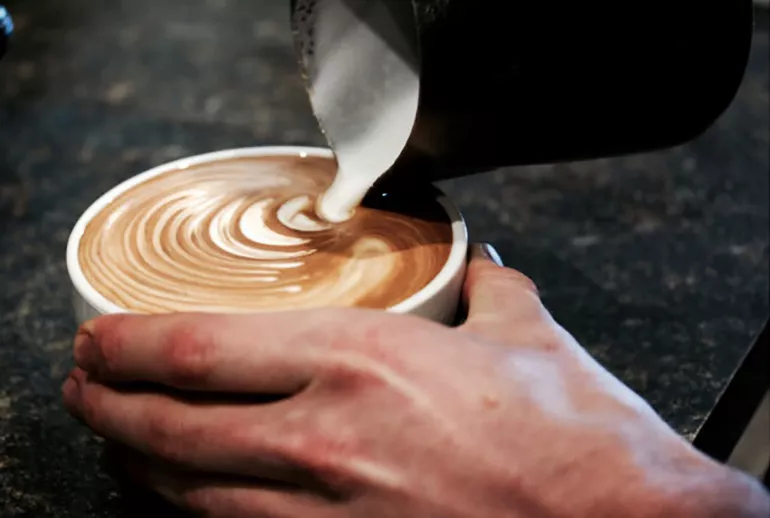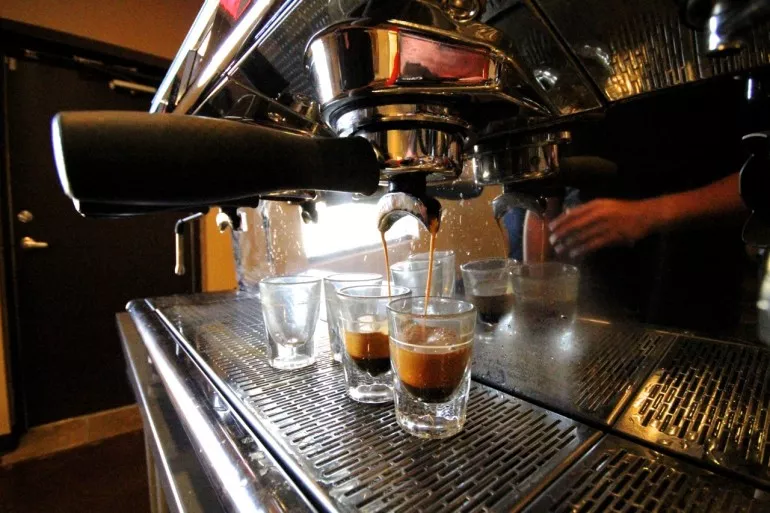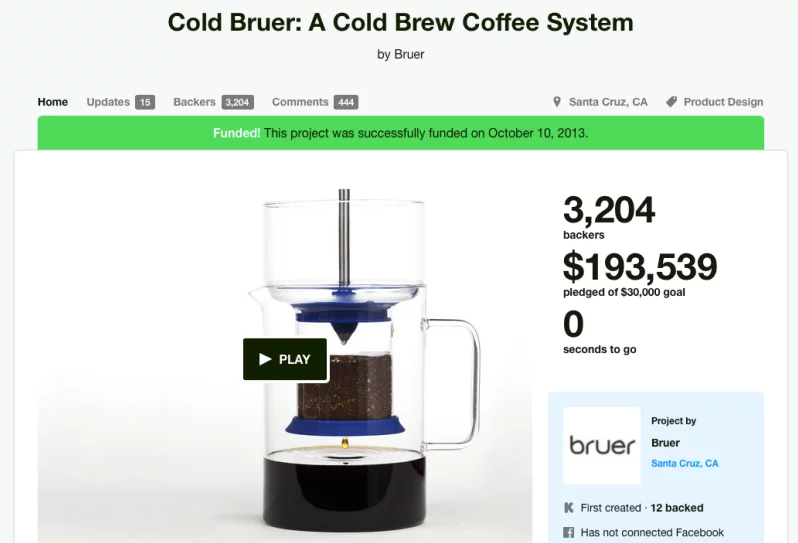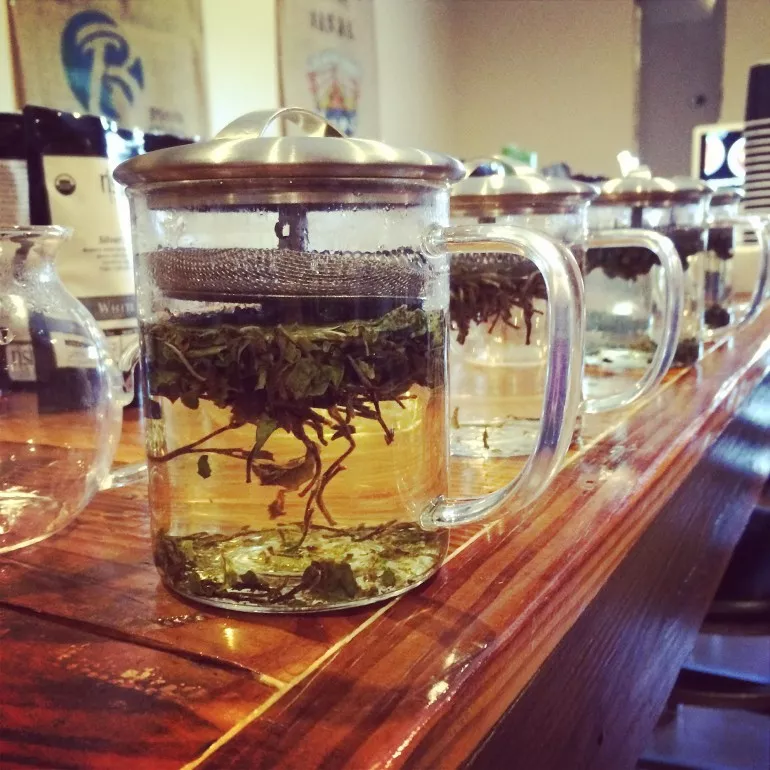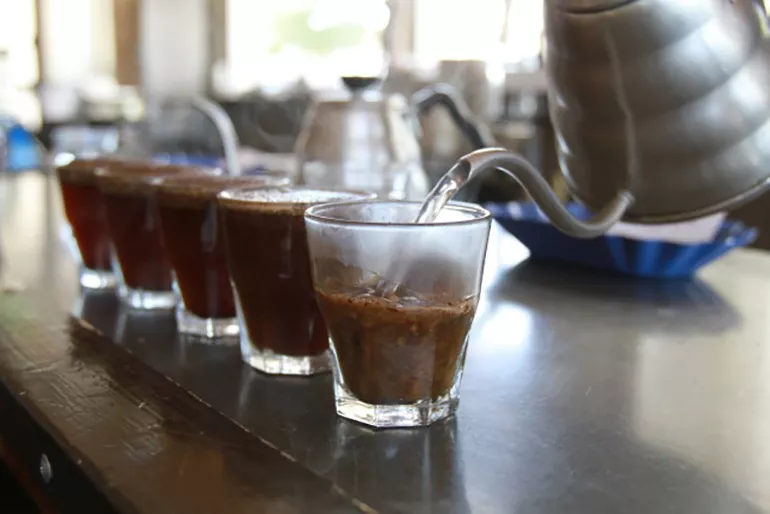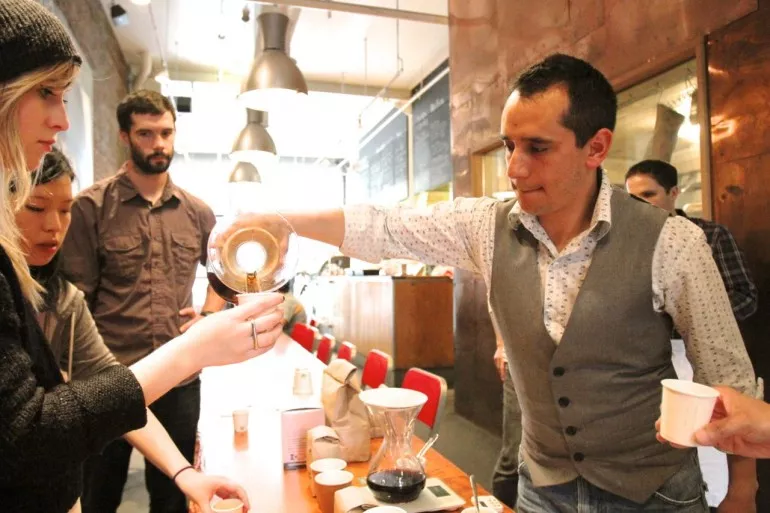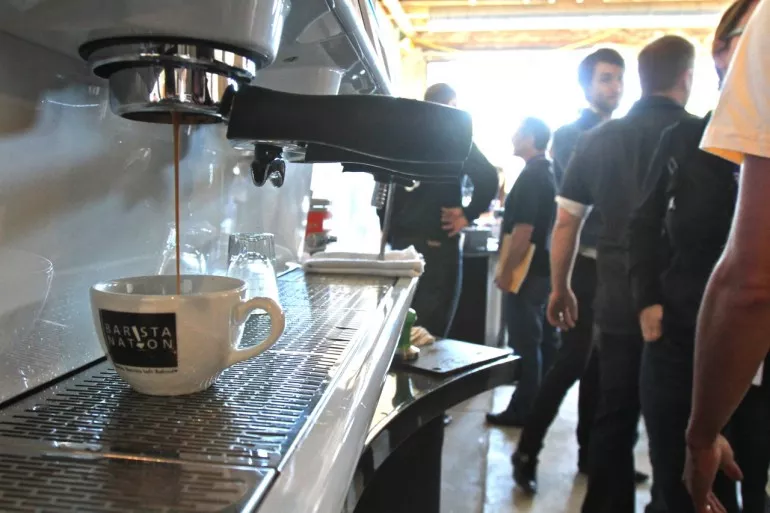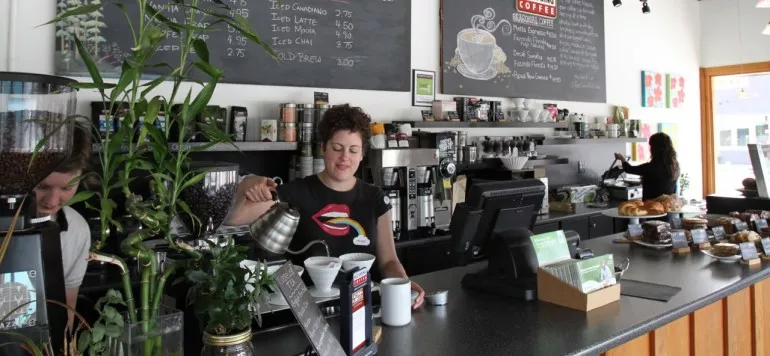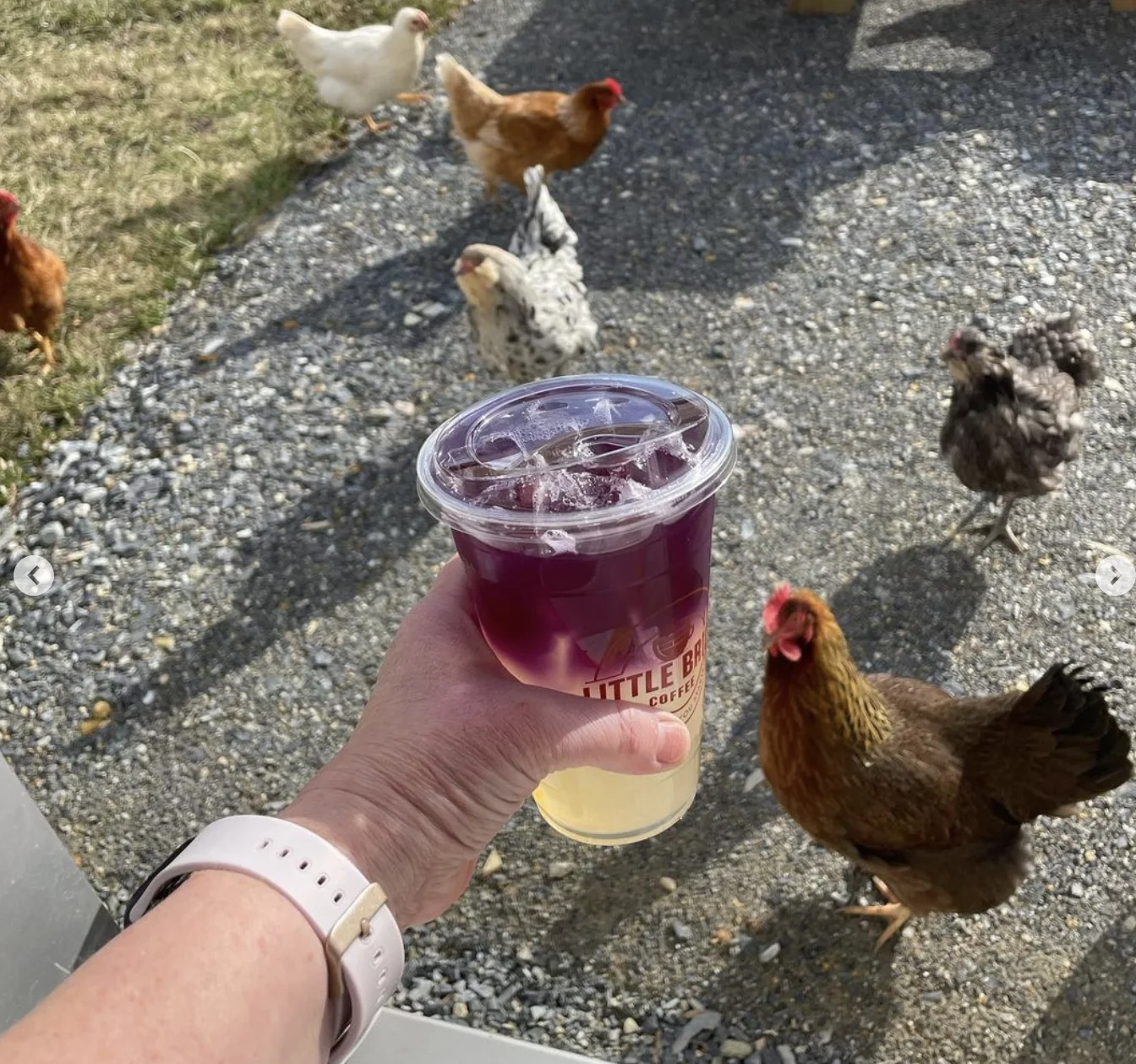
How to Open a Coffee Shop in a Small Town
Can You Open a Coffee Shop in a Small Town?
If you’re an entrepreneur living in a small town who wants to open a coffee shop, the answer is yes—you can successfully launch a coffee business! Take it from Coffeepreneur® Dorrie Pilot. As she shared with us, “I had a fear that people in small towns would not appreciate specialty coffee… and what I have been pleasantly surprised by is that my small town residents are hungry for good coffee.”
In fact, Forbes lists a few compelling reasons for why local coffee shops are more worthy of customer dollars than the big chains: They support the local economy, offer a unique customer experience, and often serve better coffee.
With the coffee industry expected to grow by 6.34% every year, there’s no time like the present to introduce your coffee business idea to a small town. Here are some best practices and a glowing example to learn from.
Want to dive into Coffeepreneurship® in the classroom?
Tips and Best Practices for Small Town Coffee Shops
Location
As the saying goes, “Location, location, location!” Choosing a location wisely is one of the first steps of starting a successful coffee shop. You’ll want to consider foot and driving traffic, nearby businesses, proximity to your target audience, square footage, average projected transaction, cost of the space, and build-out expenses. All of these factors can help you calculate earning potential and can make or break your profitability.
Dorrie, owner of Little Brick Coffee in small town Maryland, explained to us that their small building is on a state road that’s heavily trafficked. Even though the town has no traffic lights or stop signs, people drive by frequently to go to work in the big town nearby or in a trade business.
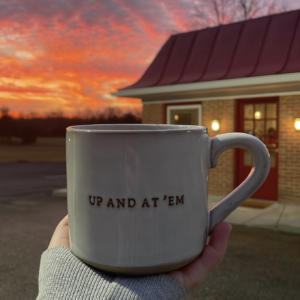
Little Brick Coffee also has a large parking lot and is 1/2 mile from a local university and 1/4 mile from the Potomac River—a popular spot for bicyclists, hikers, tourists, and kayakers. This prime real estate led to wild success in just one month of being open!
Menu Pricing
Setting the prices for your menu while managing cost of goods sold is a fine balance for small town coffee shops. It can be tempting to set prices based on what you think your customers will pay or what another shop is charging. Resist this temptation and look at your numbers, instead.
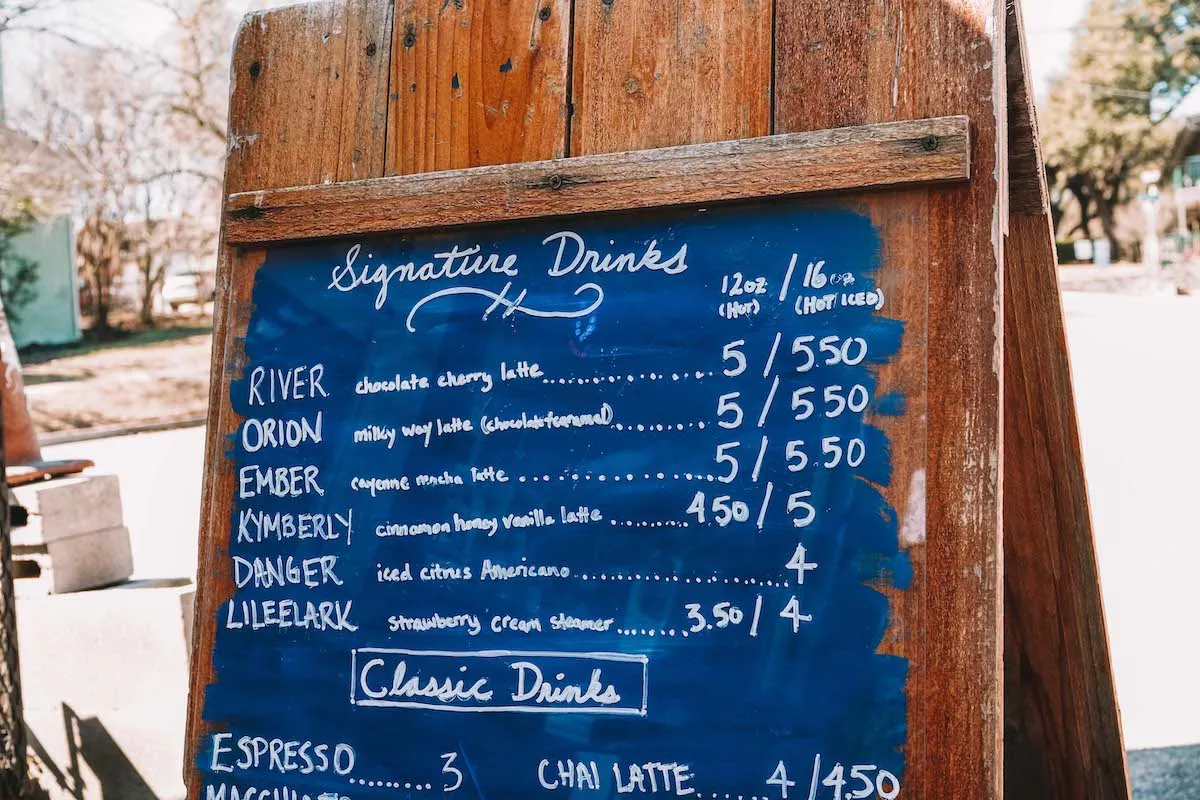
You can calculate the cost of each menu item by adding the expenses of ingredients, shipping, and waste or theft. We suggest setting prices that account for at least 70%-90% profit and no more than 30% COGS.
If you’re worried about charging higher—yet necessary—prices in your small town, it may not be as hard as you think. In Debbie’s words, “As hesitant as I was to price myself out of my small town market, I have had zero push back on my pricing, and have set myself up for a very profitable business.”
Plus, here are a few drink recipe ideas to get you started:
- Sweet Potato Latte
- Maple Bourbon Latte
- Peppermint Rooibos Mocha
- Japanese Style Iced Coffee
- Coffee Shop Signature Drink Recipes
Drive Thru
It’s time to talk about one of our most recommended tips for coffee shops across the country, but especially those in small towns—having a drive thru! The rise of taking coffee to-go is on the rise now more than ever, and has made drive thrus an essential part of rural coffee businesses. Not only do you attract customers like commuters and parents dropping kids off at school, but you can greatly increase your output of drinks.

Just keep in mind that a drive thru might require extra parking lot space for a car line. And baristas will have to learn to multitask while keeping both in-store and drive thru customers satisfied. But with a good traffic flow and staff deployment, it can be done with excellence!
Hybrid Model
Even with the perfect location and profitable menu prices, a traditional coffee shop can still face challenges in today’s overly inflated commercial real estate market. But a hybrid model can help raise the bottom line on your balance sheet. How? By increasing (and diversifying) the number revenue streams, number of transactions, and the dollar amount of each transaction.
Is there another stream of revenue your small town might benefit from? Get creative here! It could be ice cream, salon services, tourist attraction, antiques, bakery, general store—anything that might draw additional customers to the store and raise your profitability. We’ve seen dozens and dozens of coffee shops around the country find success with this method. We even believe it’s the future of coffee shops.
Marketing & Community Building
Finally, in a small town, it’s critical to weave your business into the fabric of the community. And there are endless ways to go about it! Your coffee shop could:
- Sponsor the local youth sports league
- Host on-site events and list them in event calendars
- Place an ad with a promo code in the local magazine
- Volunteer at a local nonprofit
- Invite community council members to host meetings at your shop
- Create a loyalty program for customers
- Post on social media and engage with followers
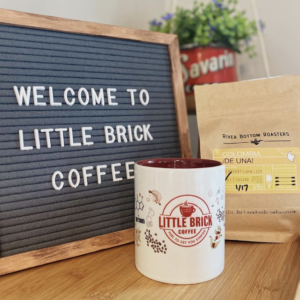
Little Brick Coffee posts almost daily on social media and shares customers’ posts that mention them. There’s so many ways to get your neighbors excited about your coffee shop. Feel free to try out different ideas until you find what works.
Successful Small Town Coffee Shop
Throughout the ideas listed above, we’ve mentioned Little Brick Coffee, owned by Coffeepreneurs® Dorrie and Jeff Pilot. The couple bought an eight-acre property in Sharpsburg, Maryland, population 900. In the first few days of being open, the coffee shop produced 477 drinks!
Dorrie attended the 3-Day Coffee Business Master Class last summer and learned the step-by-step of how to start a coffee shop. “I left with my head spinning with all of the knowledge I had gained,” she shares. “Thank you for driving home the business side of the coffee world.”
Little Brick Coffee is a perfect example of how coffee shops can succeed in a small town while delighting the community. Are you ready to follow in their footsteps? You can attend the same class as Dorrie and walk away with all the knowledge you need to start your own coffee business!
View upcoming class dates and secure your spot today!
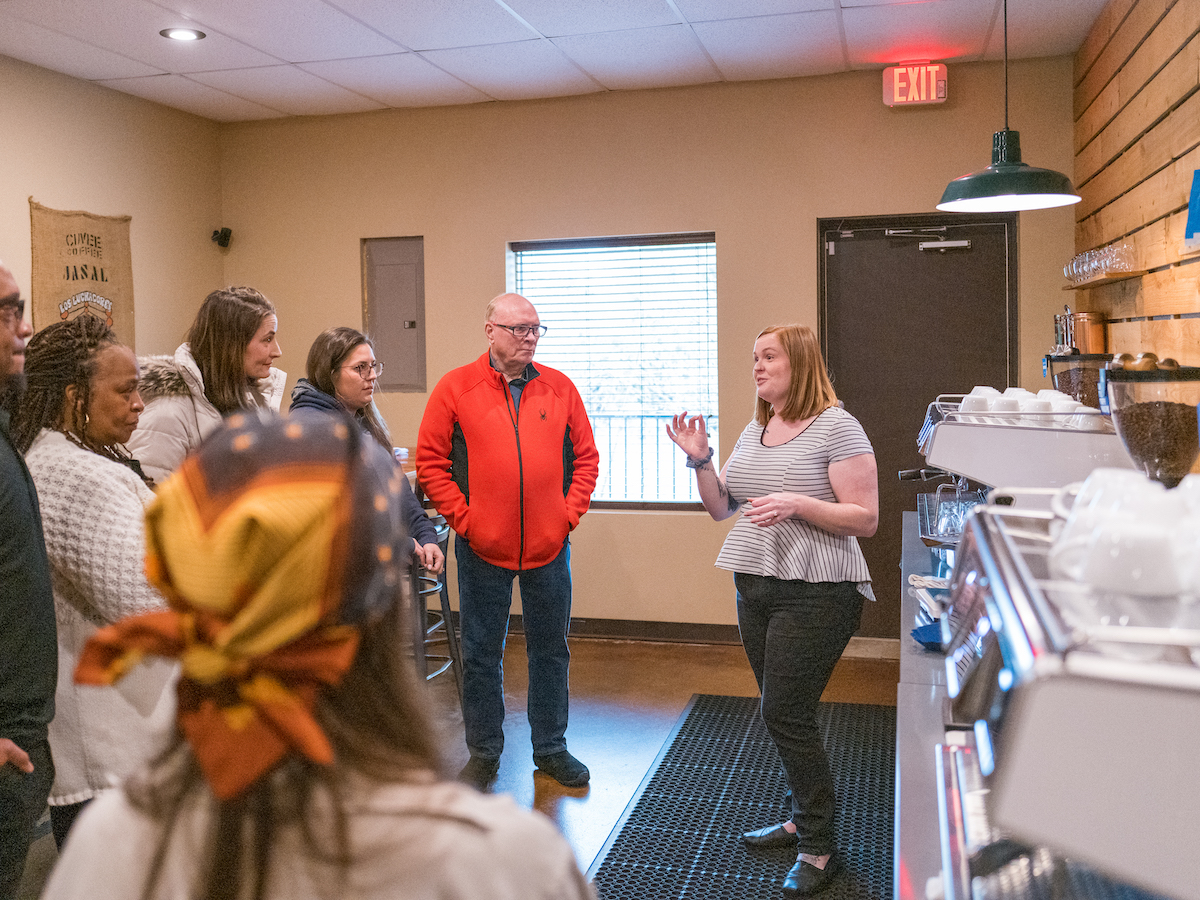

Register for a Coffee Class
The Best Coffee Training Available
We’ve helped hundreds of students successfully launch their own coffee shop businesses. Join us in our 5-Star Rated Coffee Classes, whether you’re an aspiring entrepreneur looking to open a coffee shop, a manager, a barista or home enthusiast looking to sharpen your skills.


